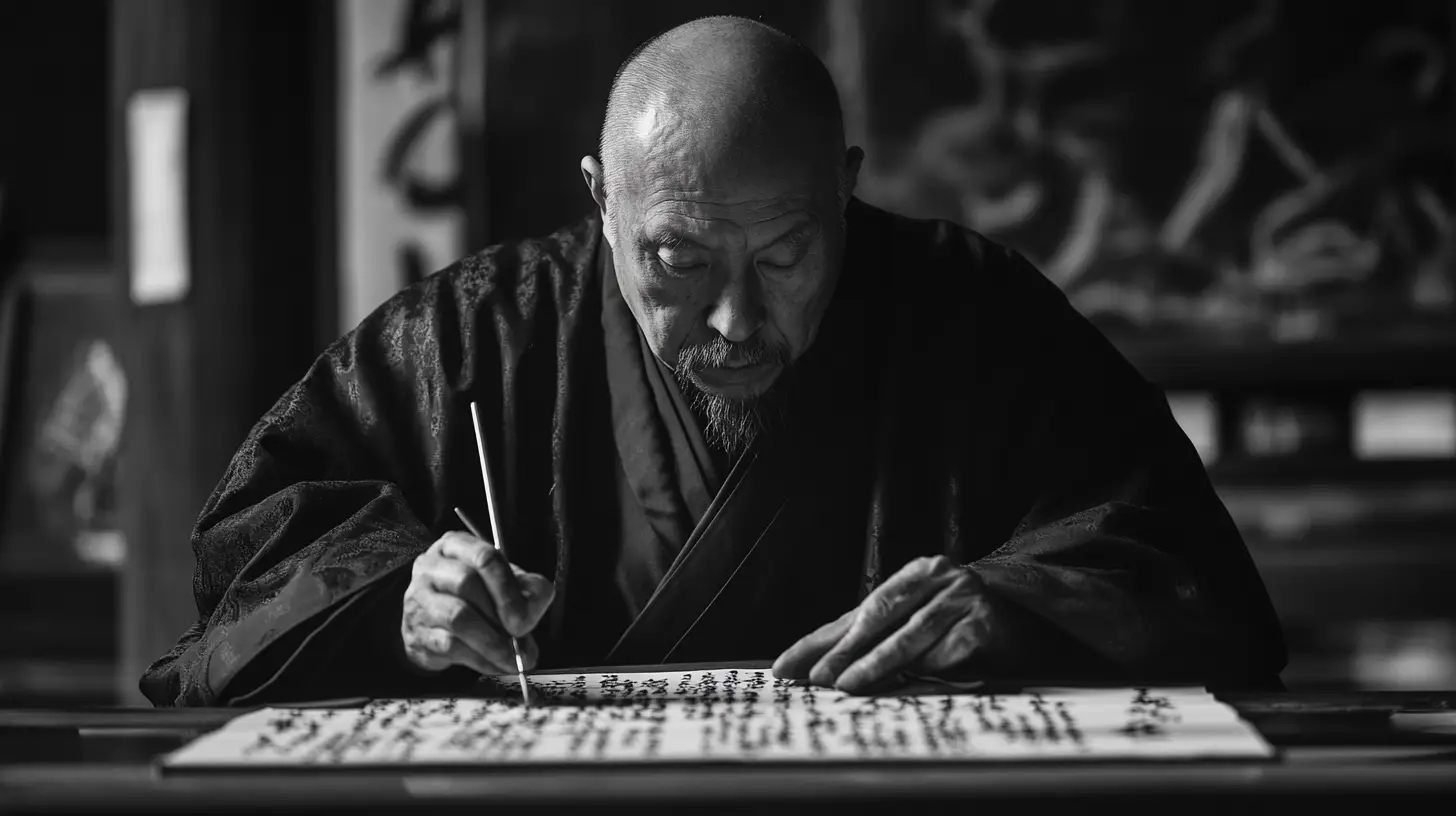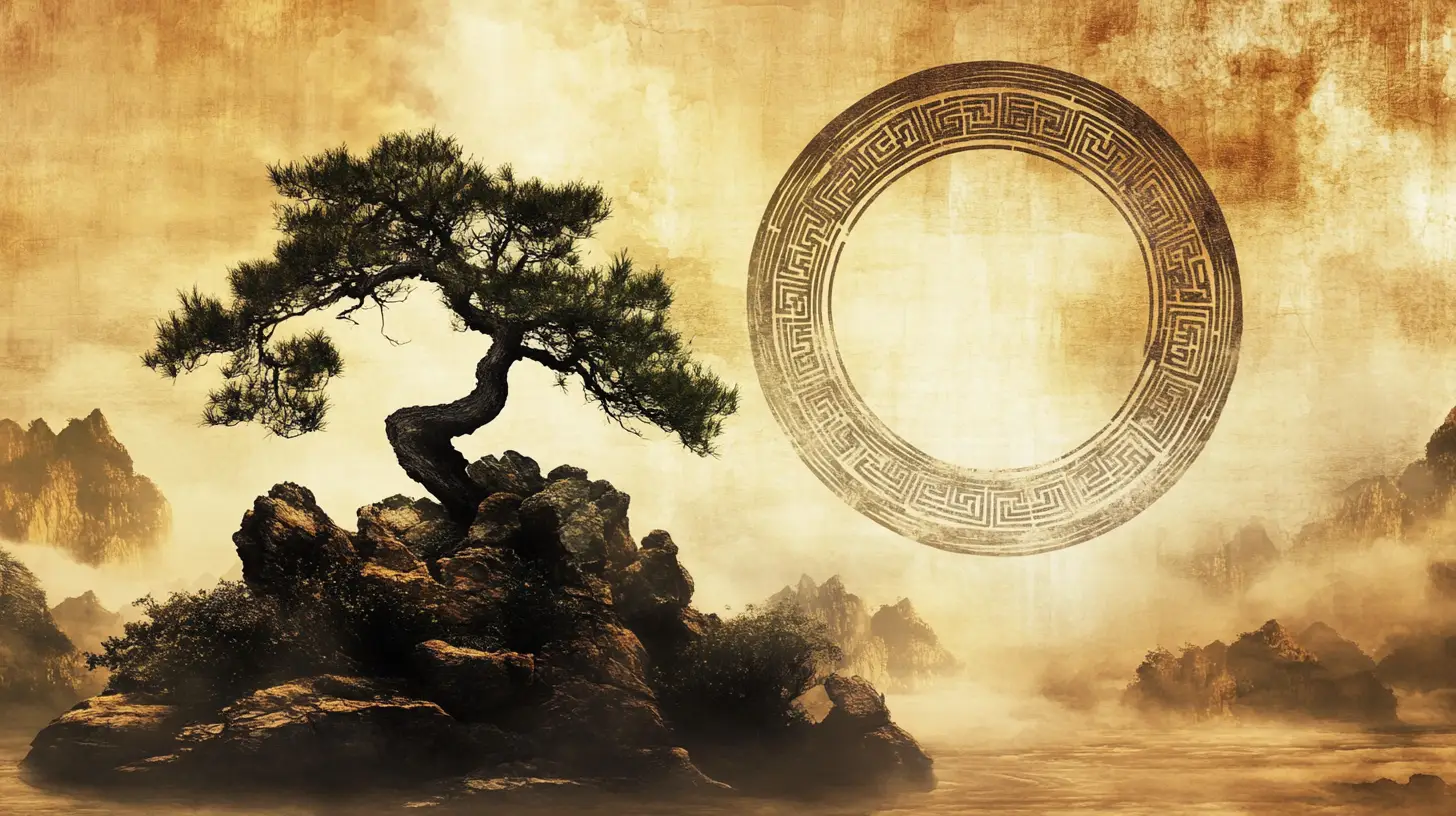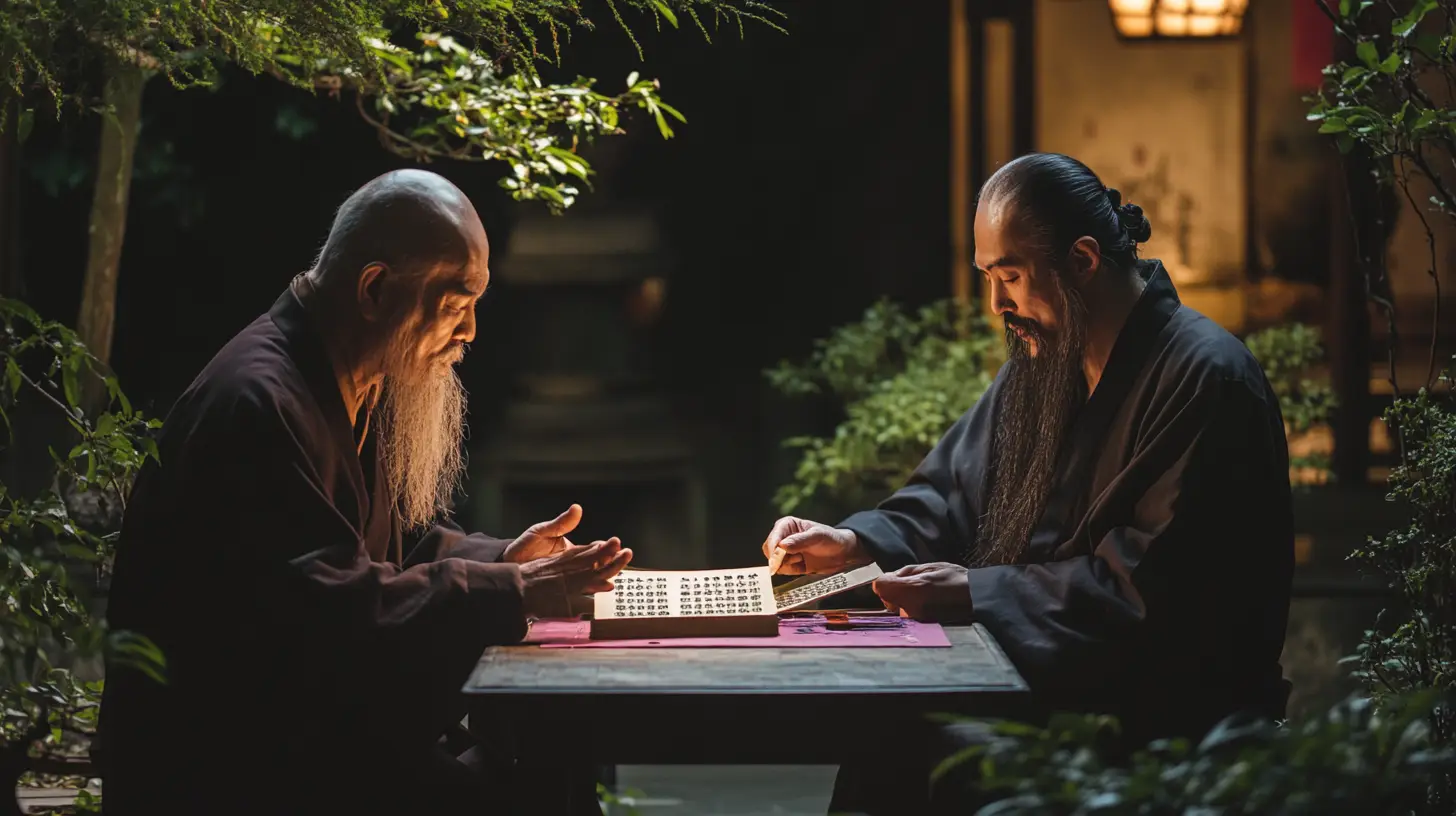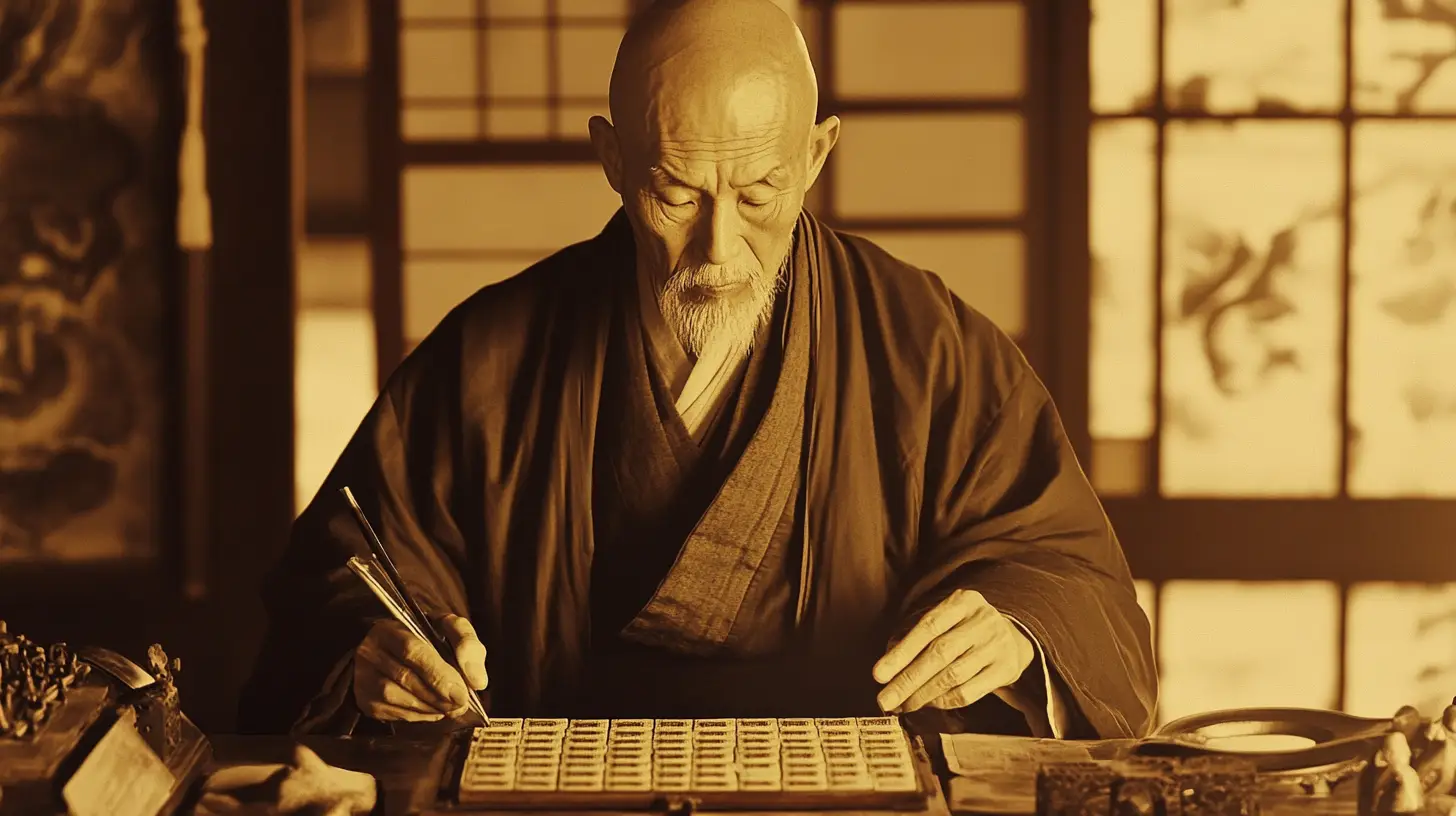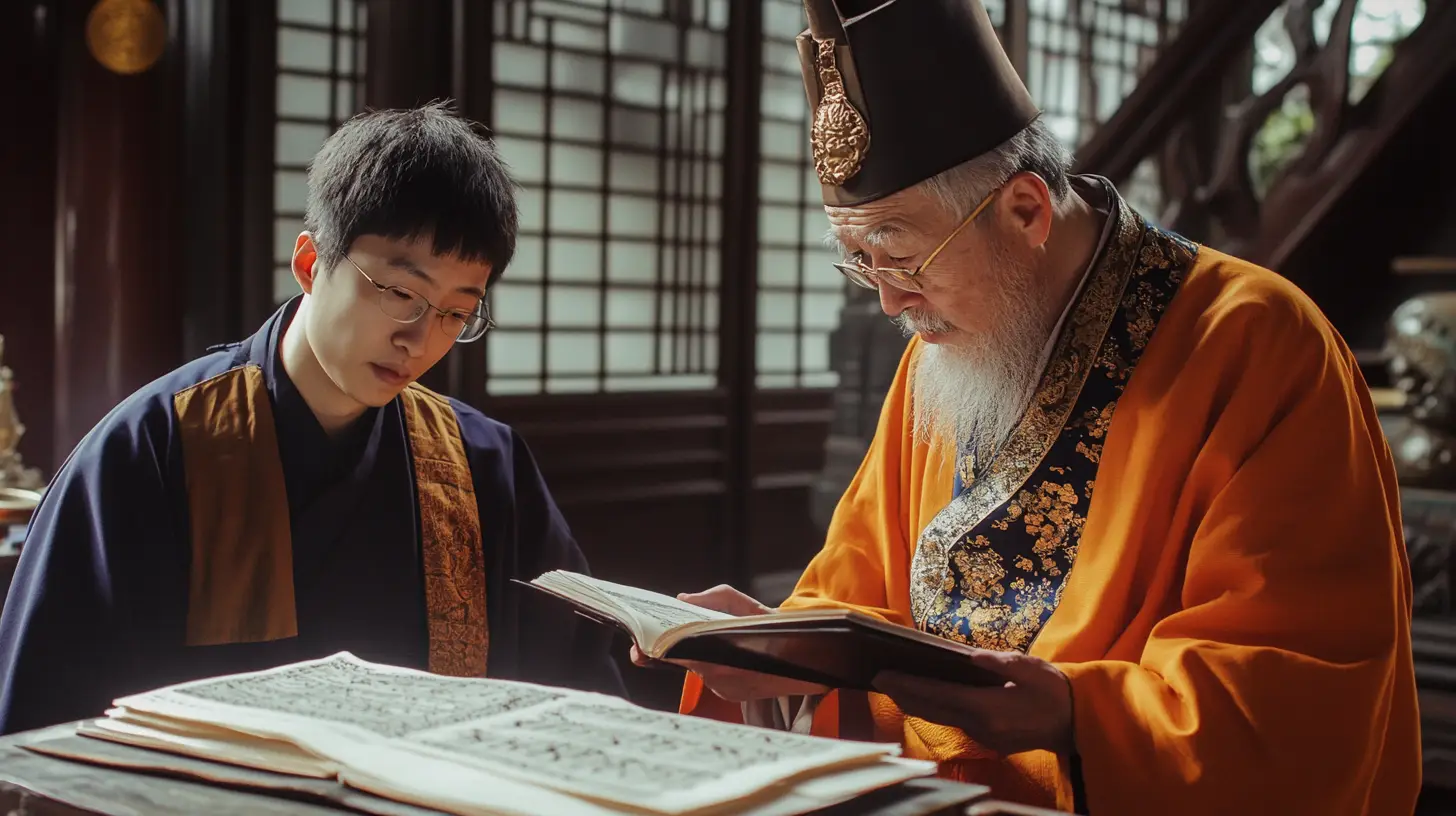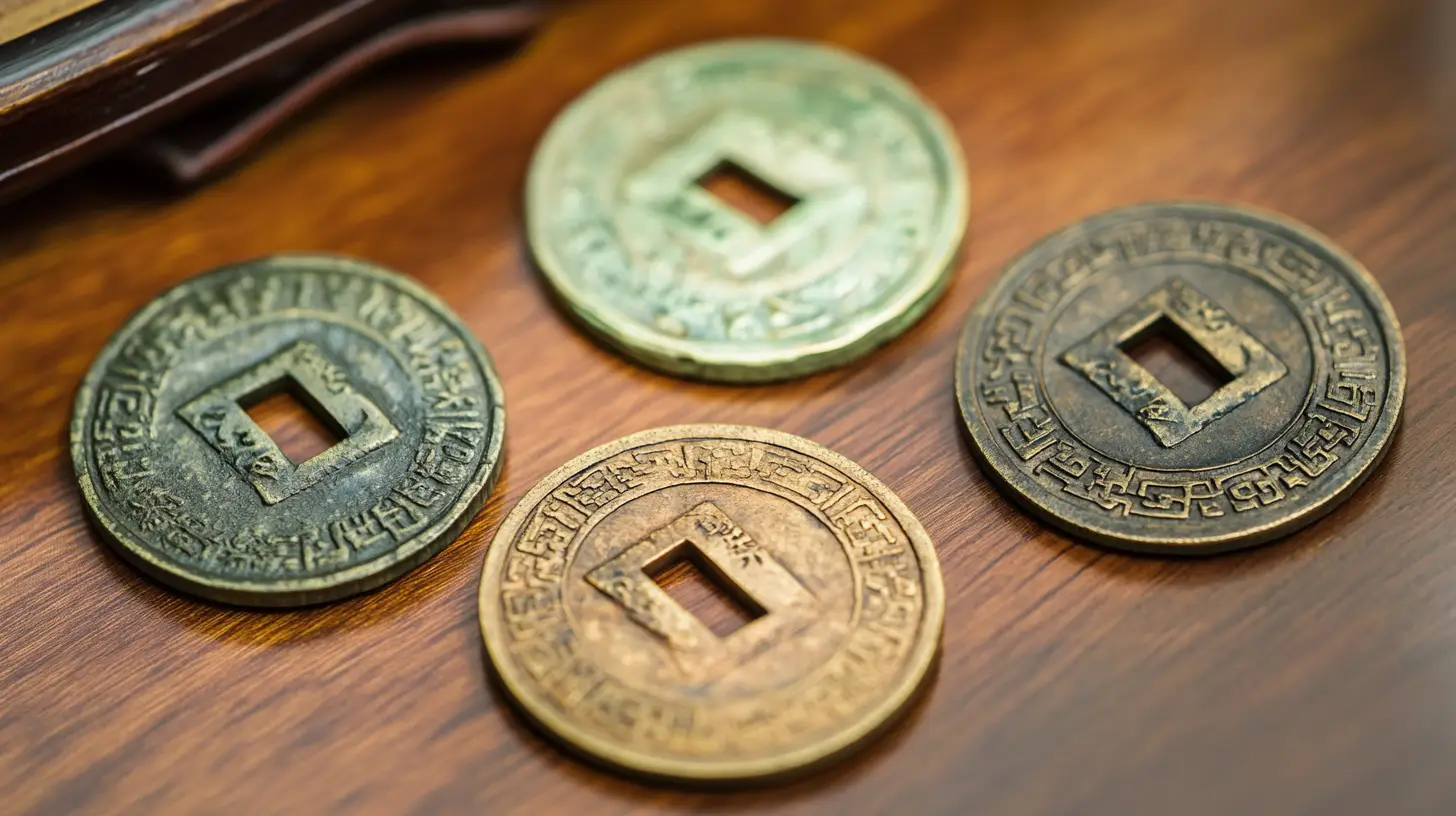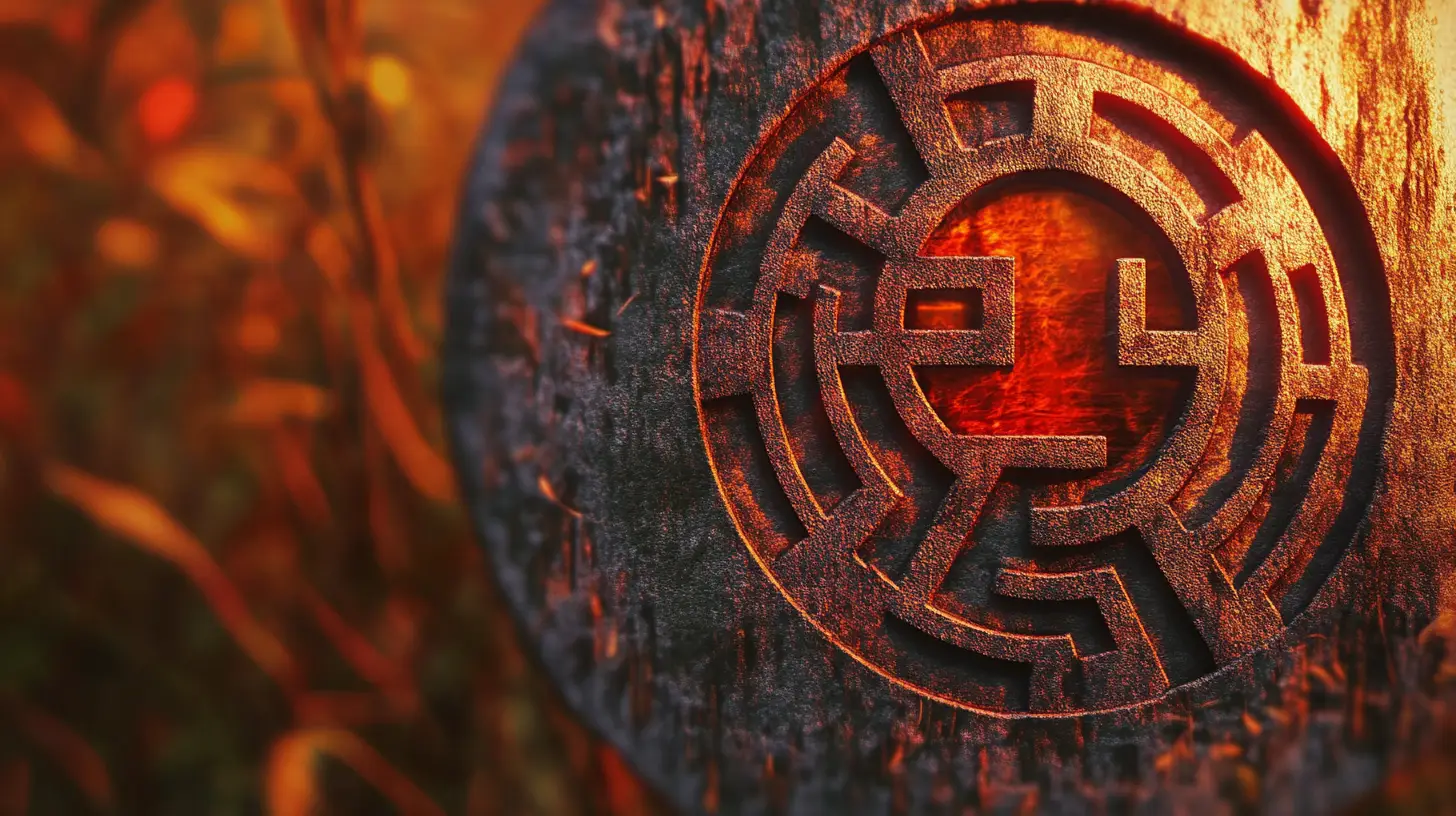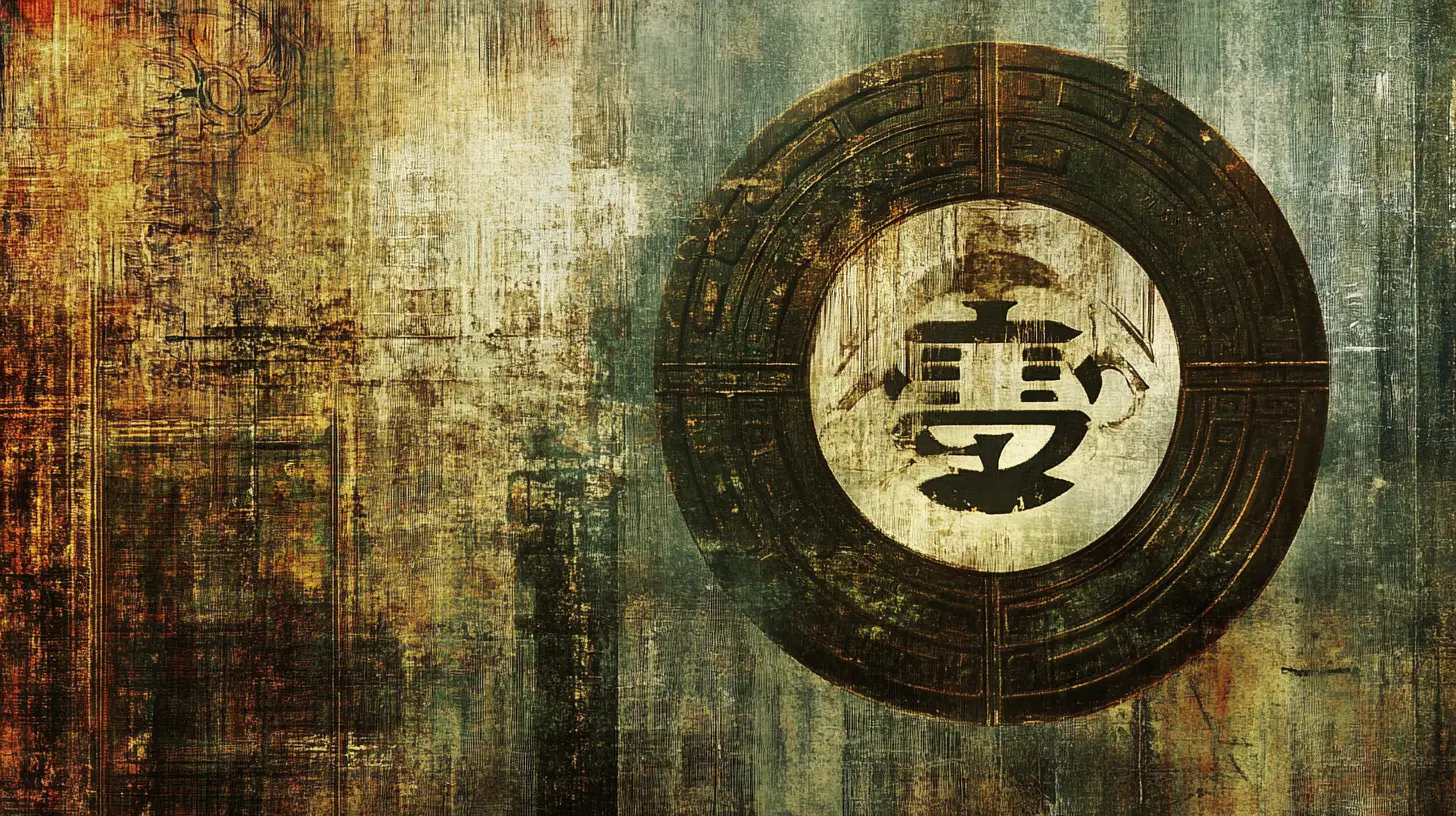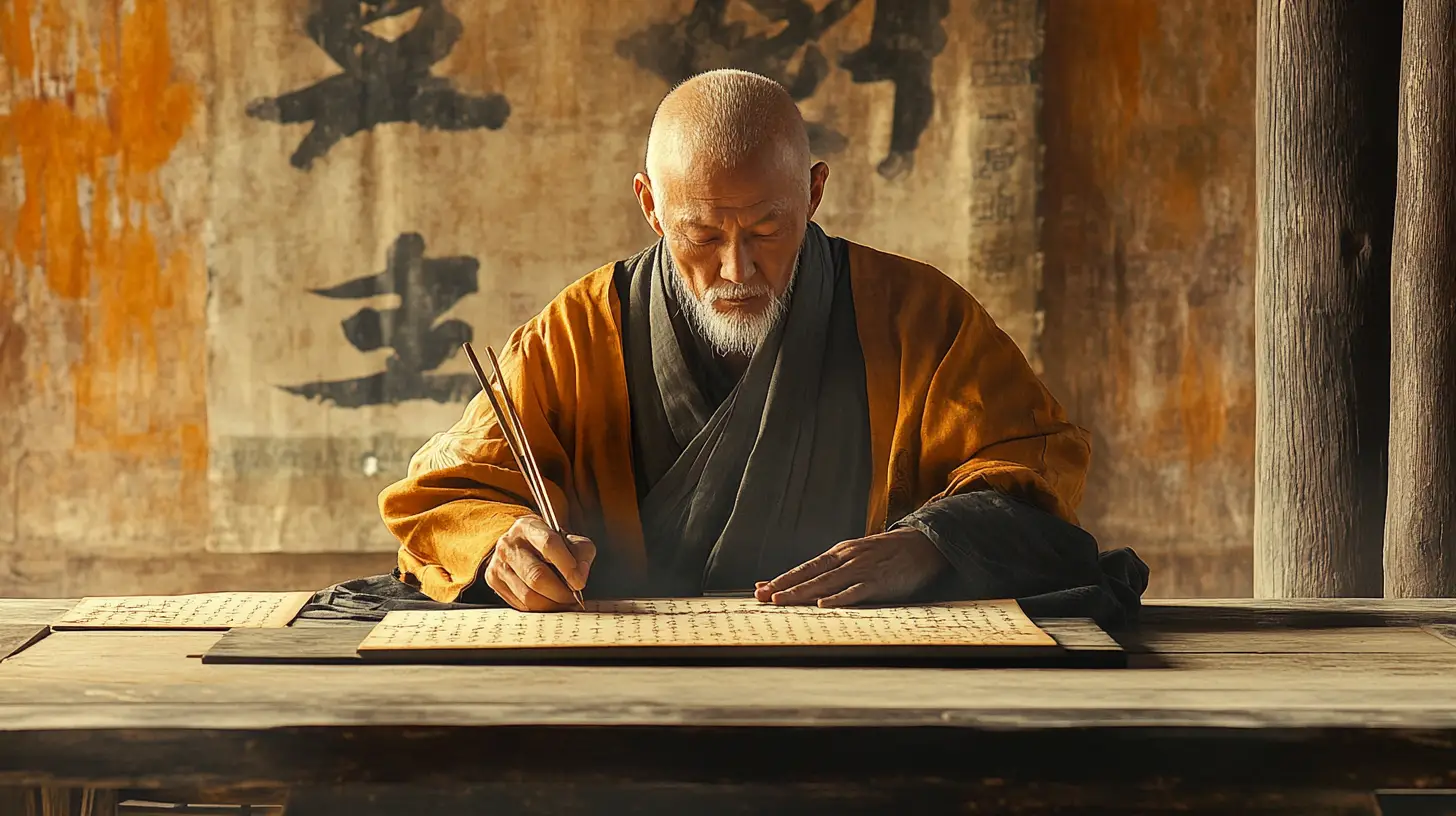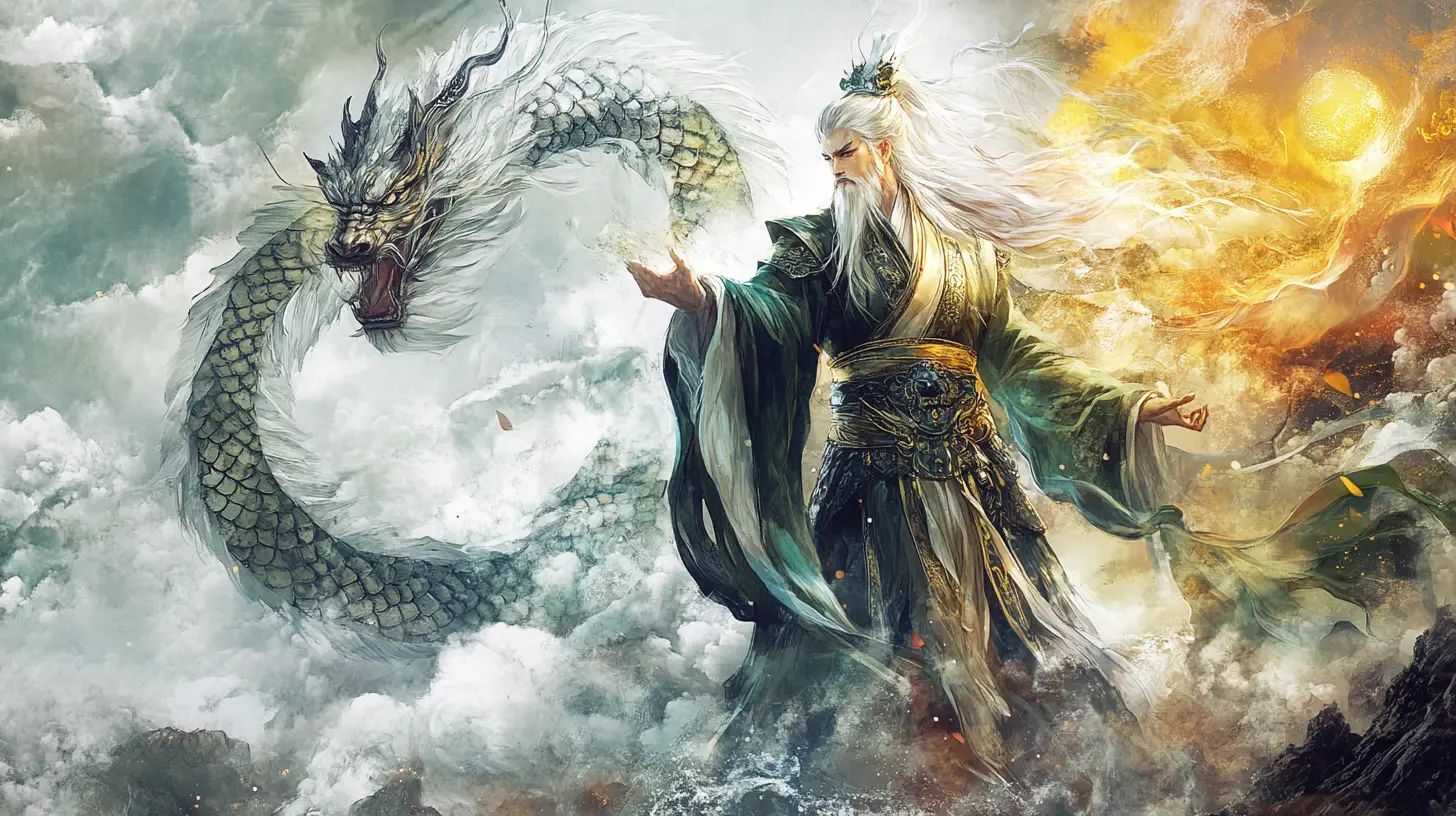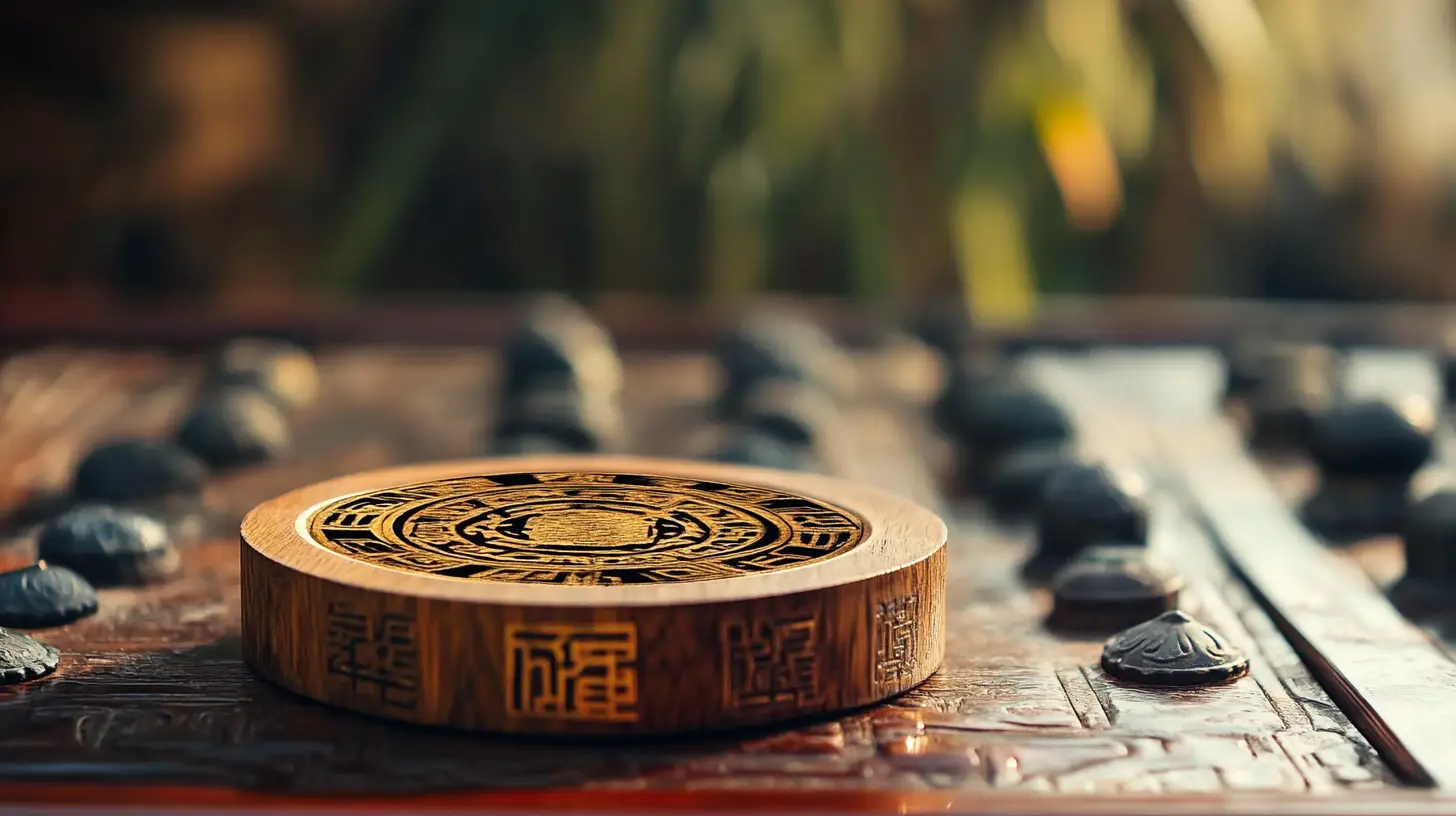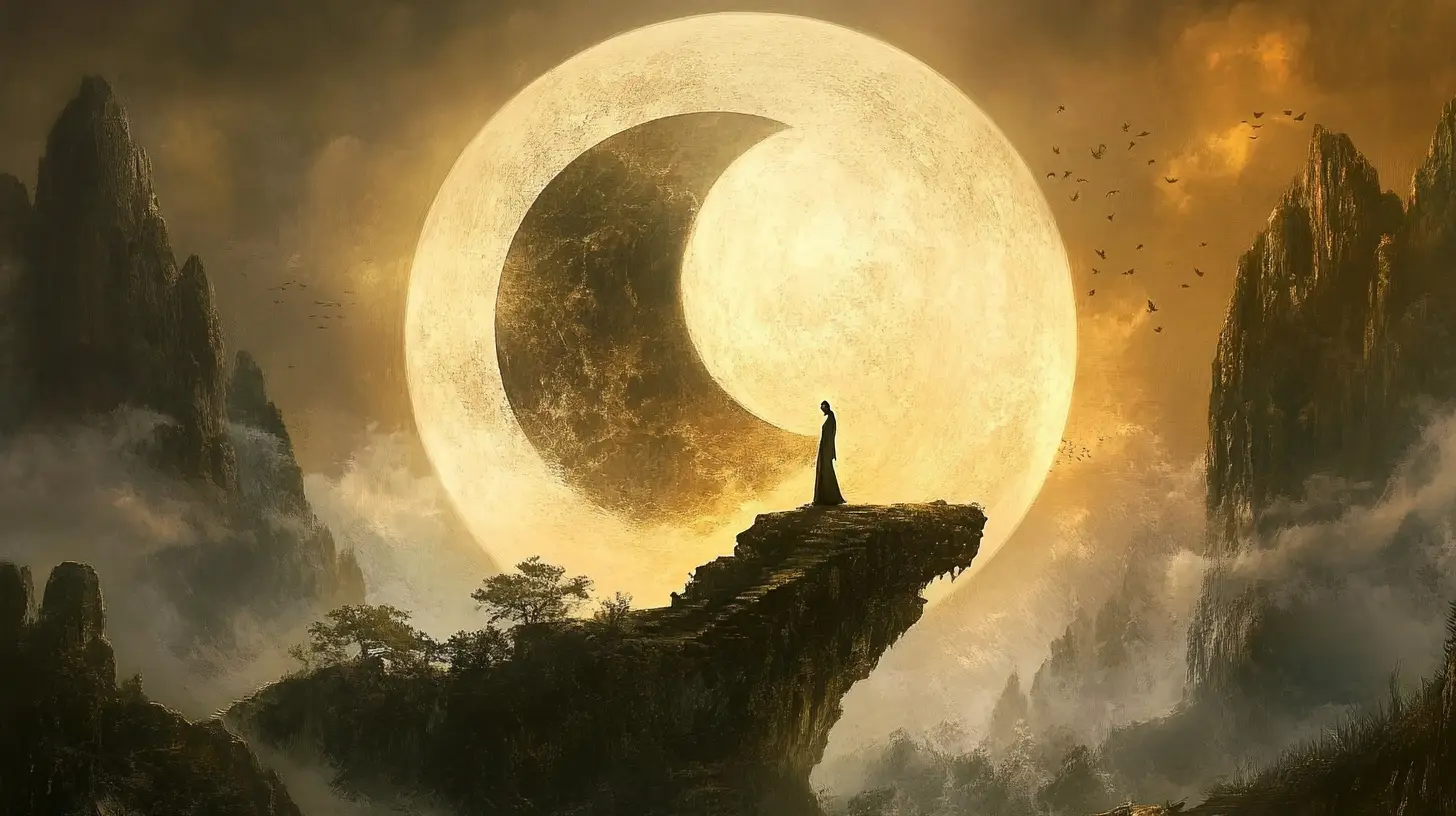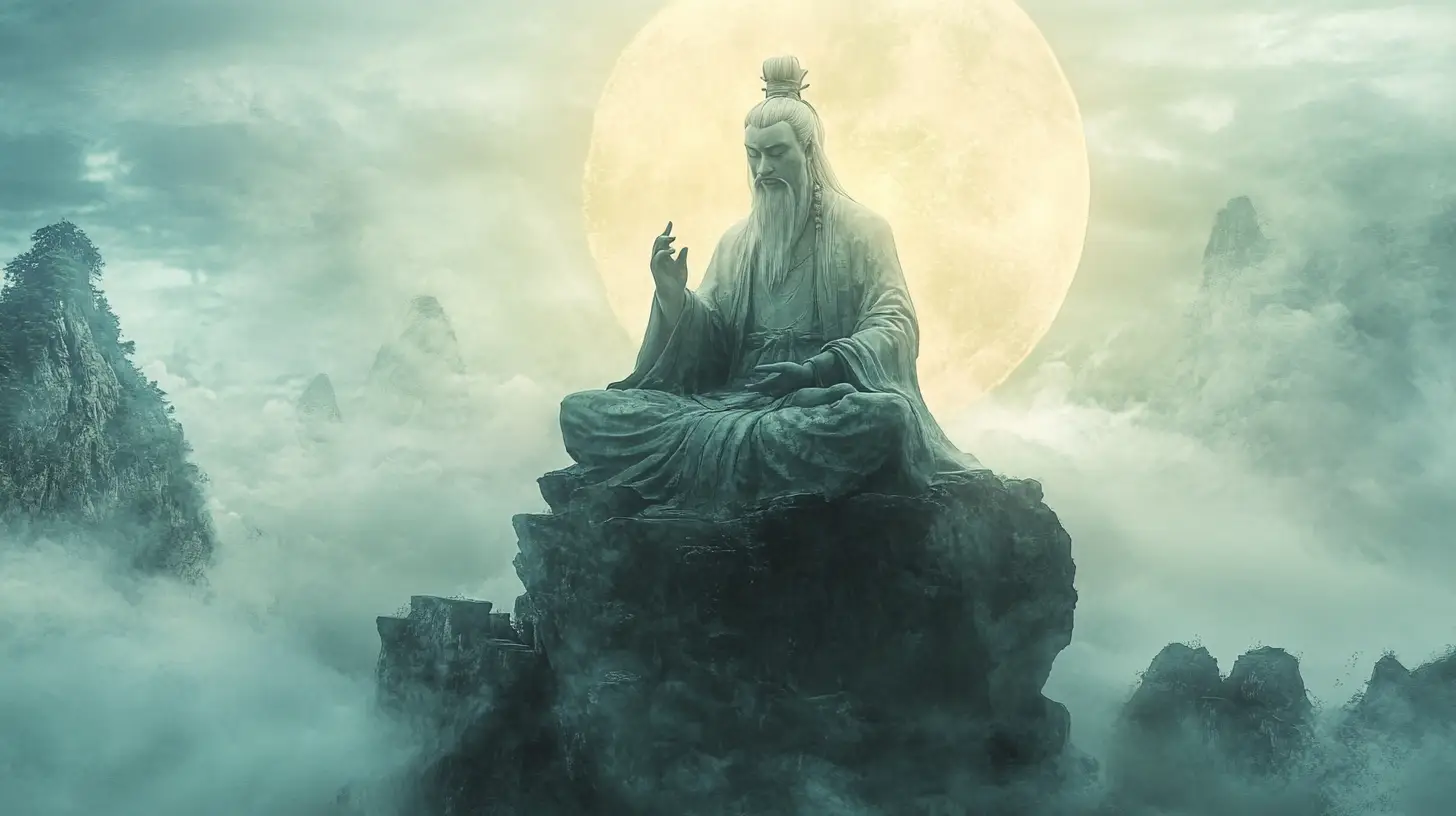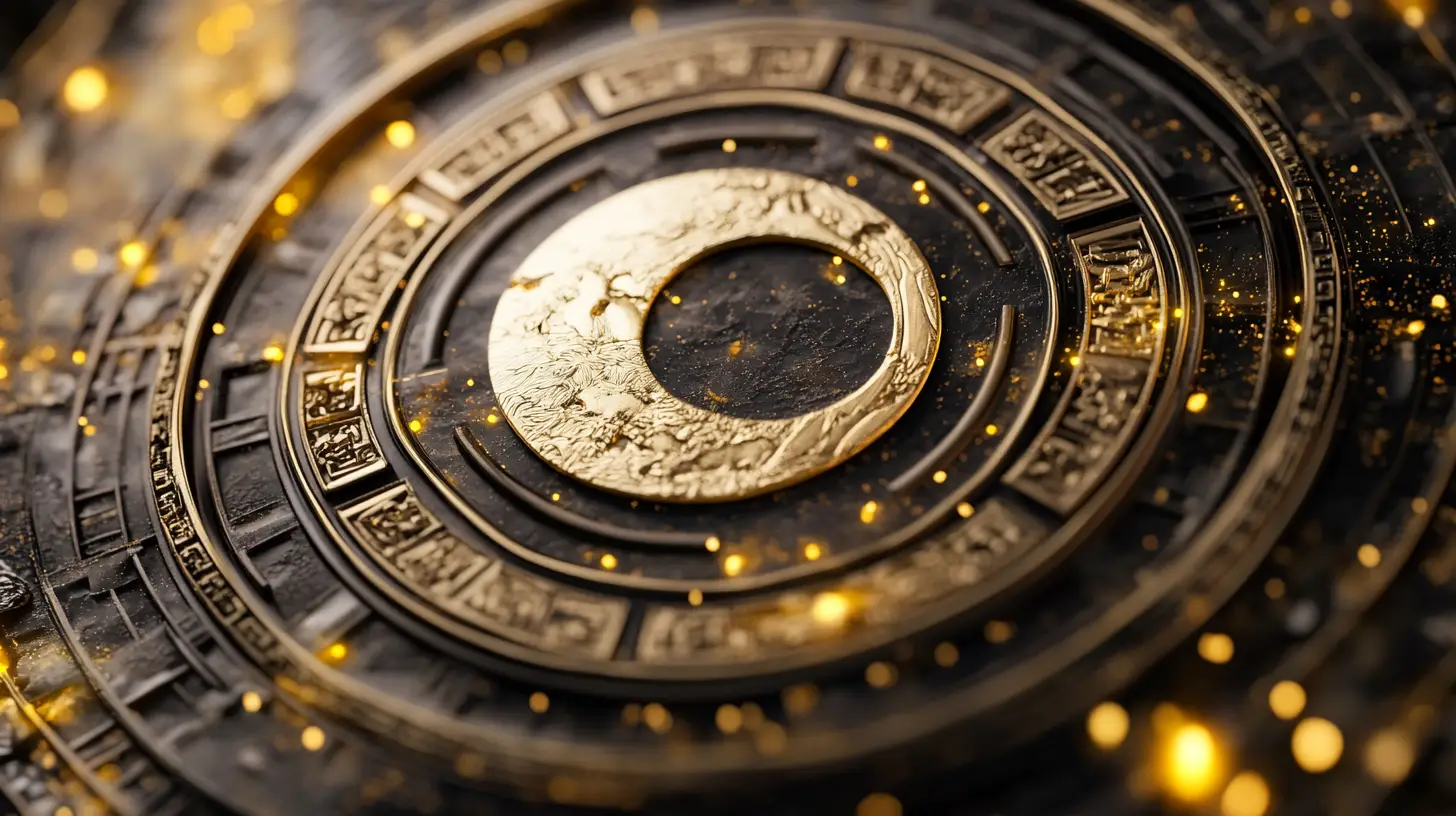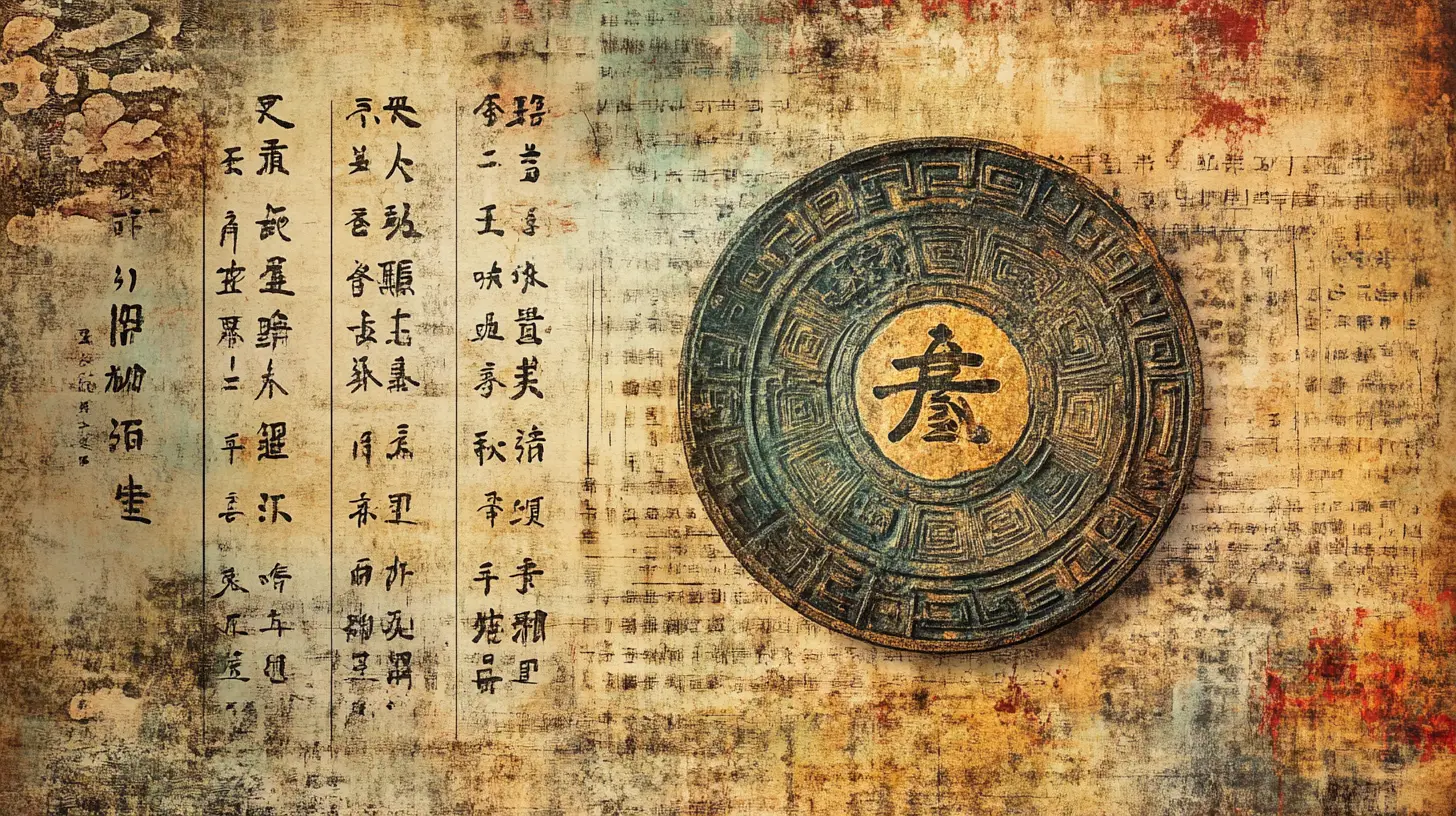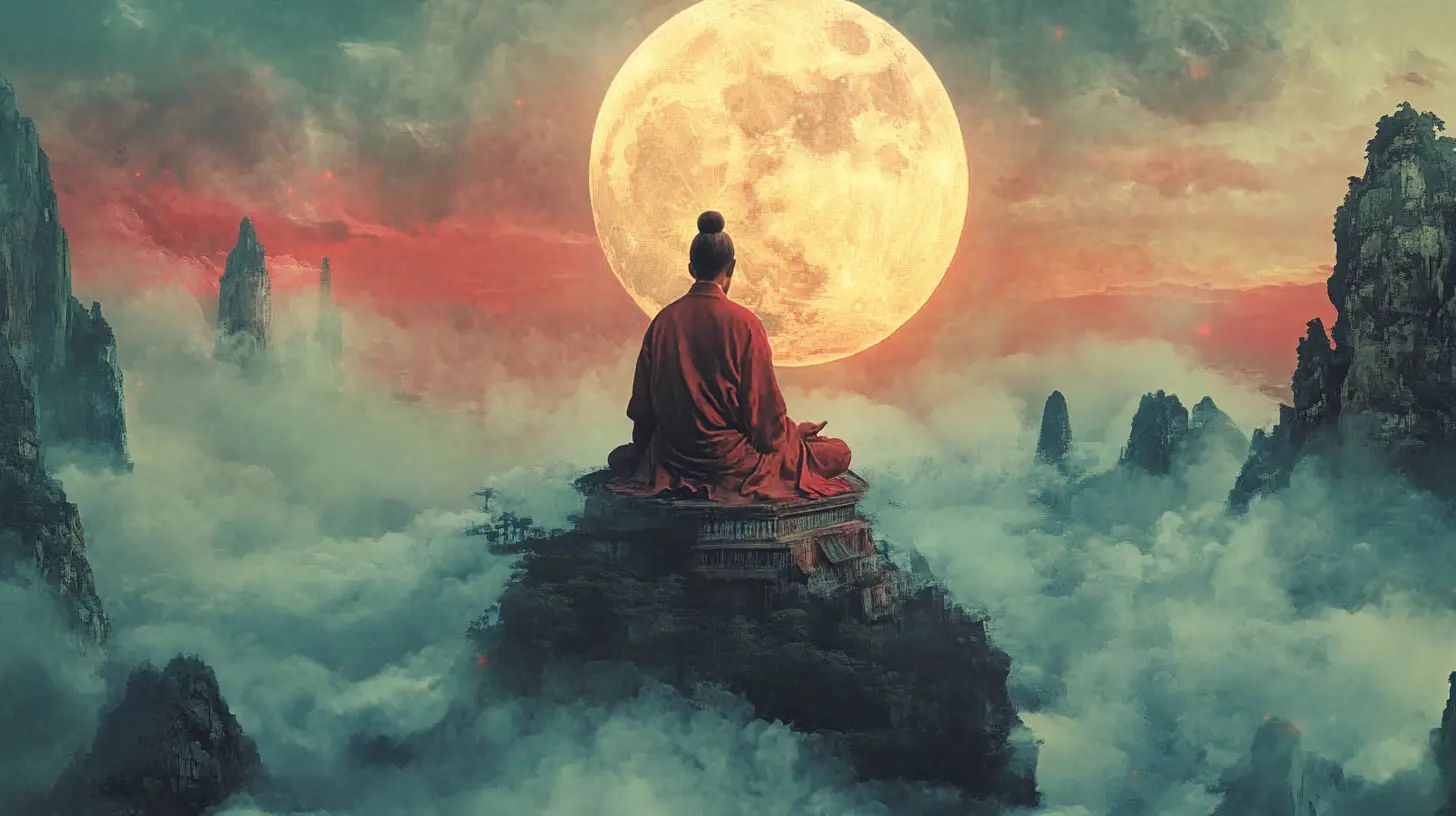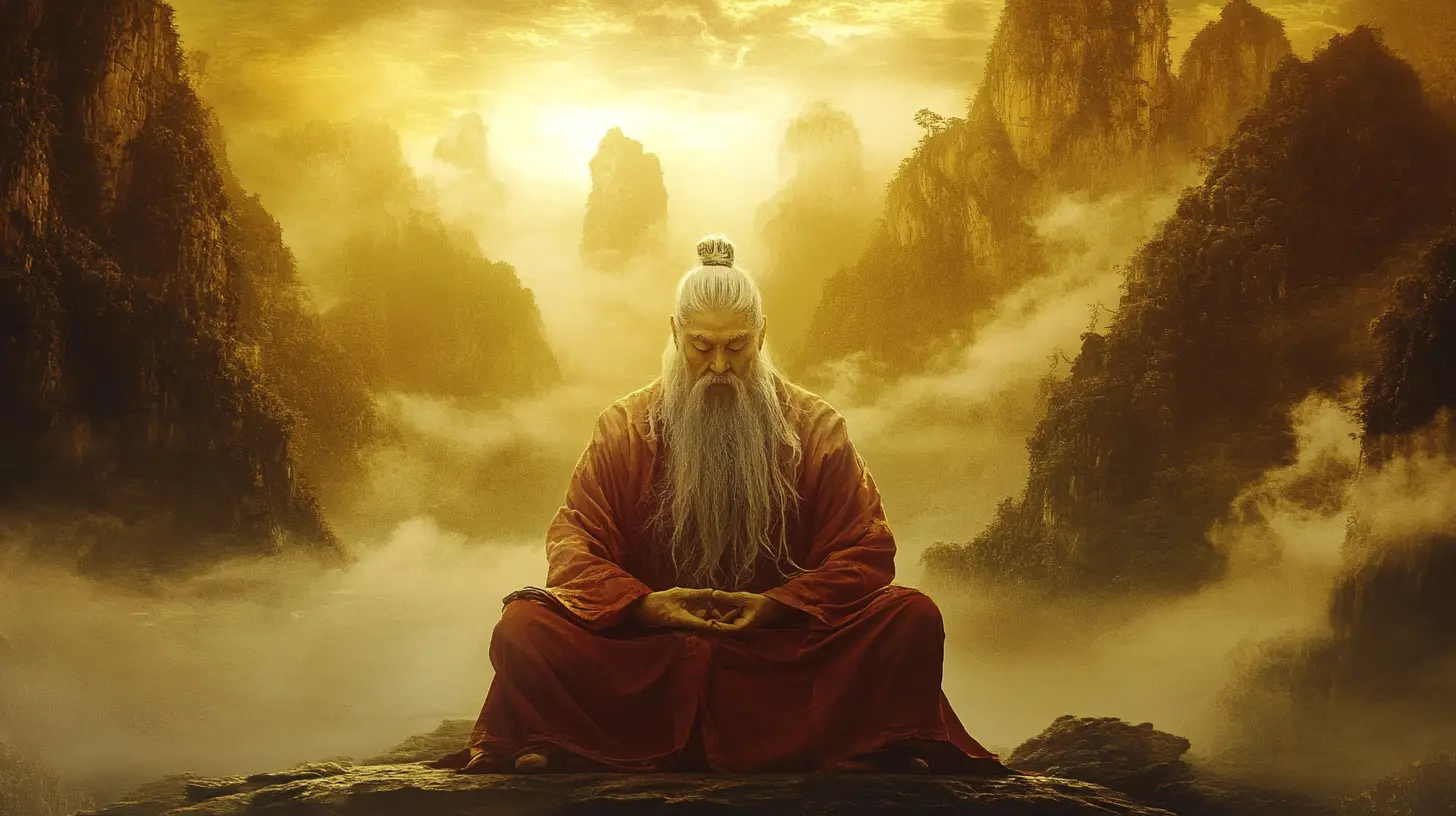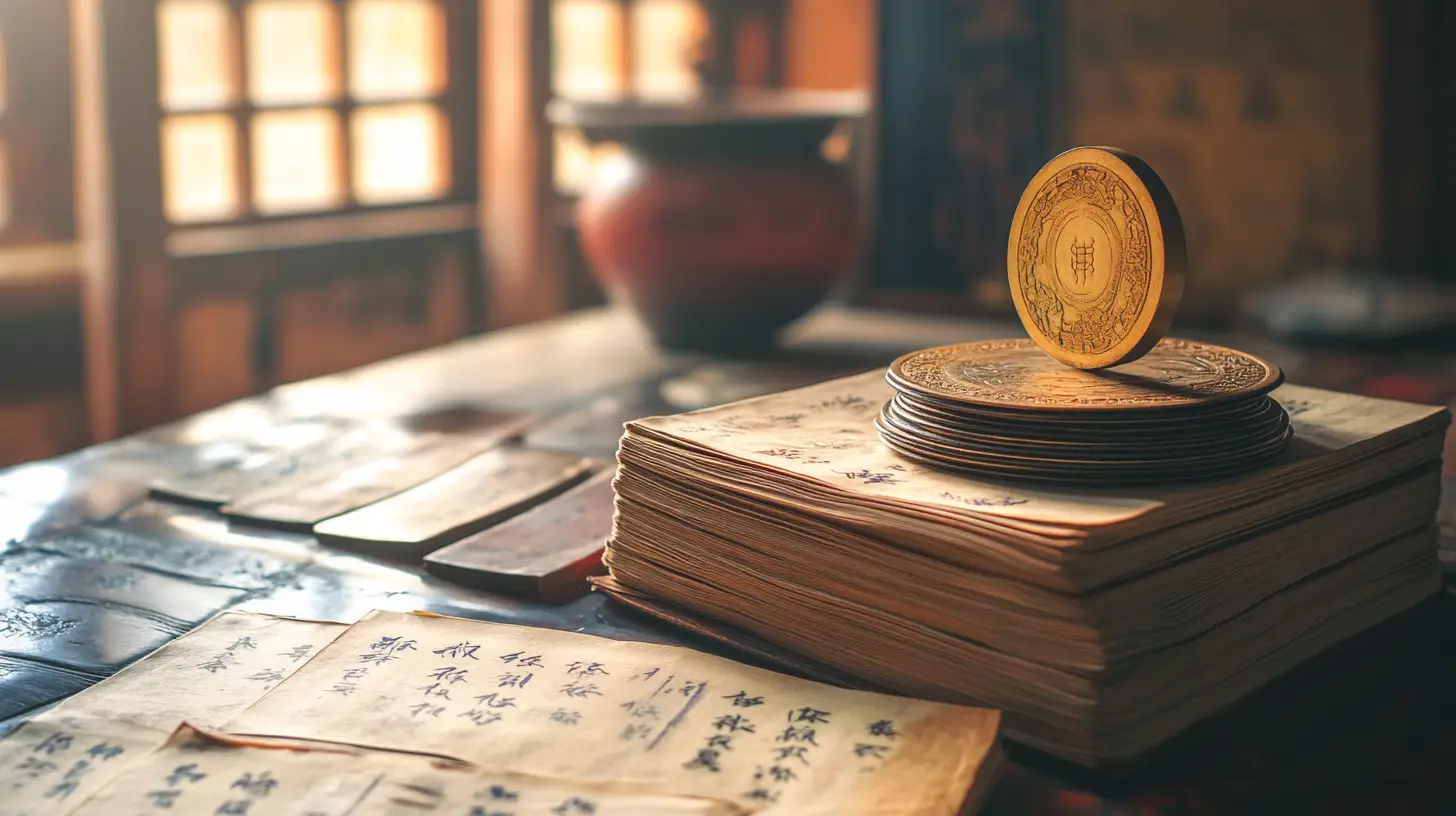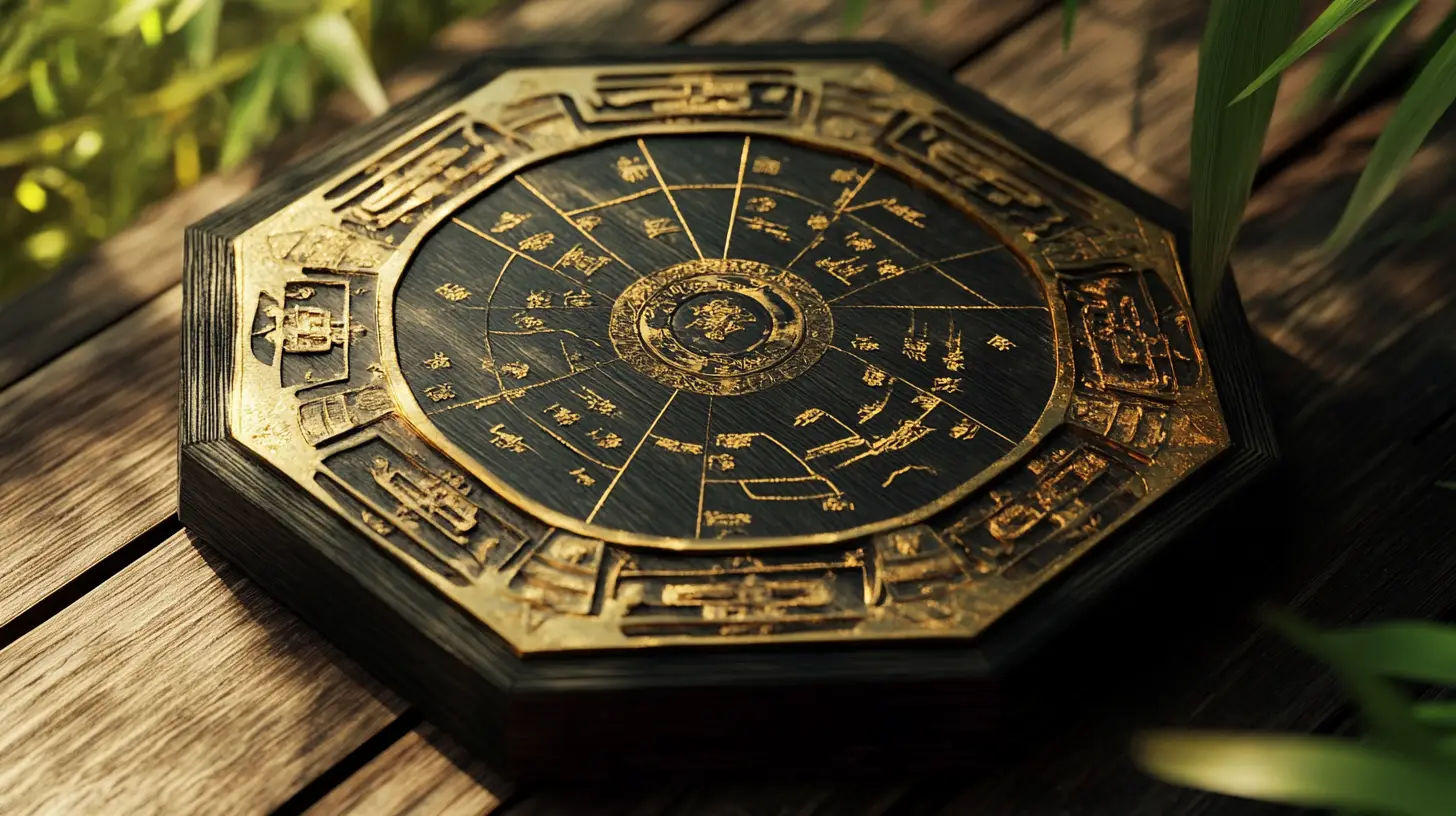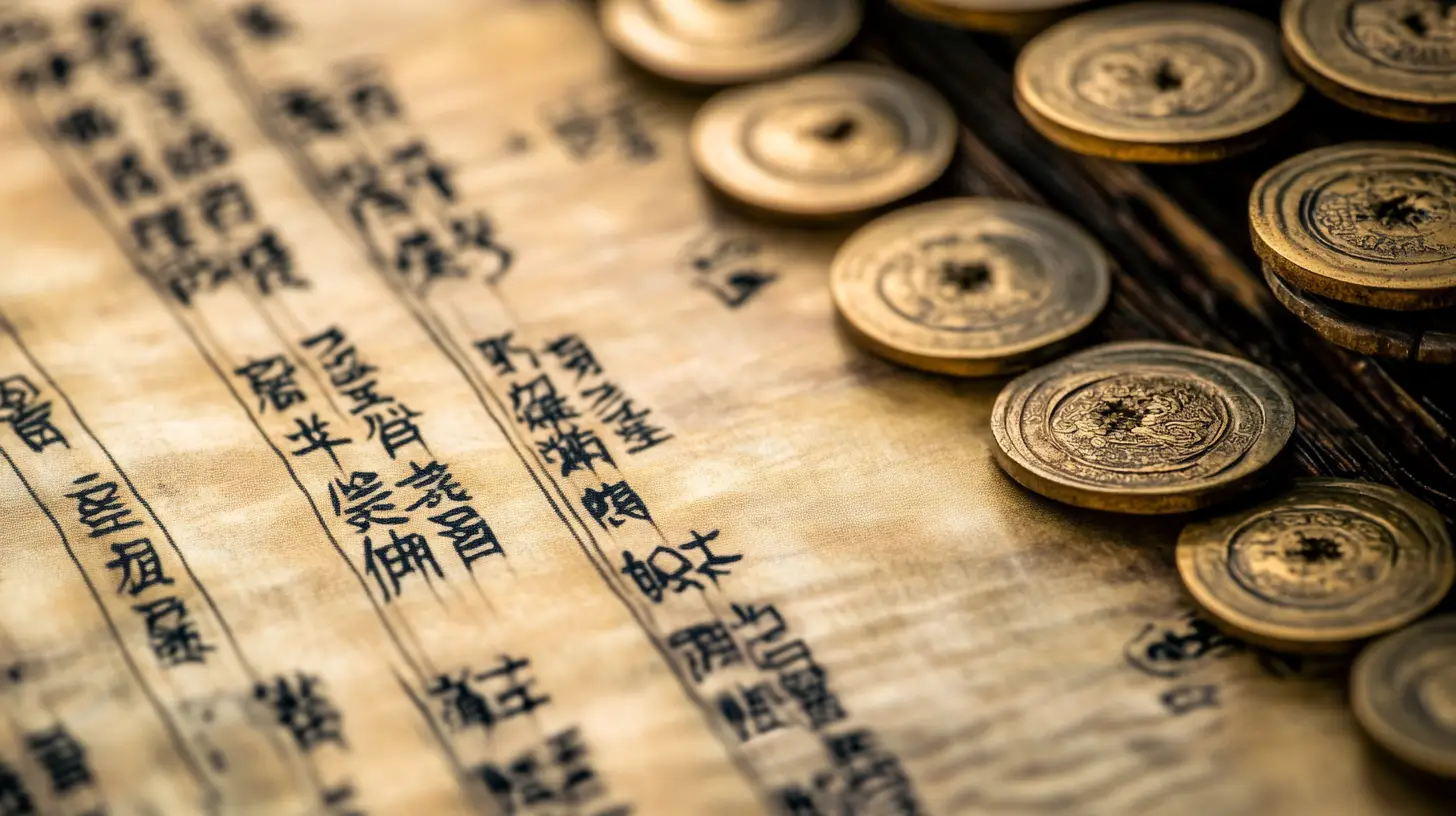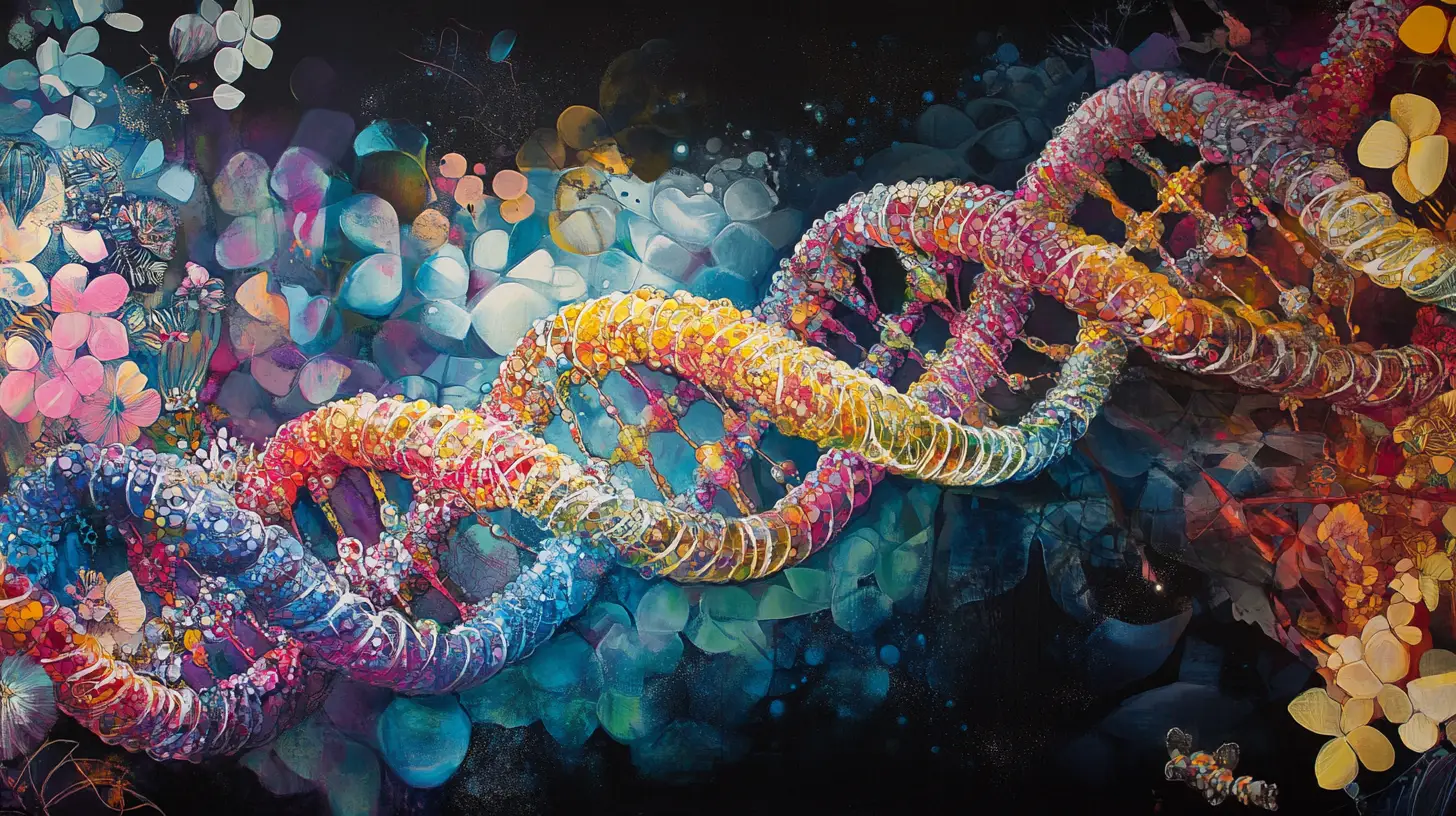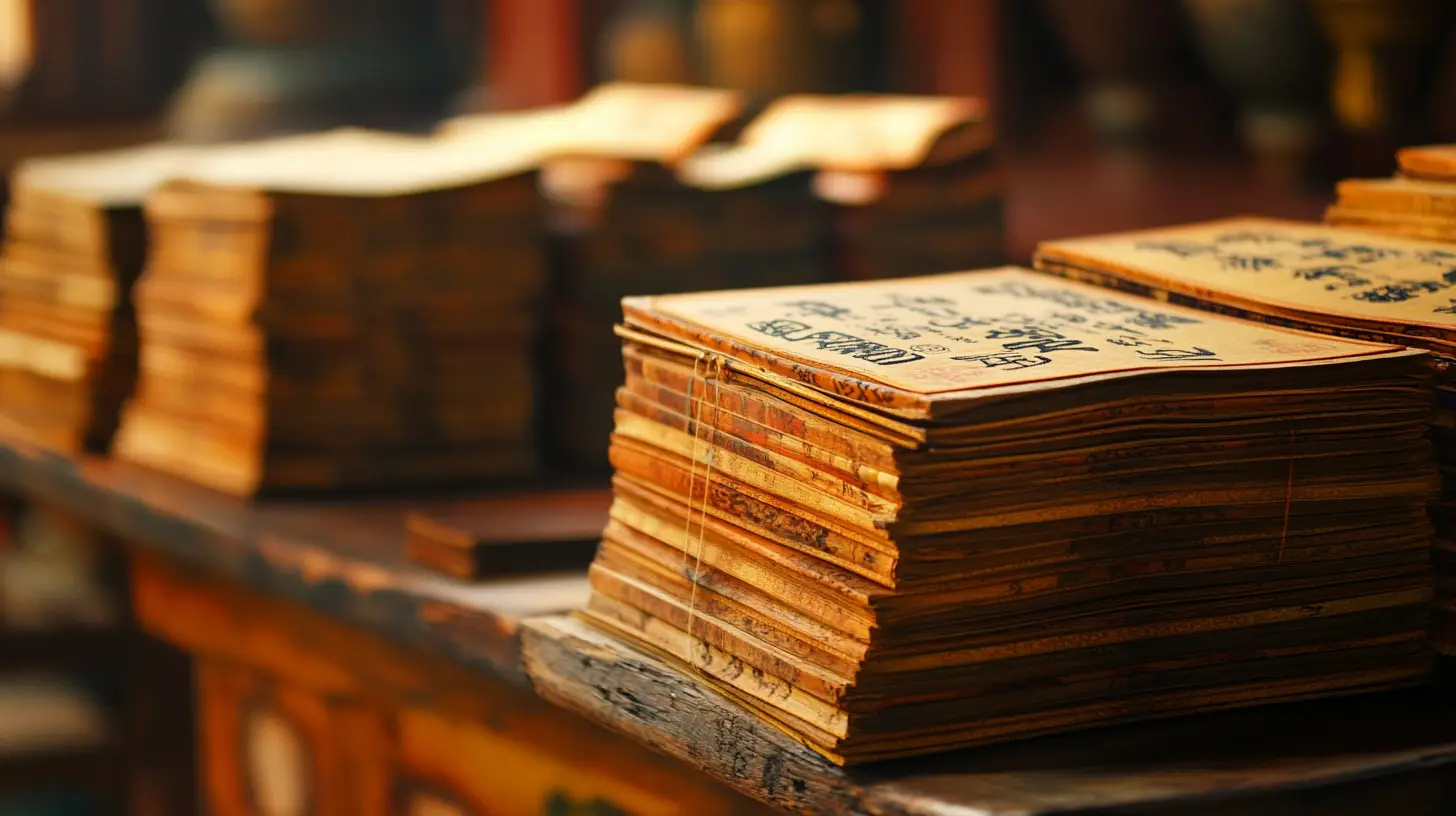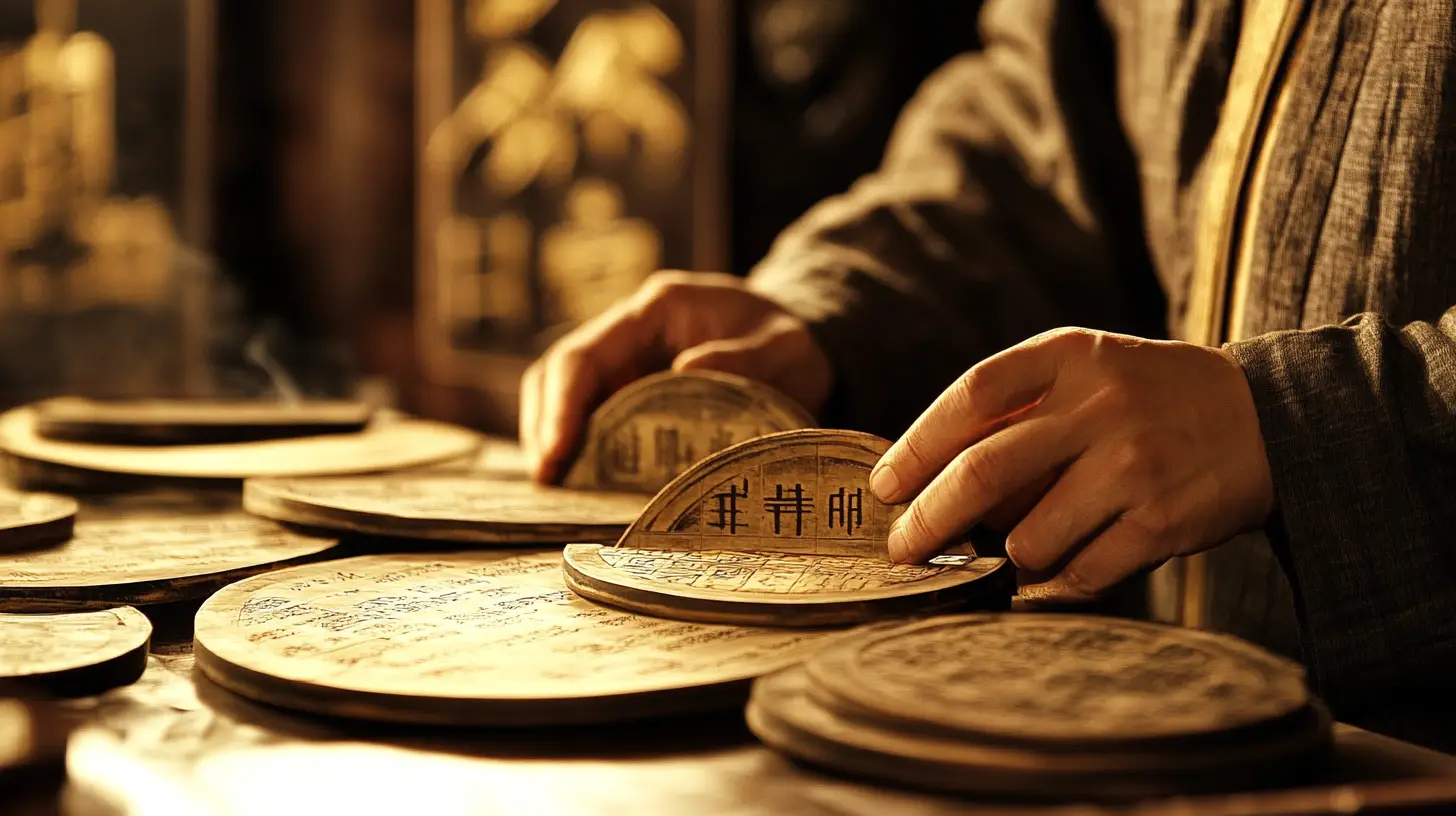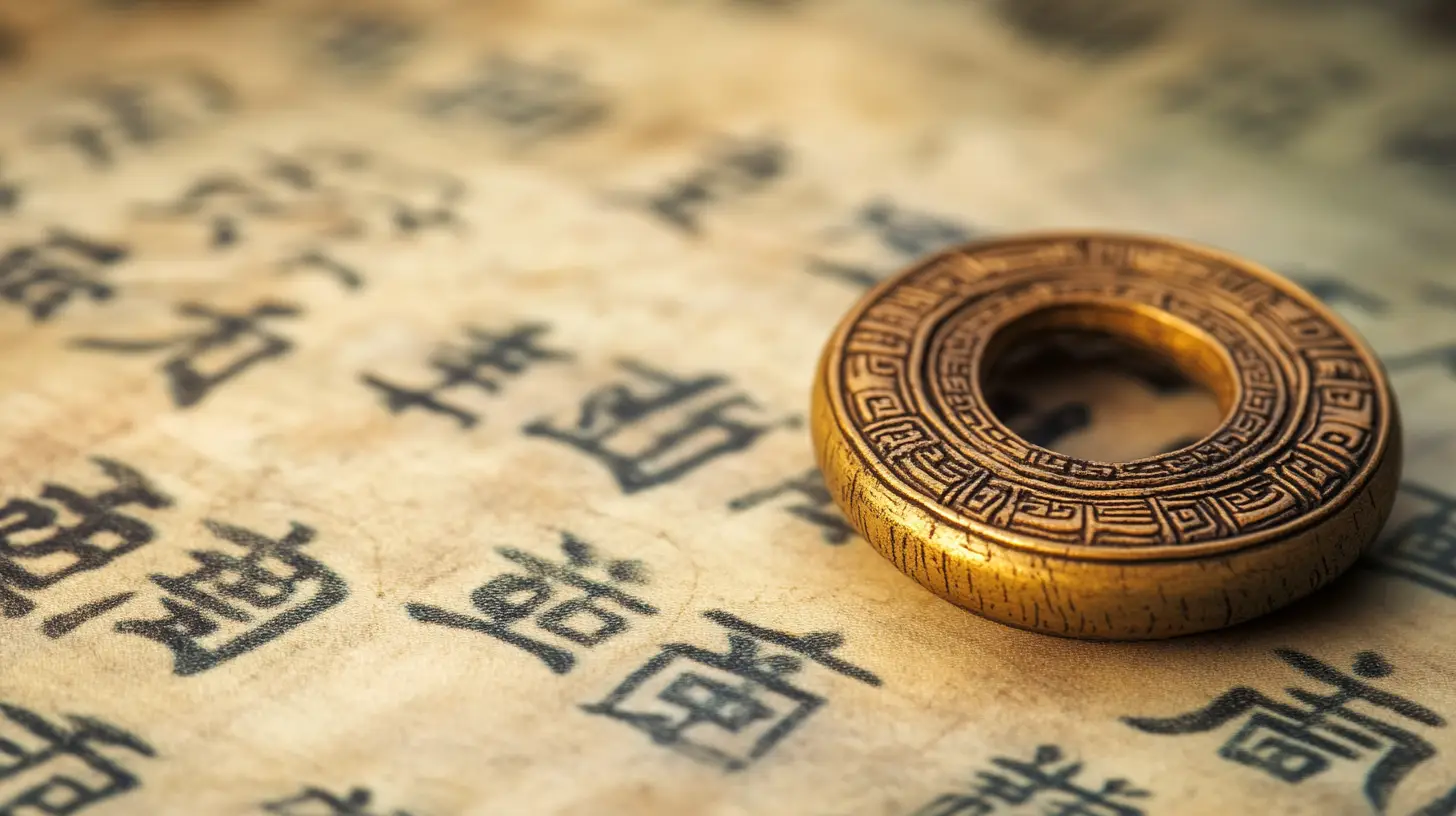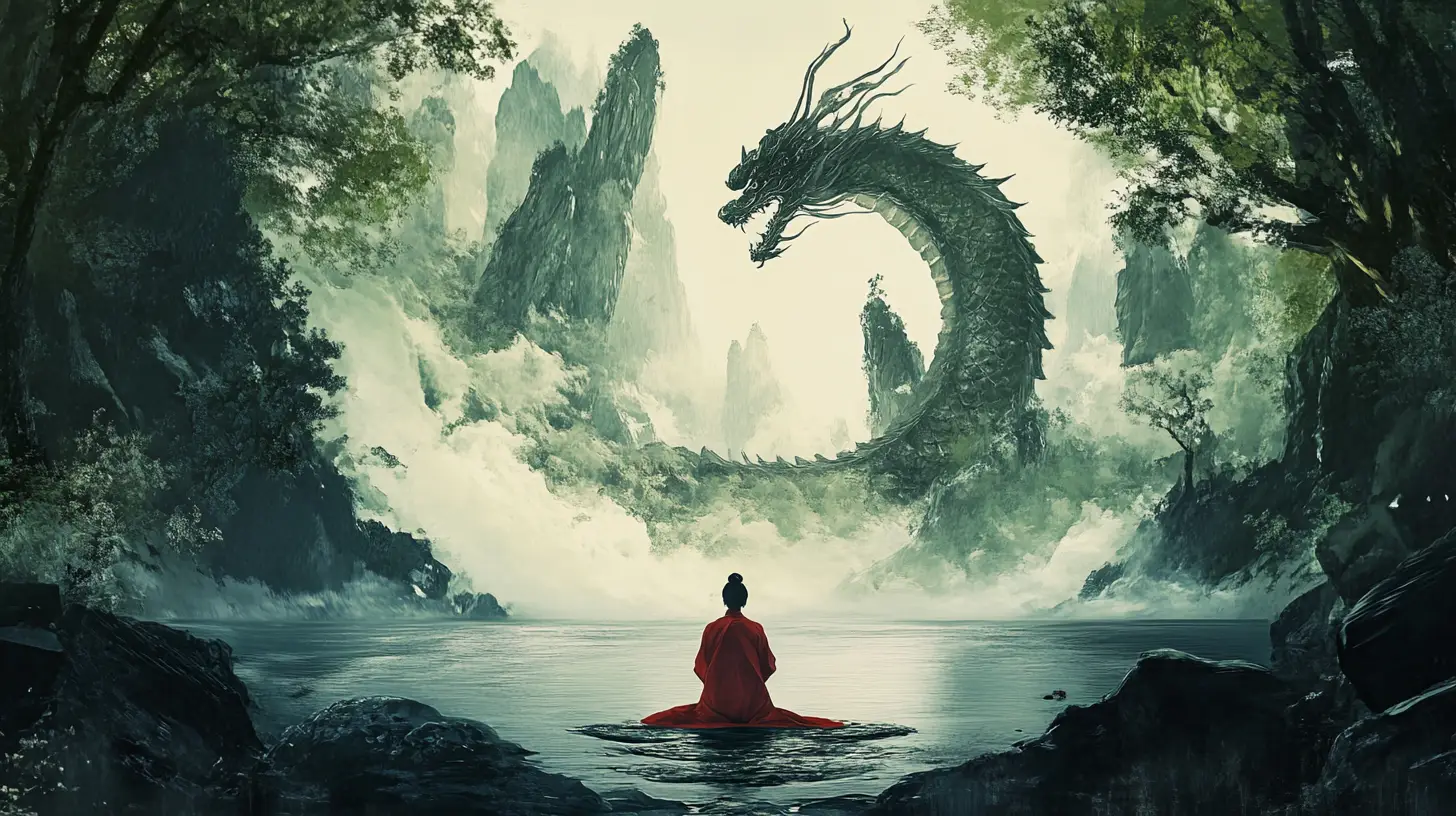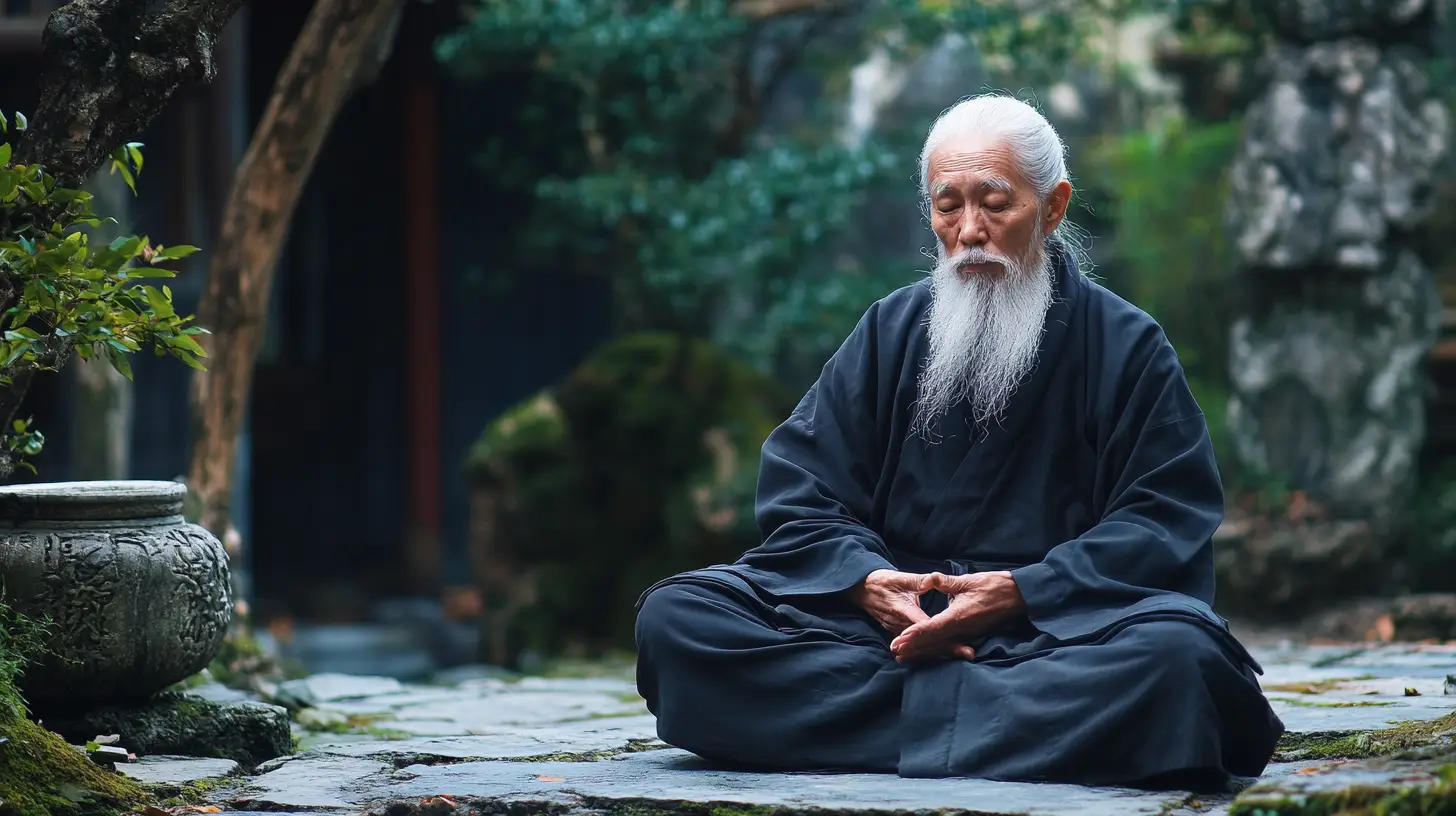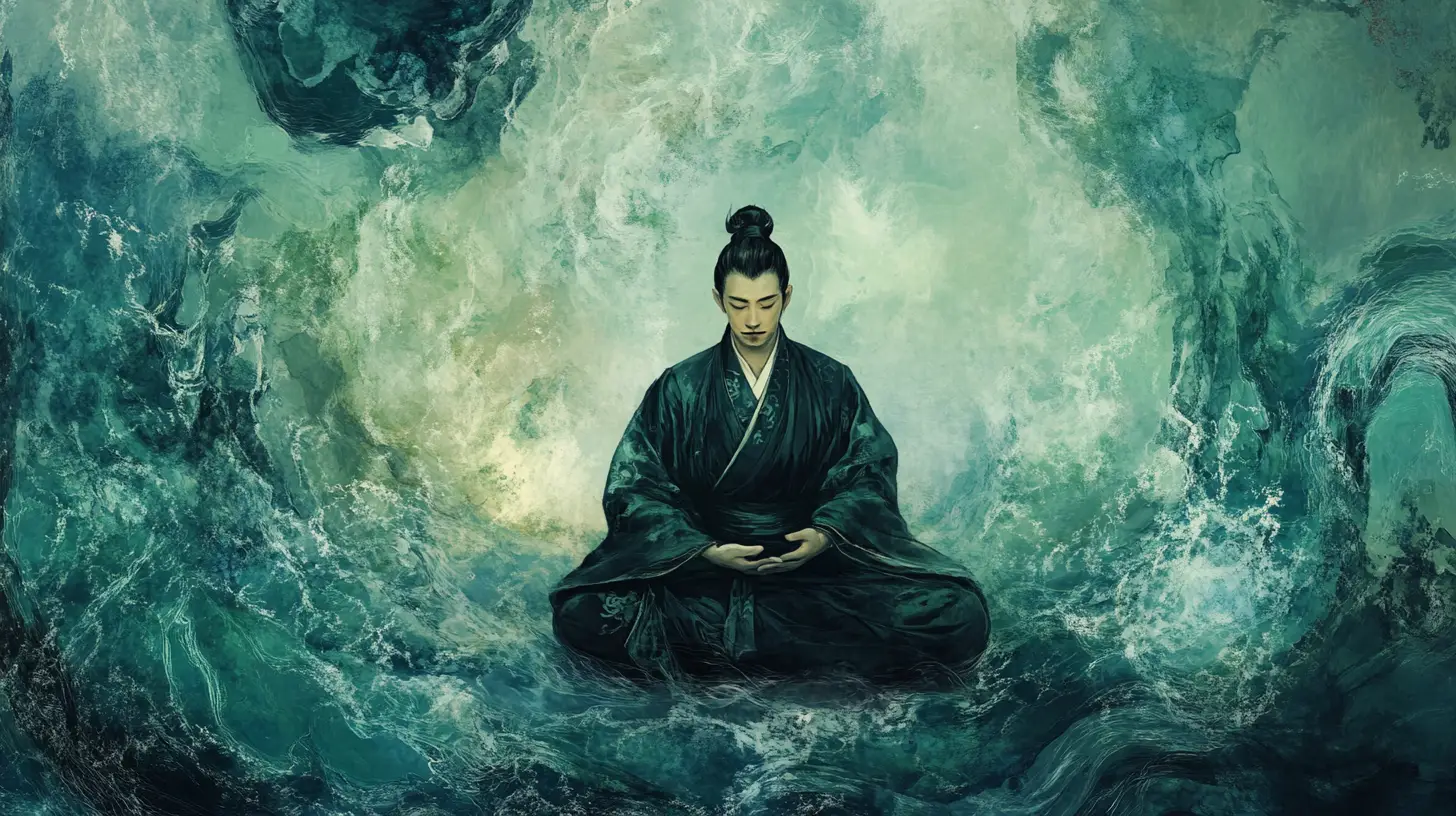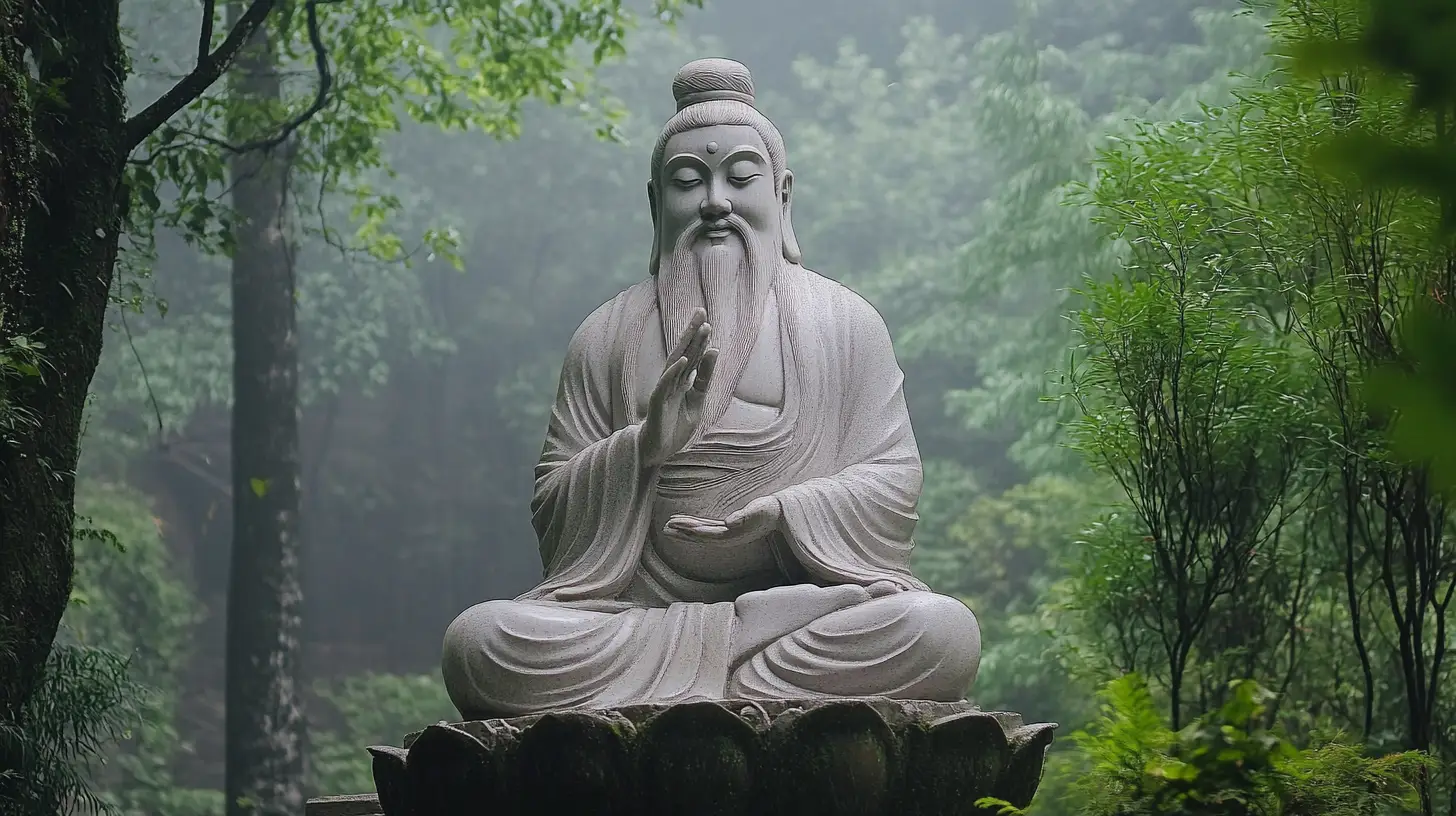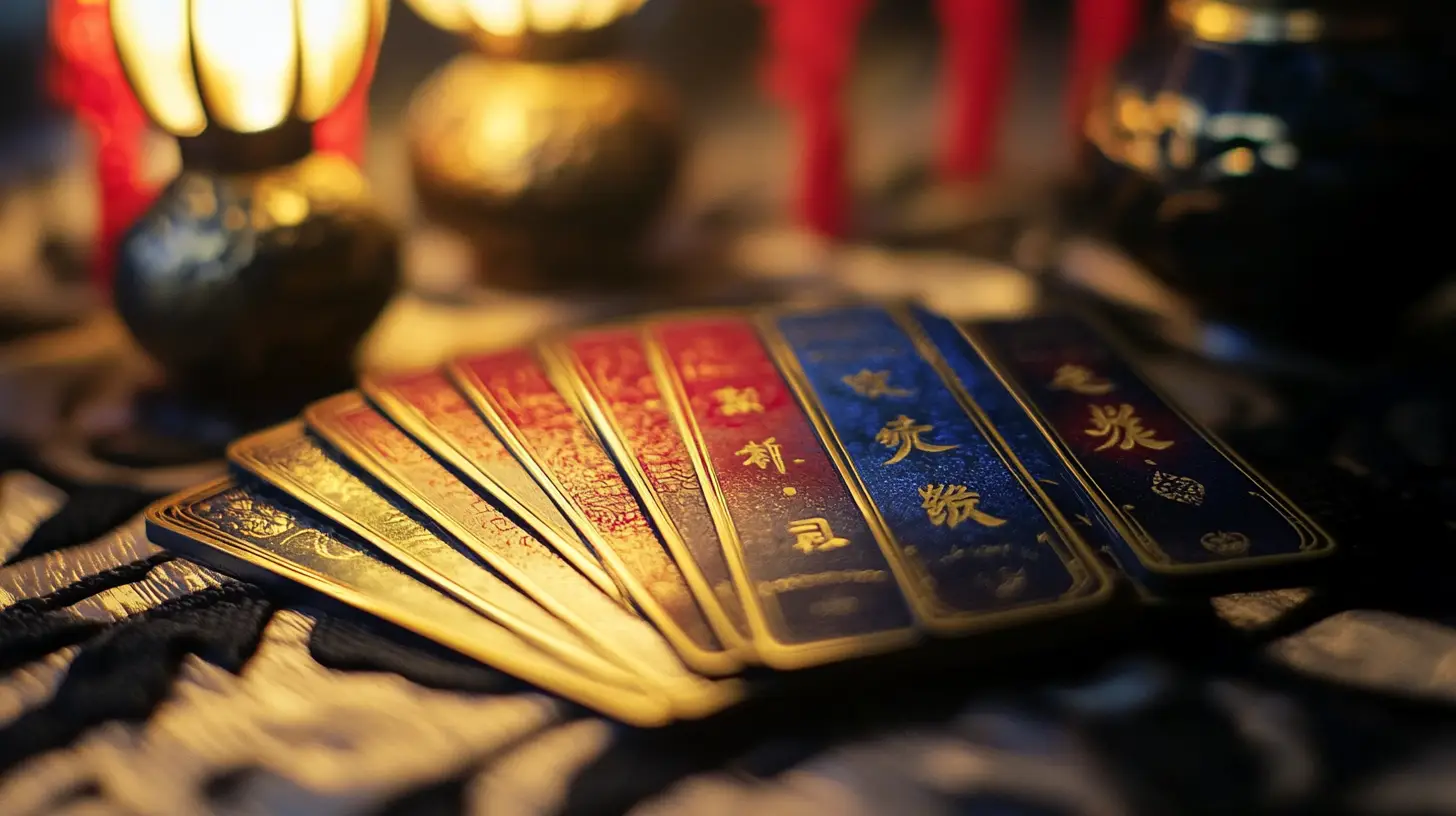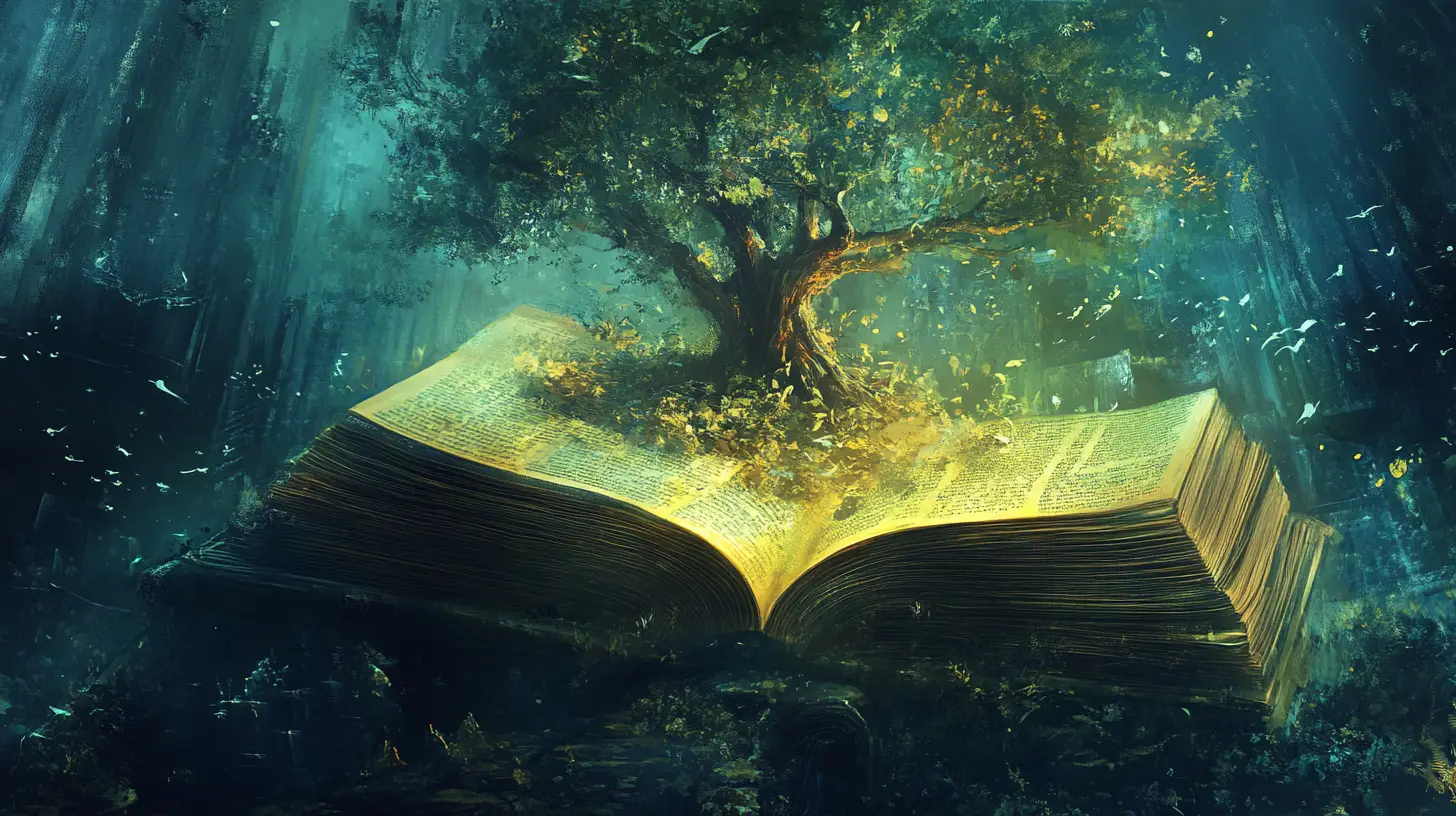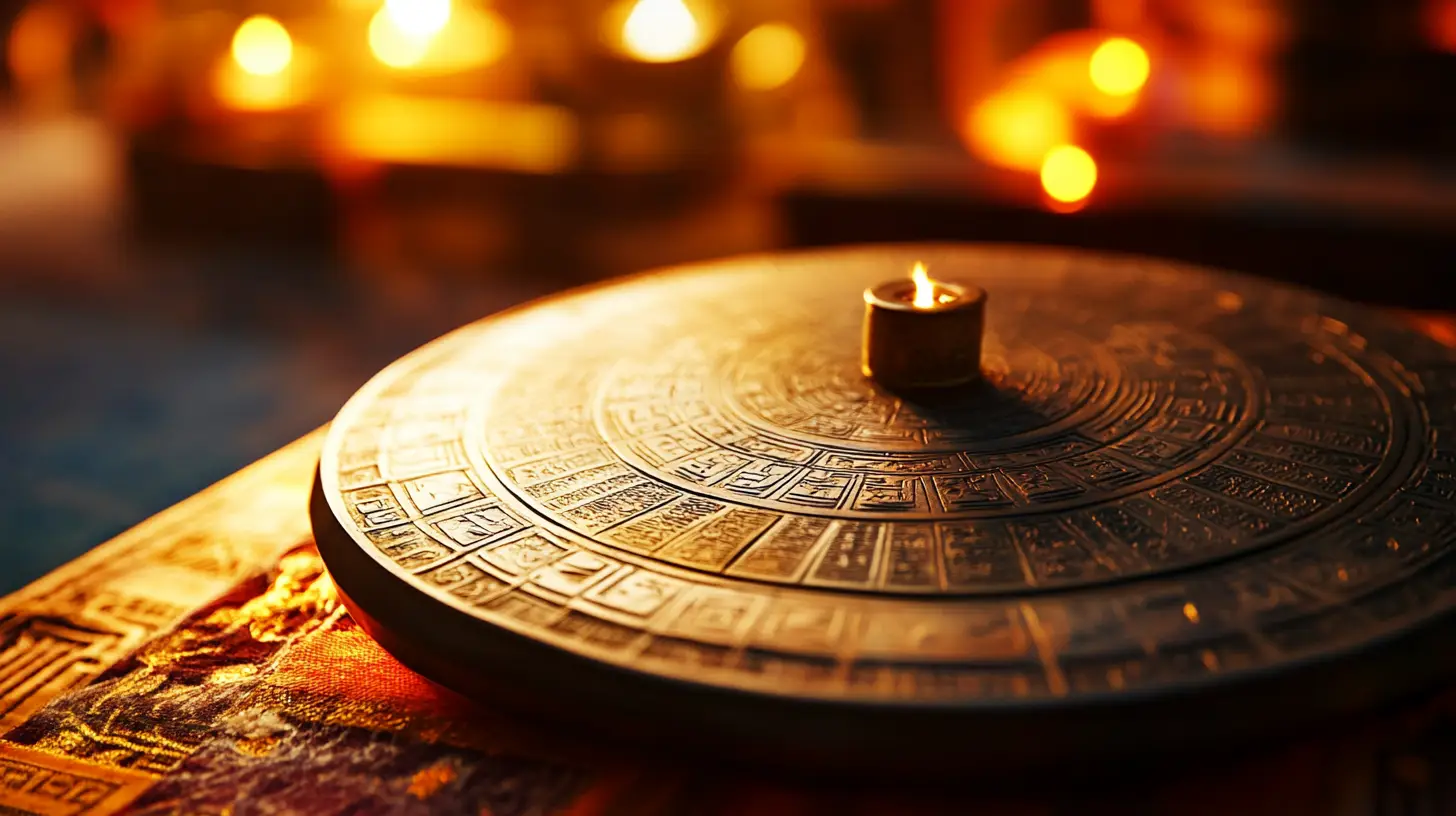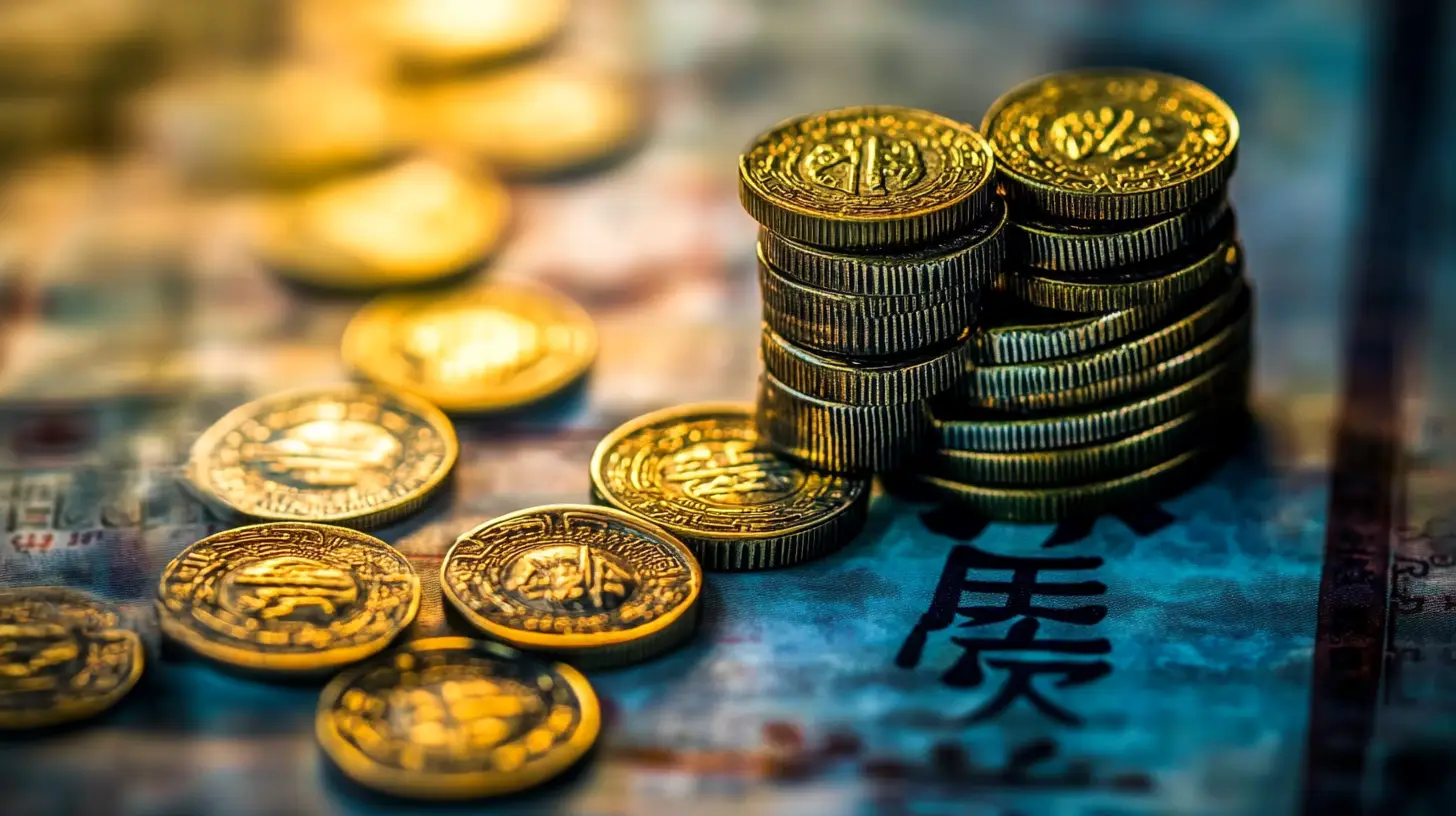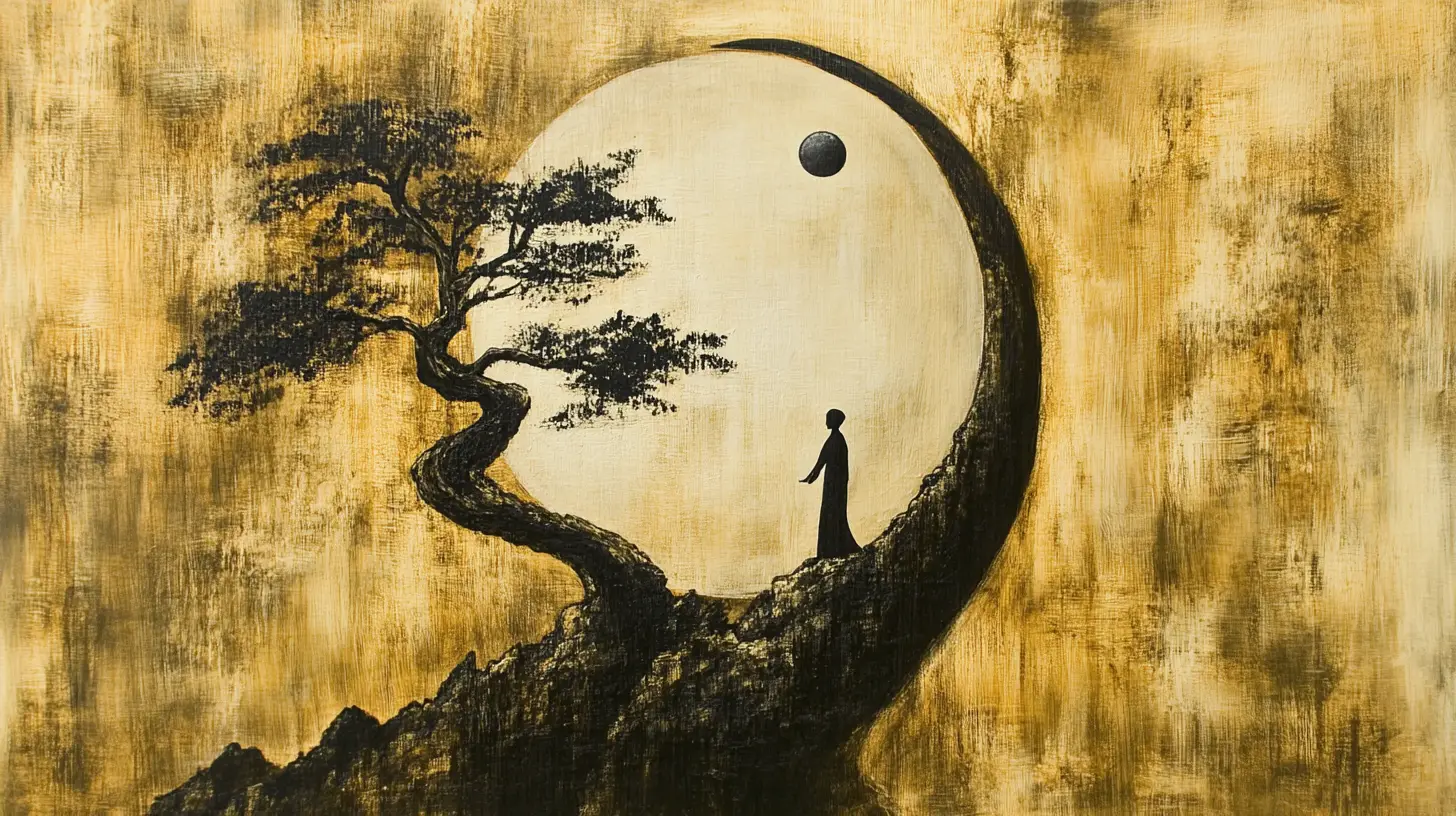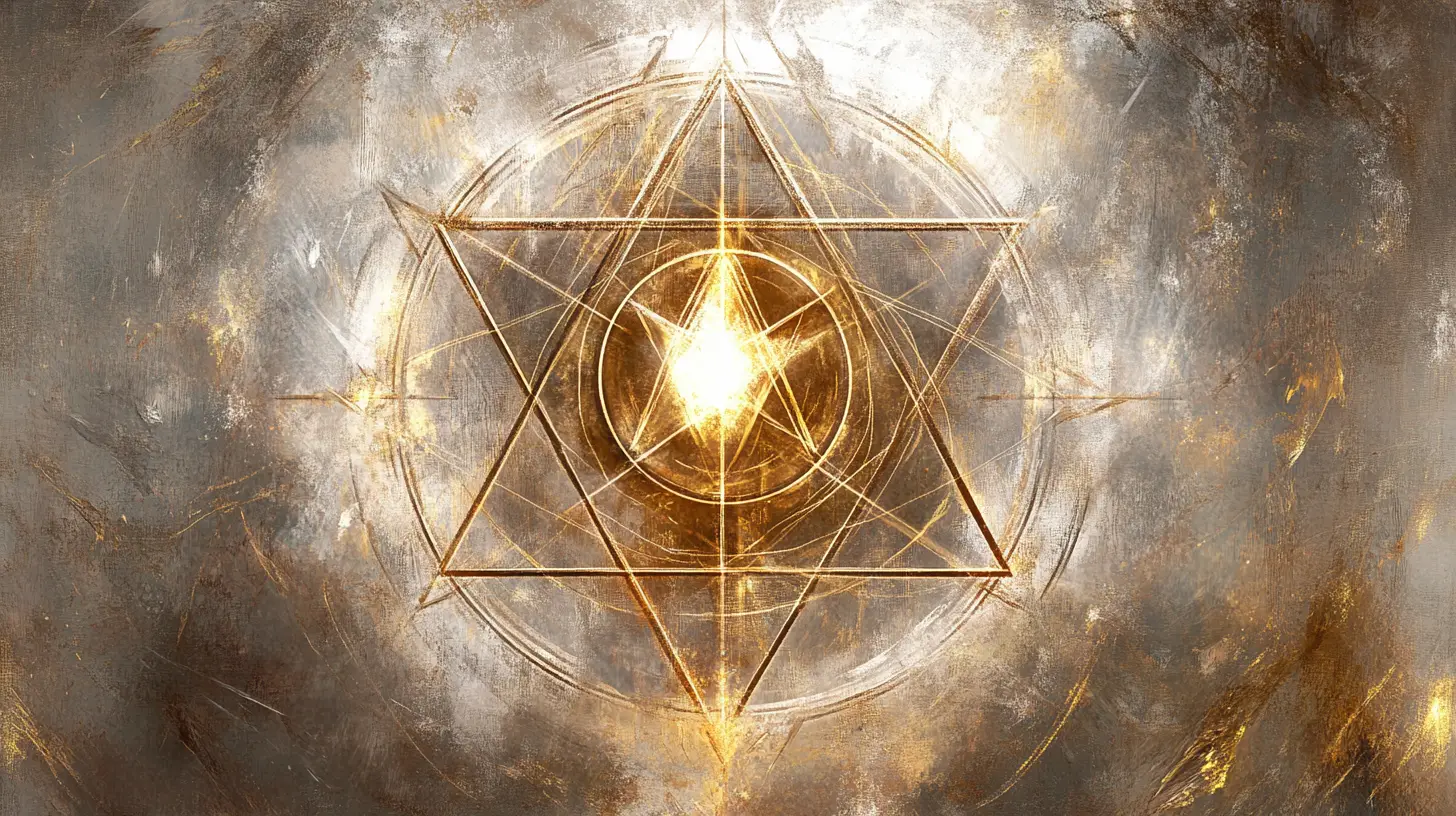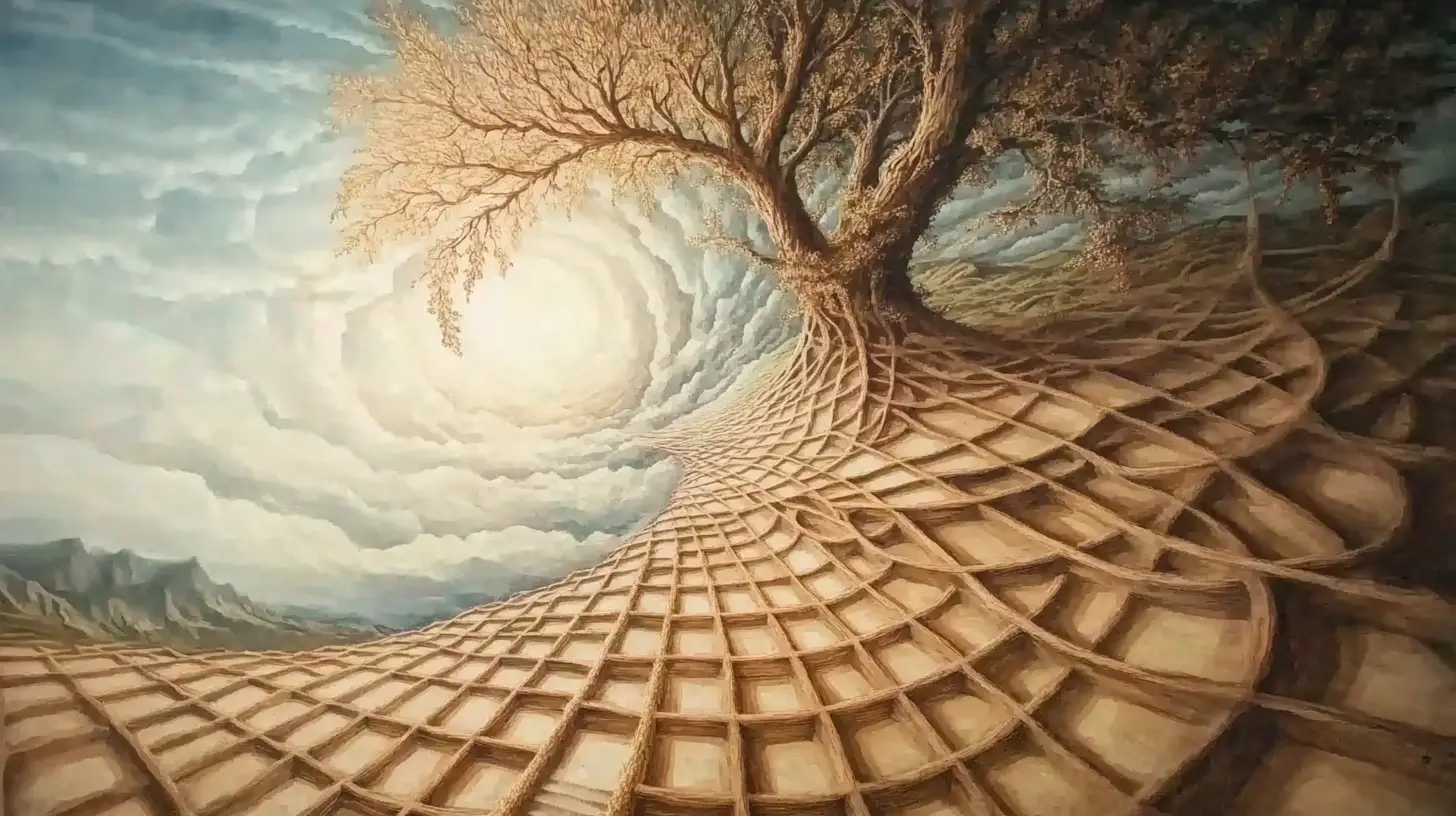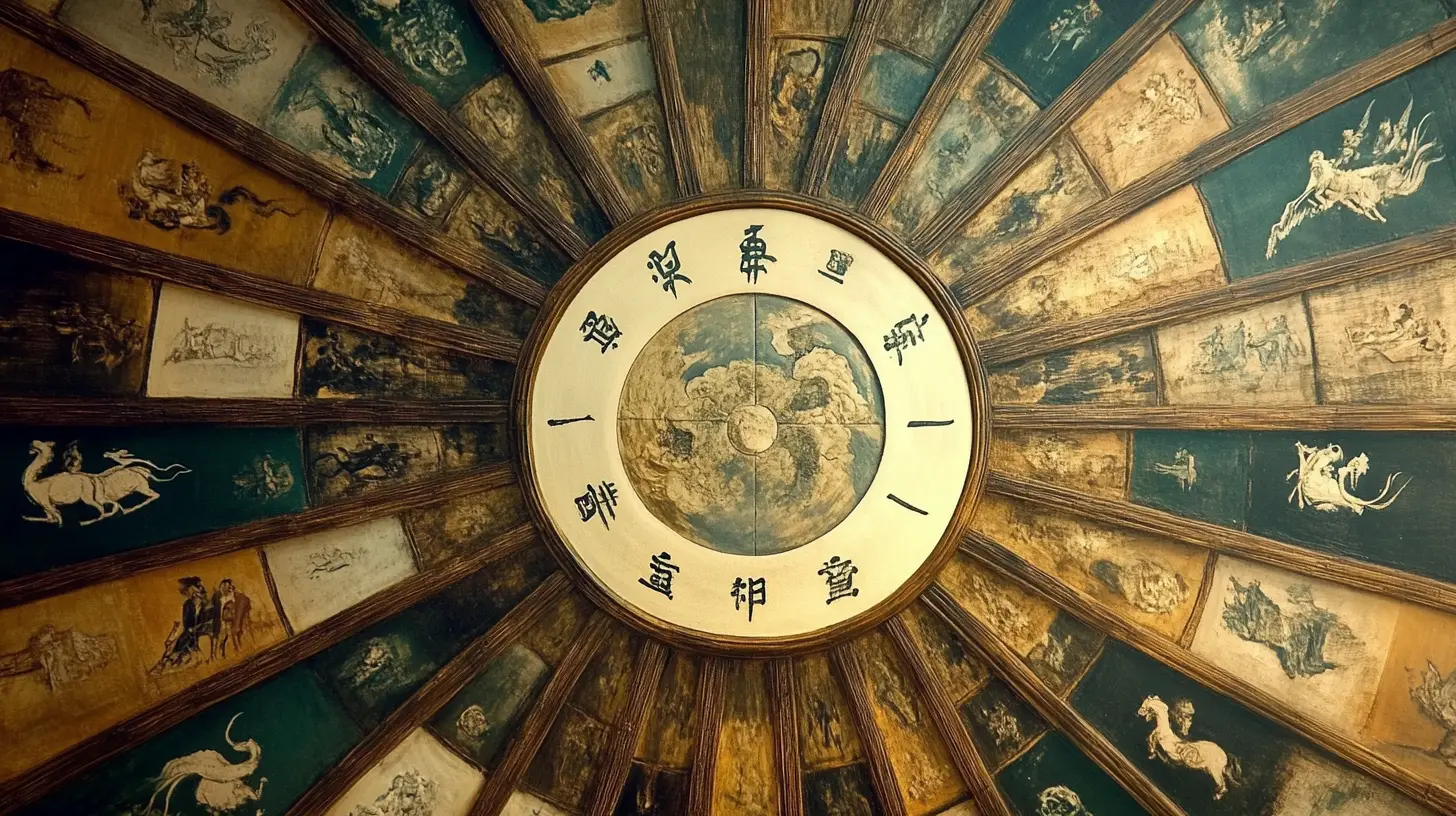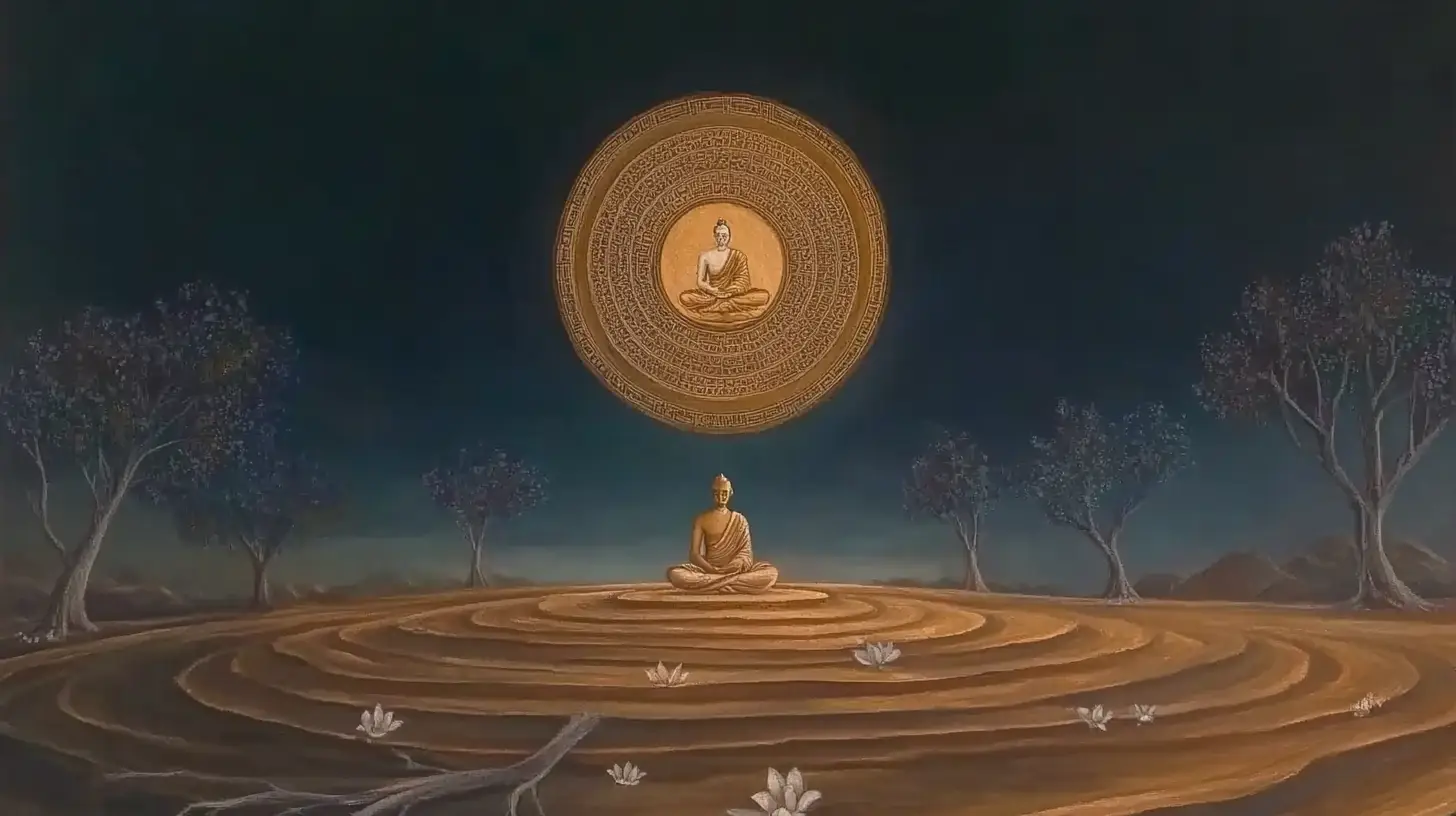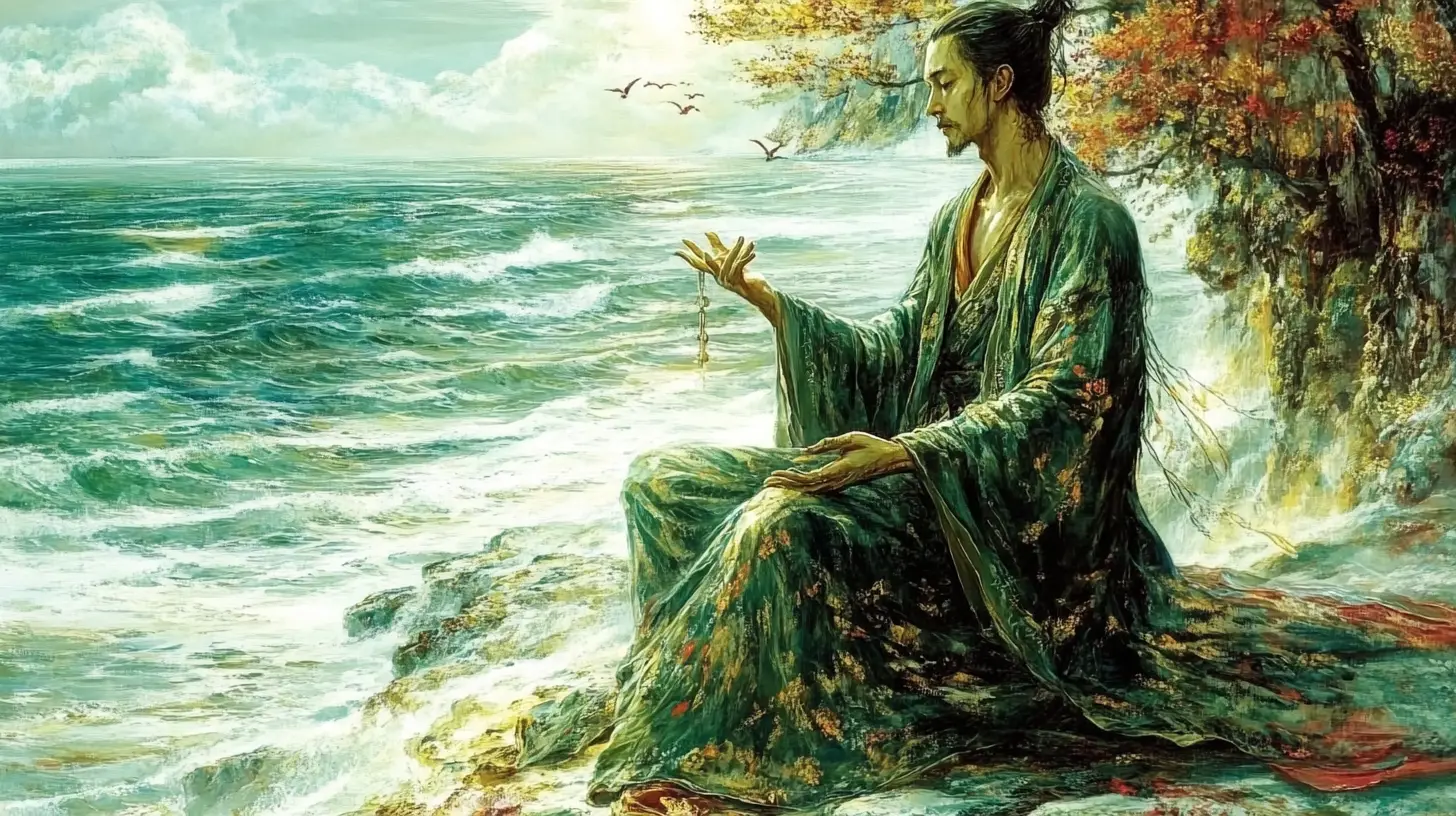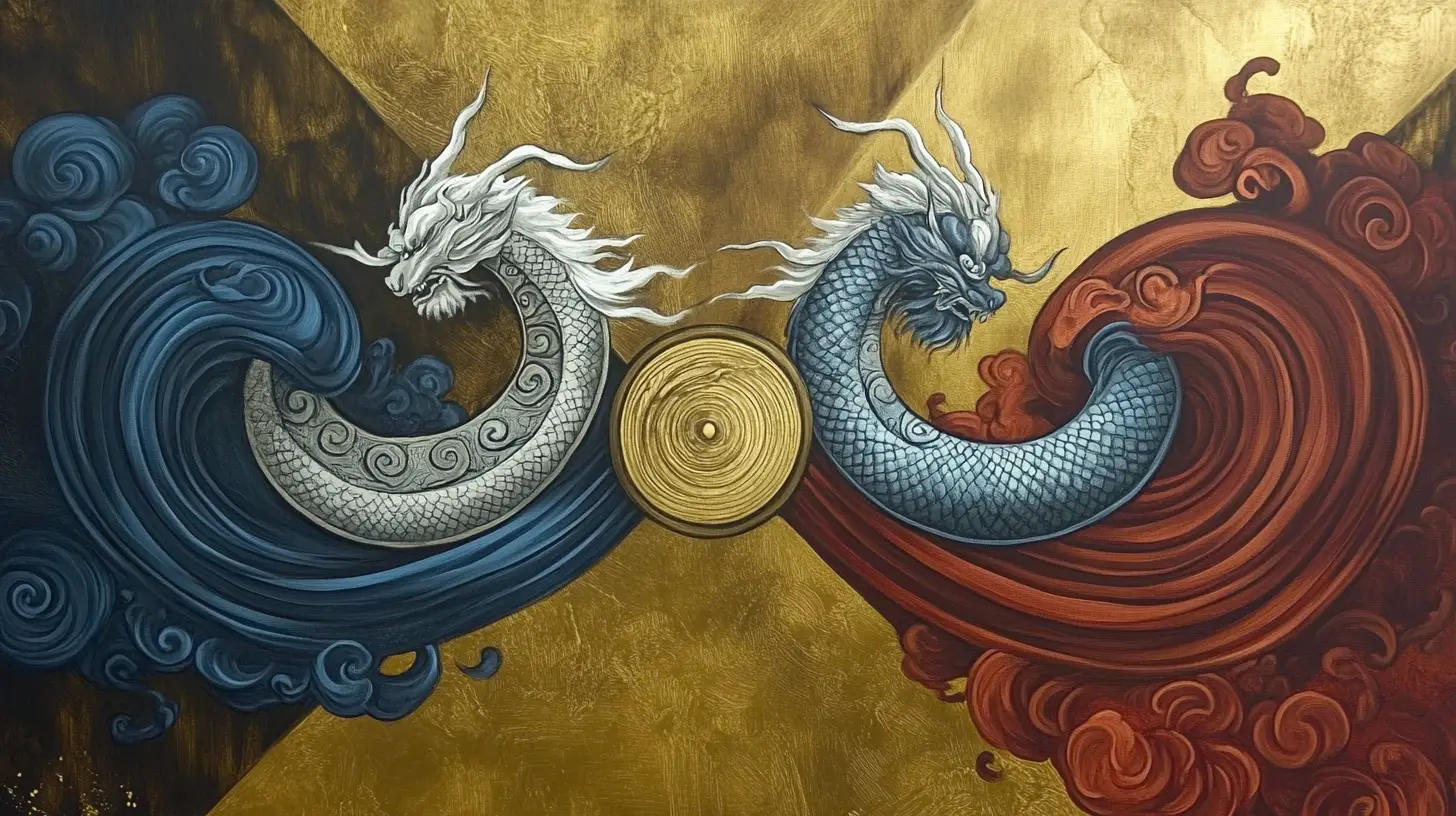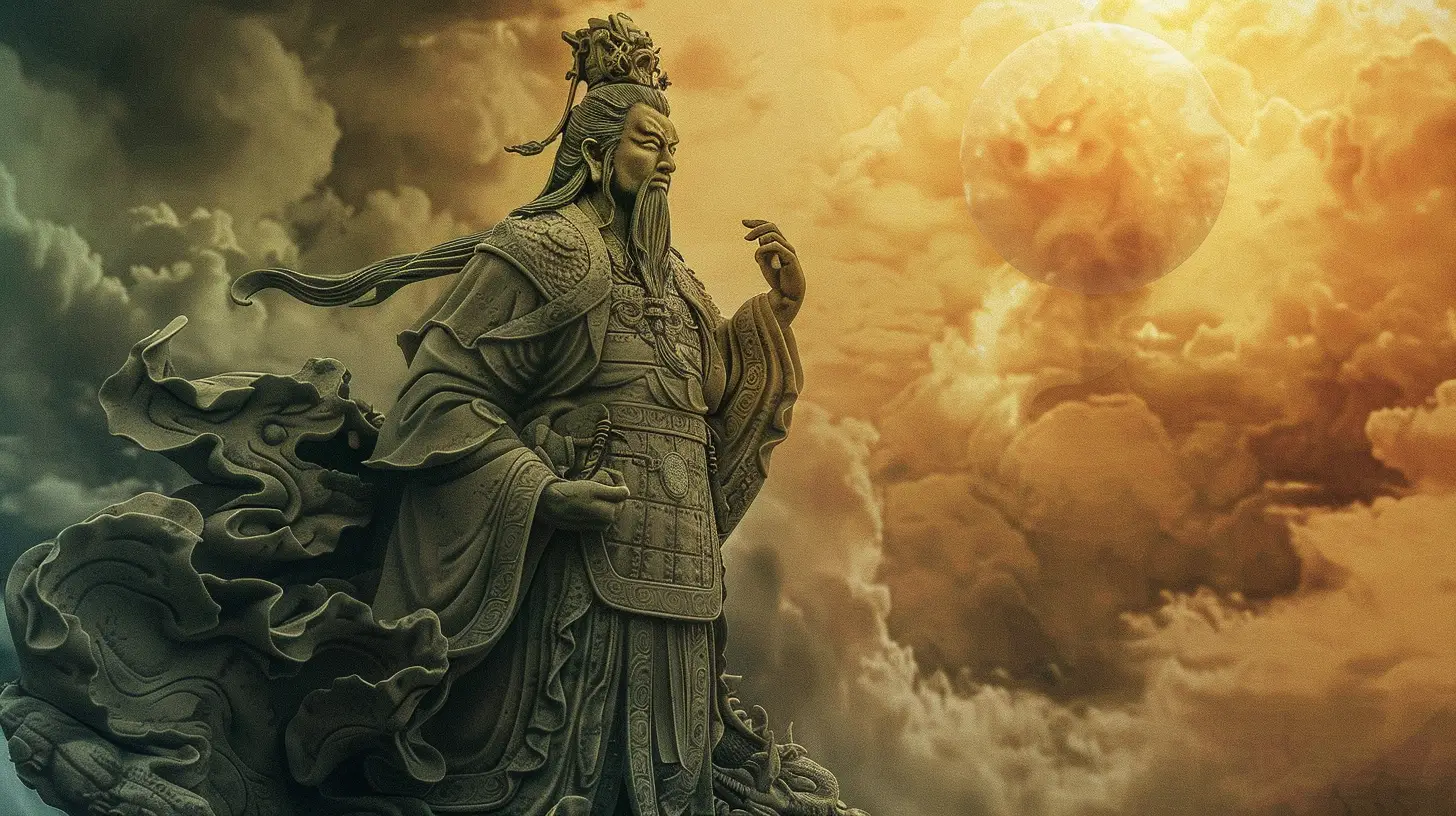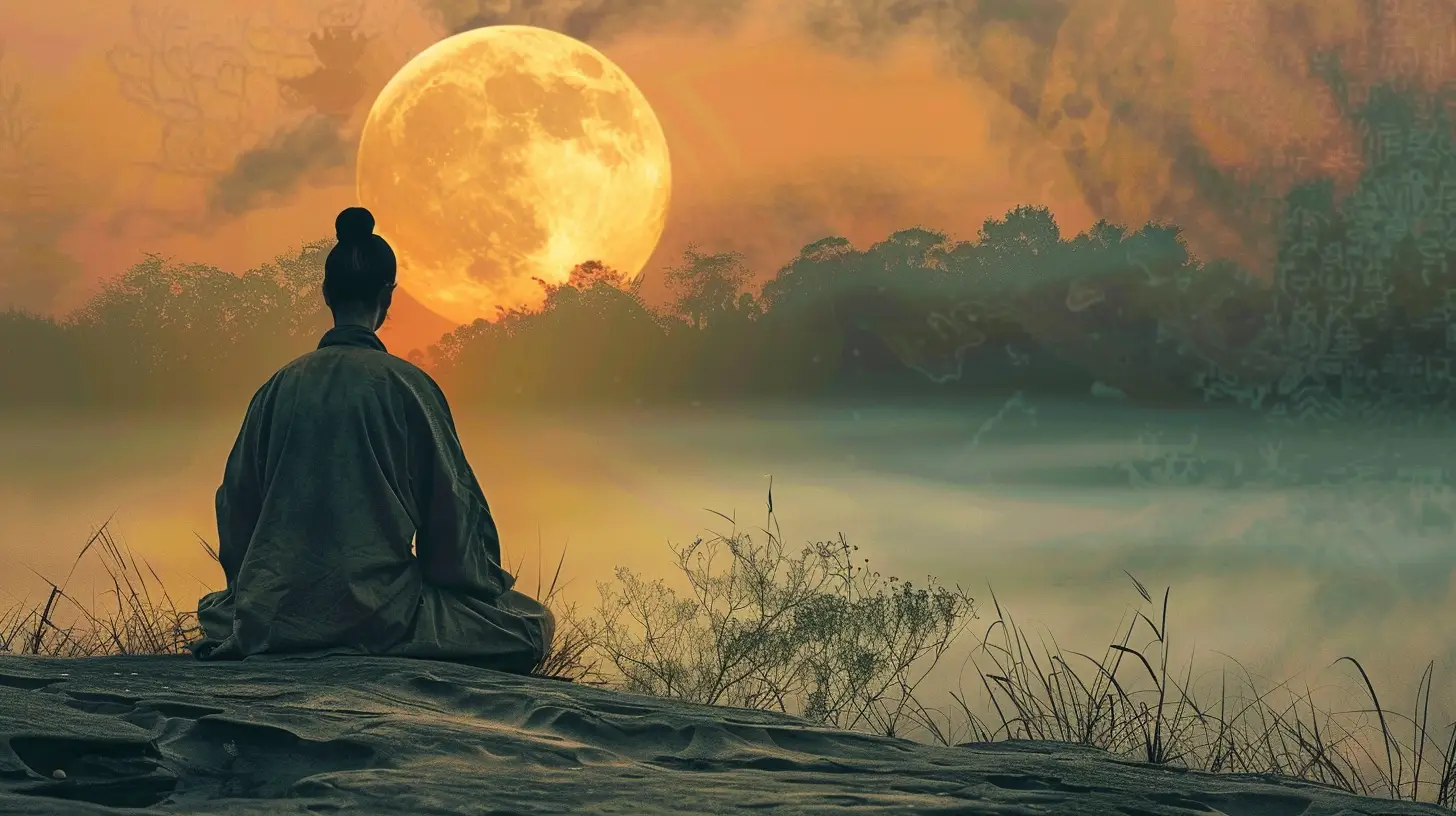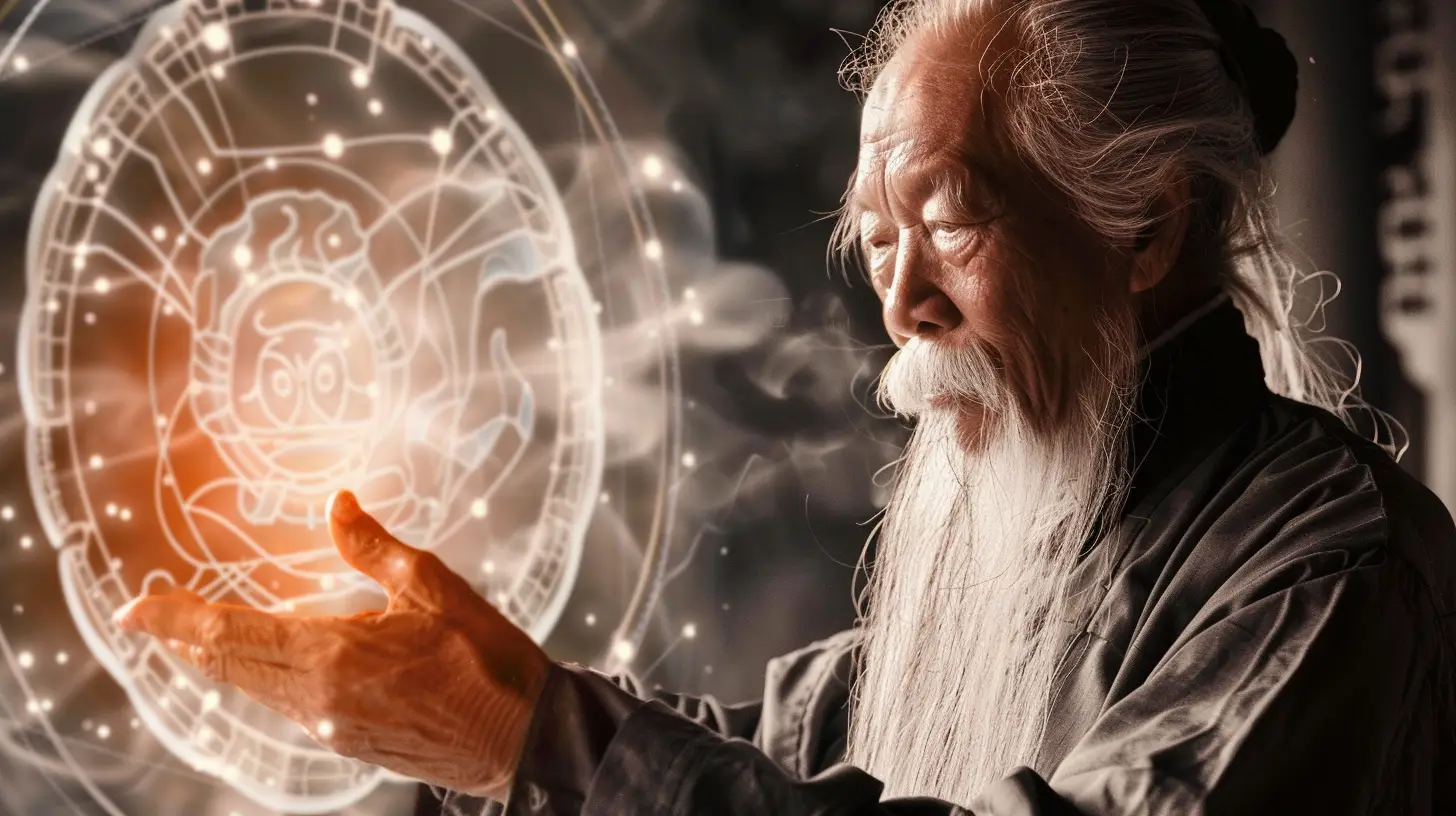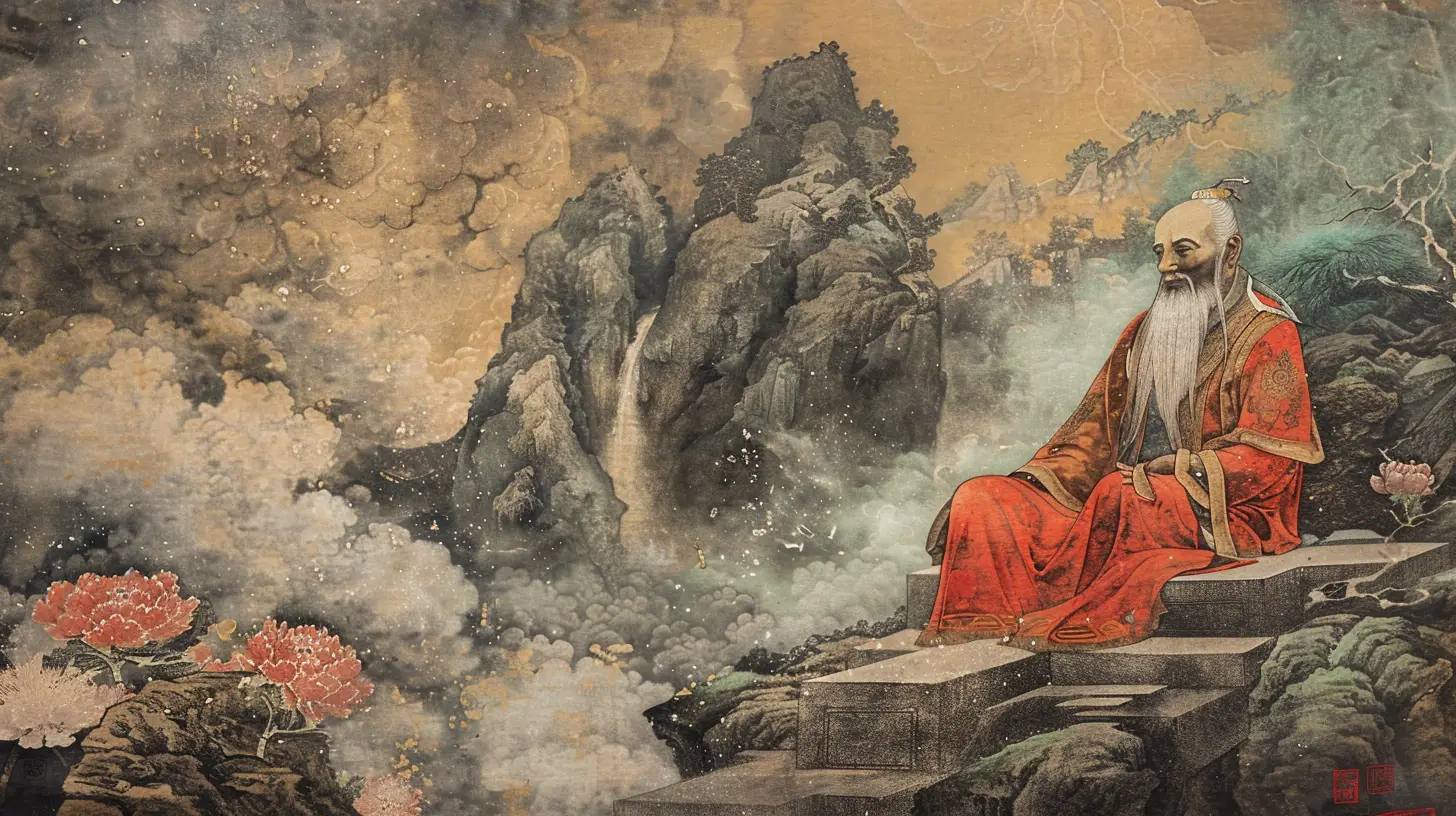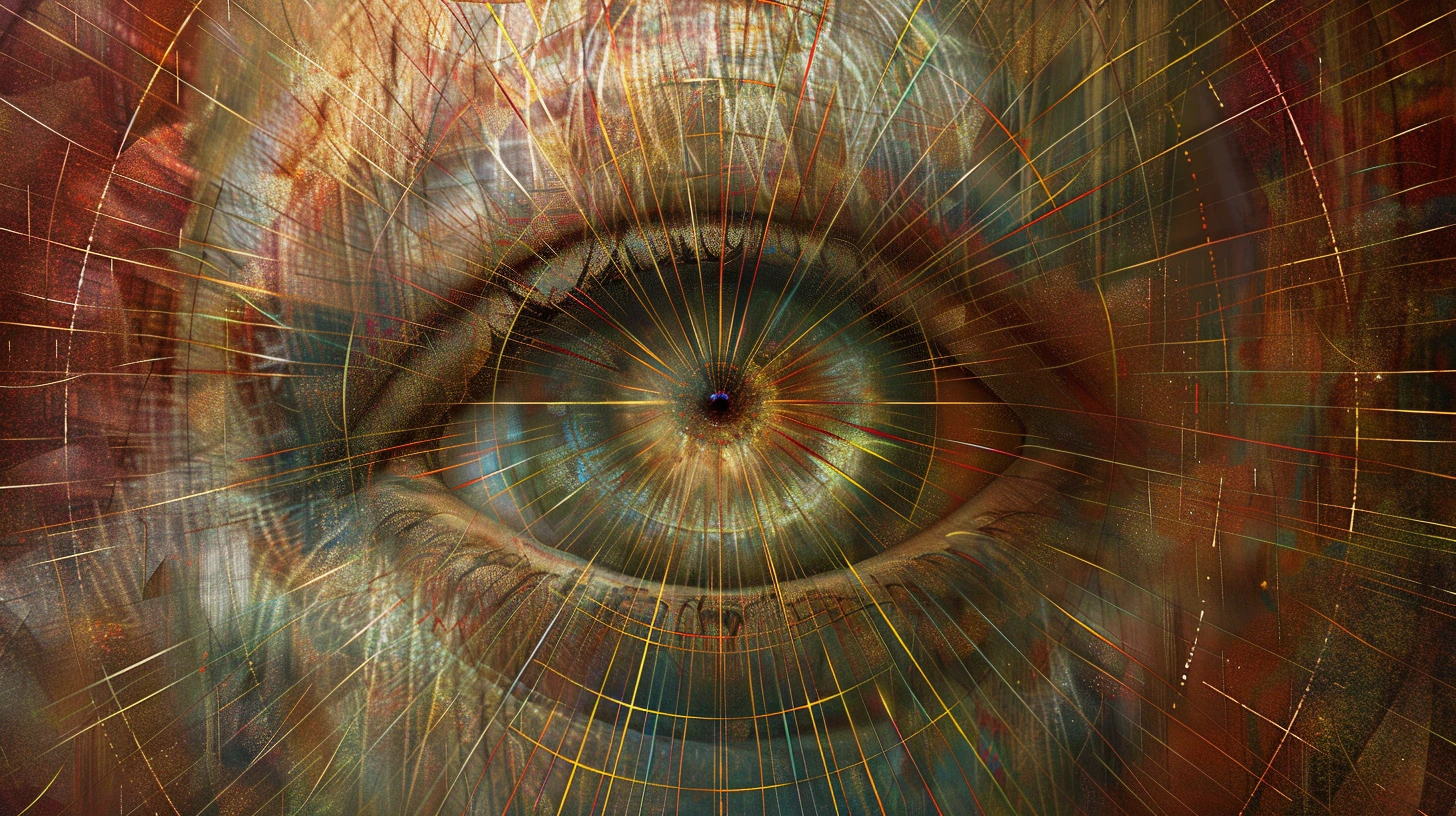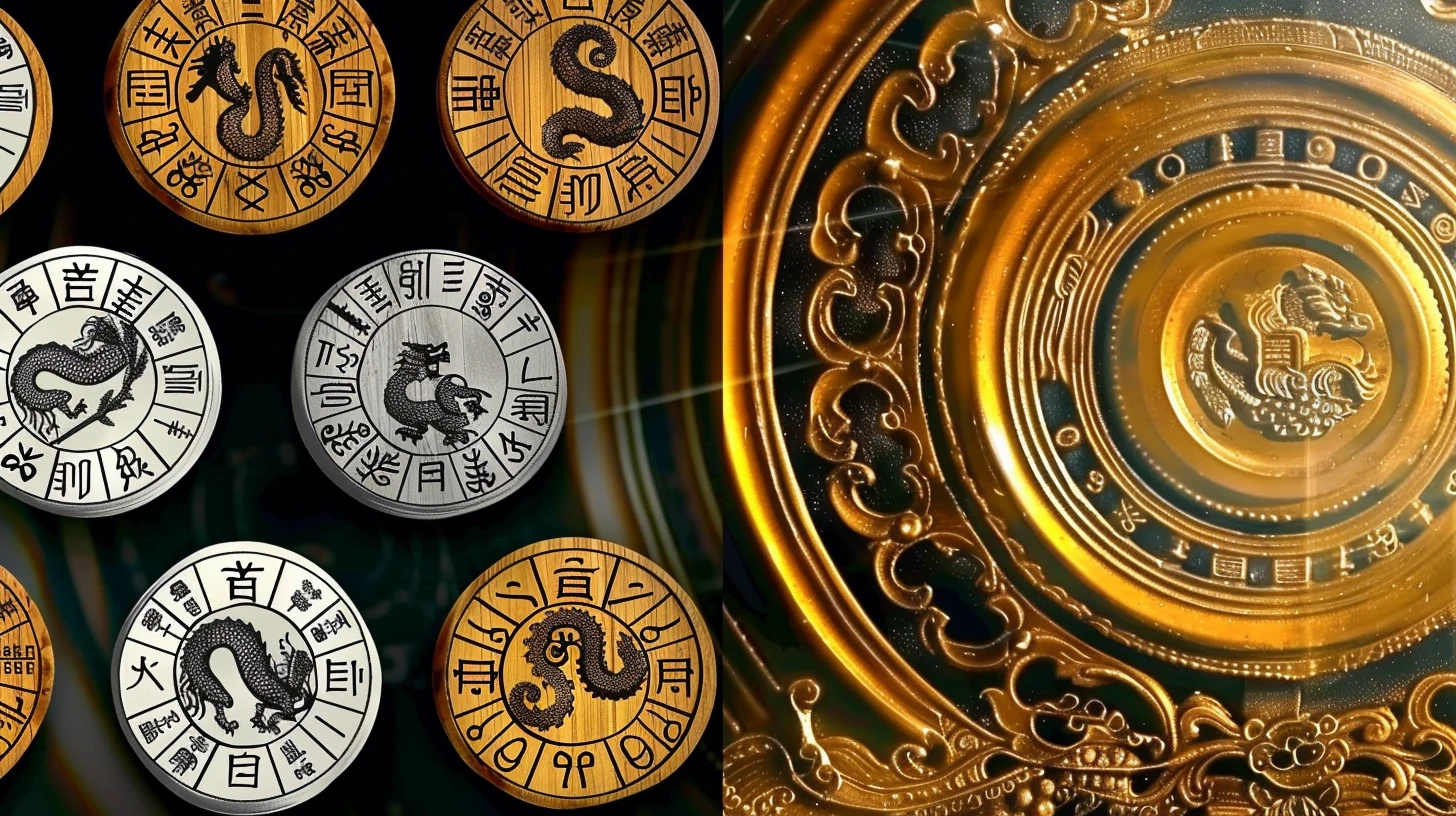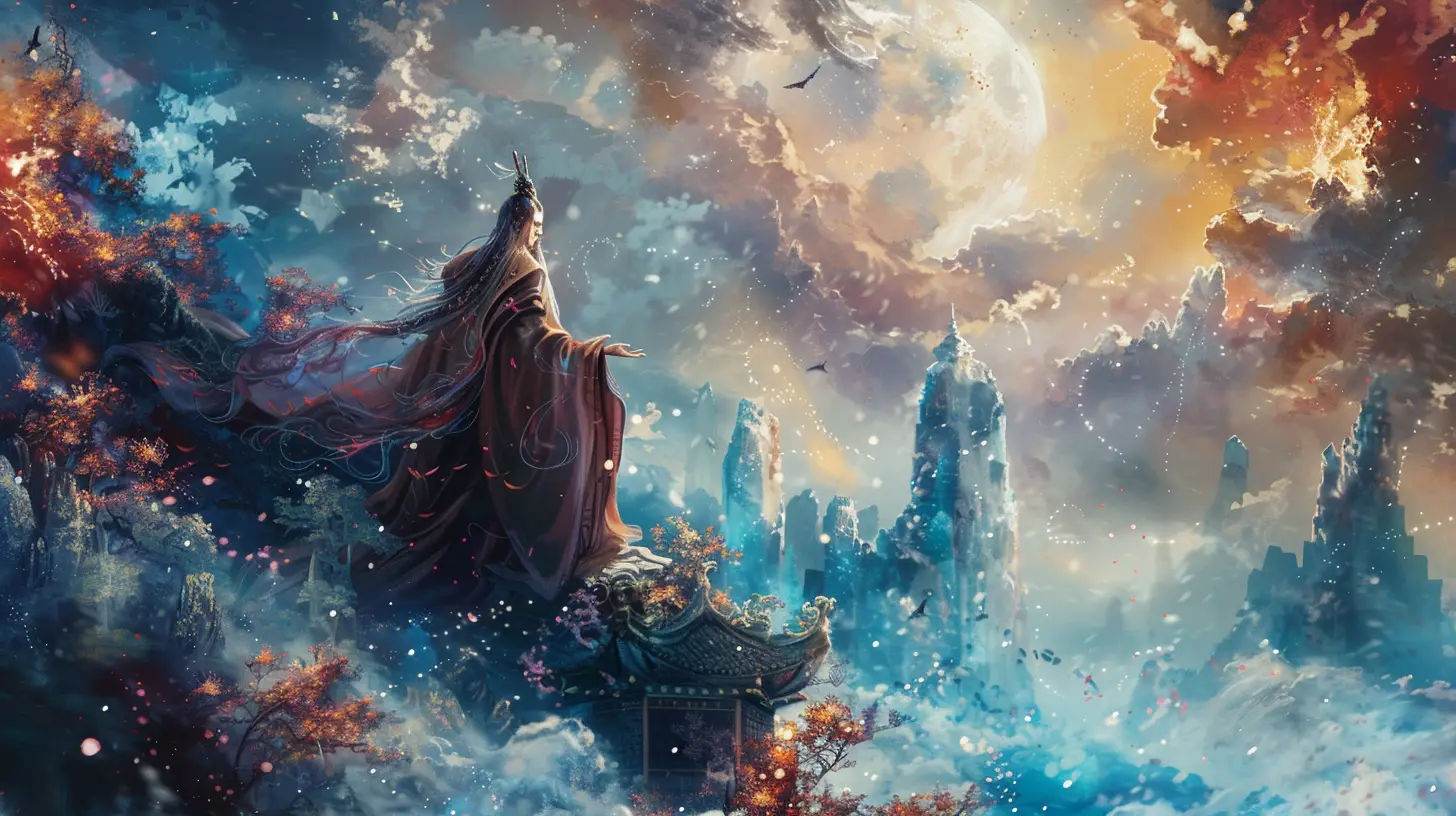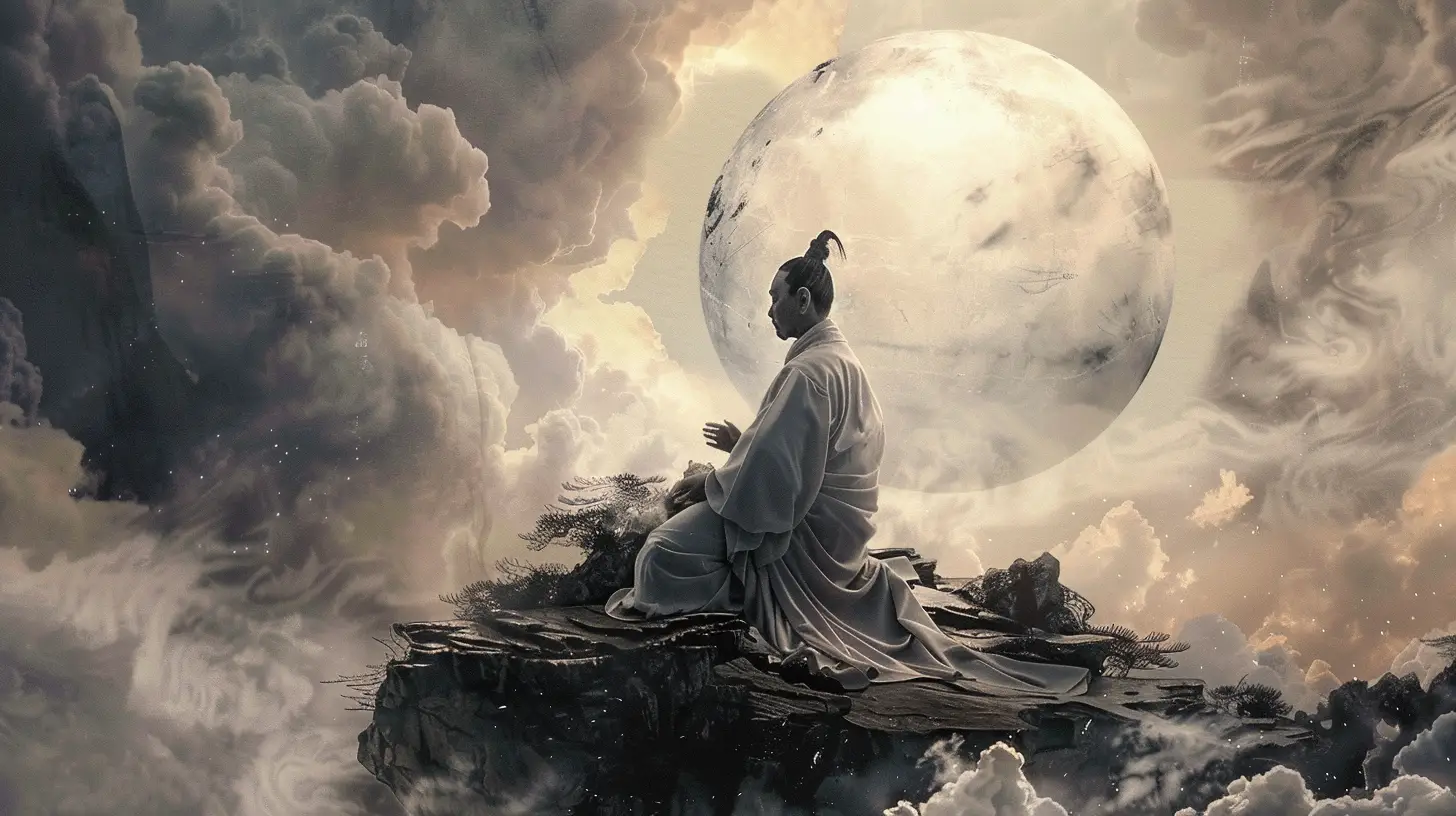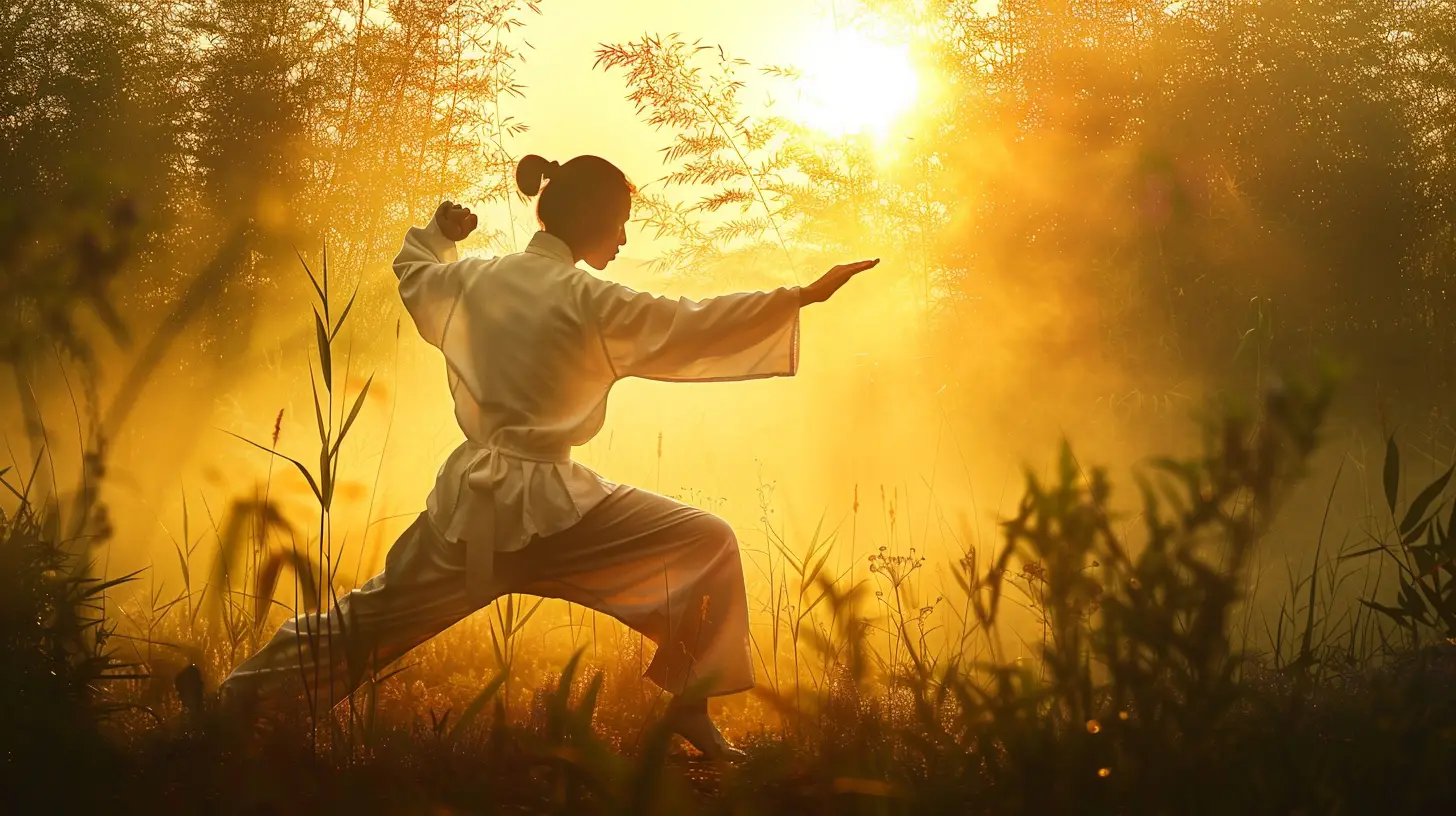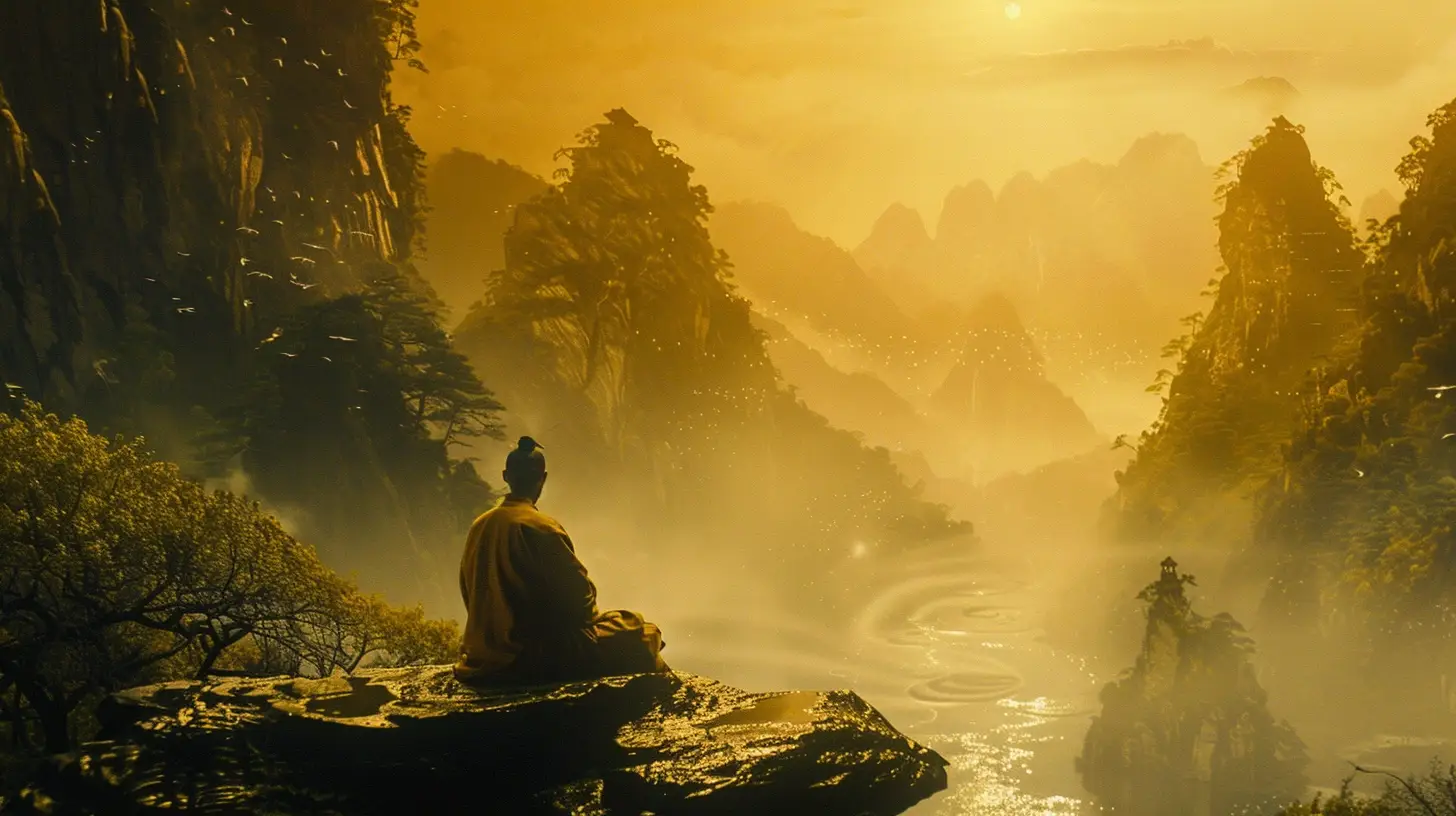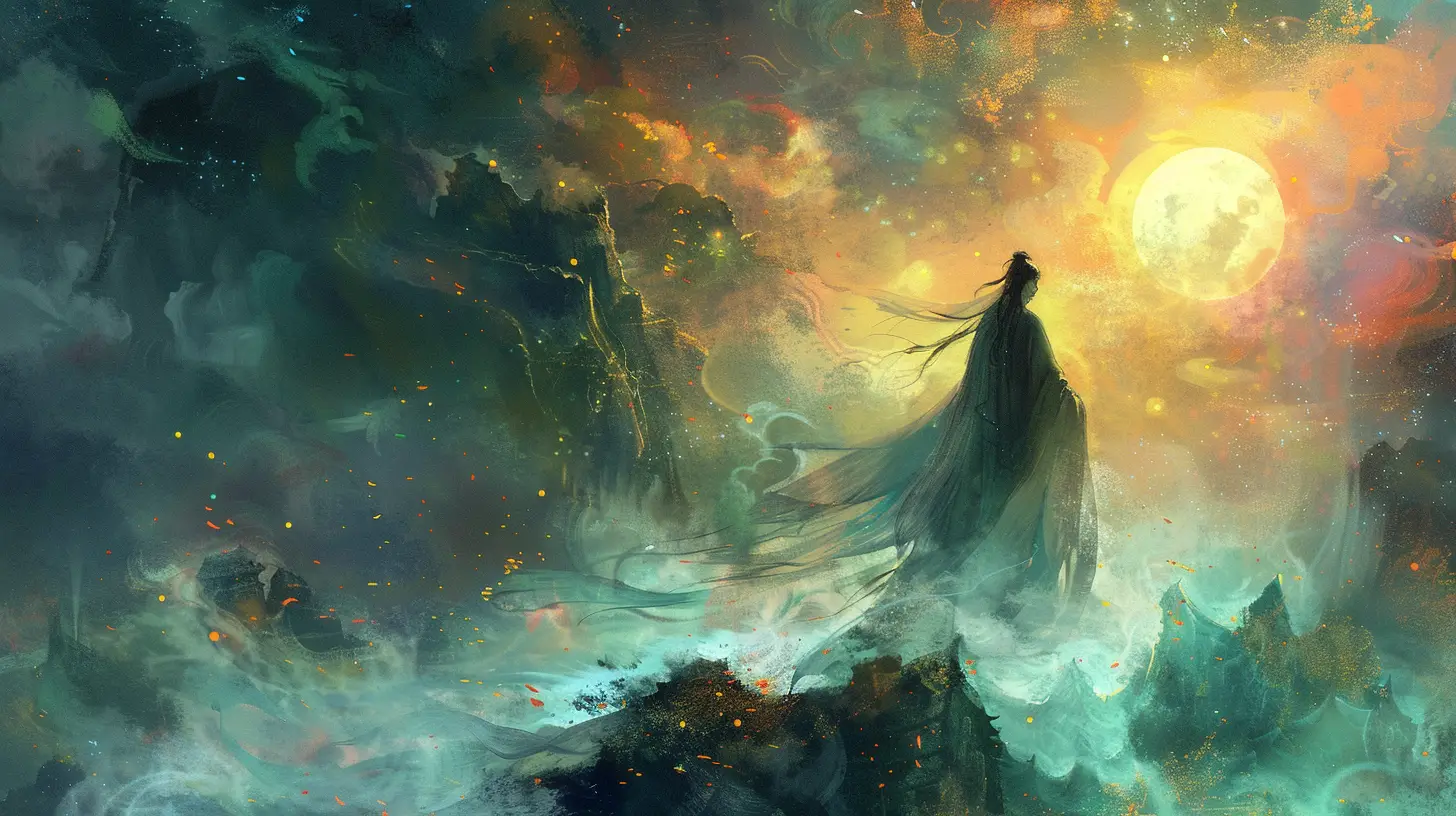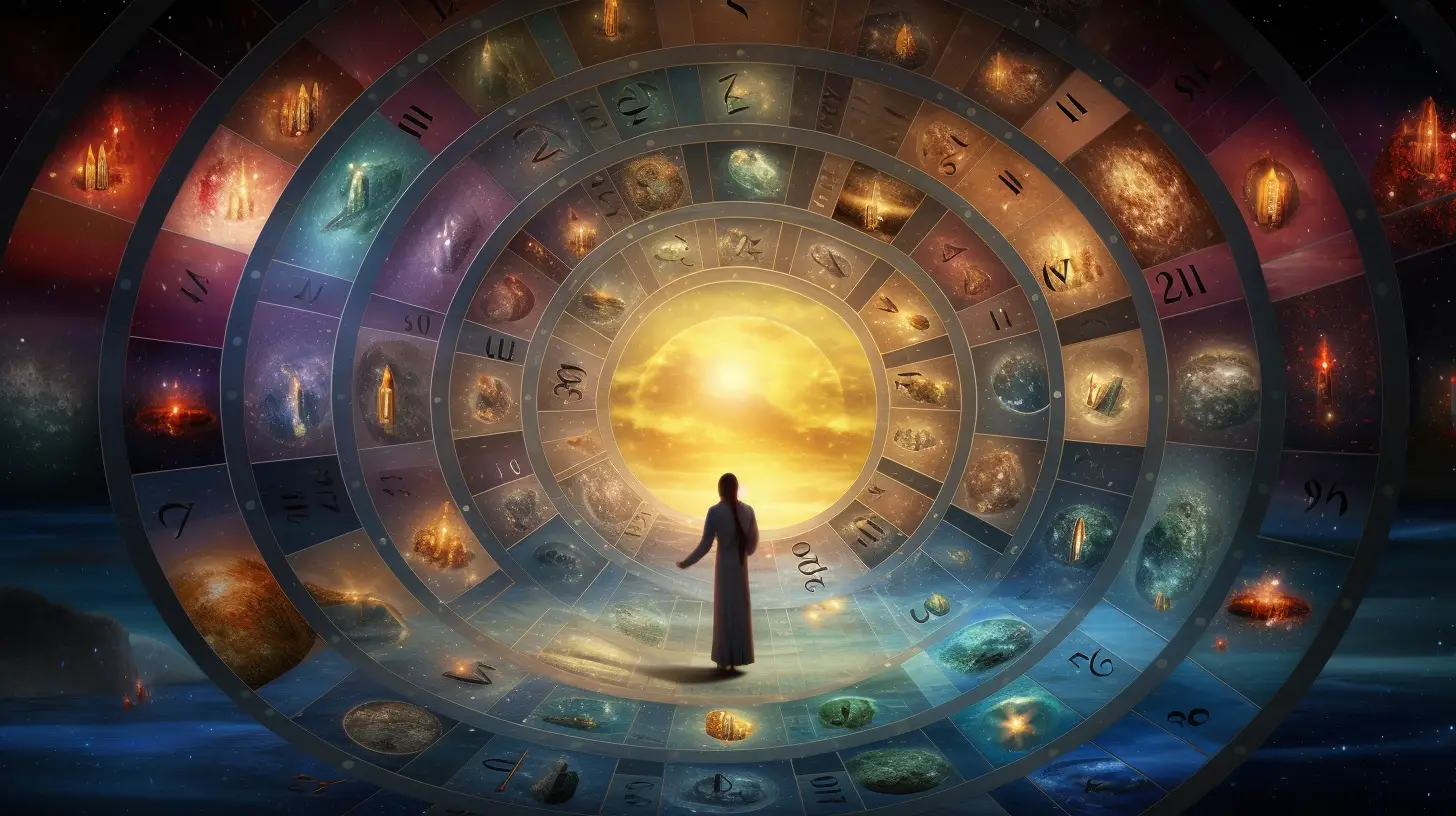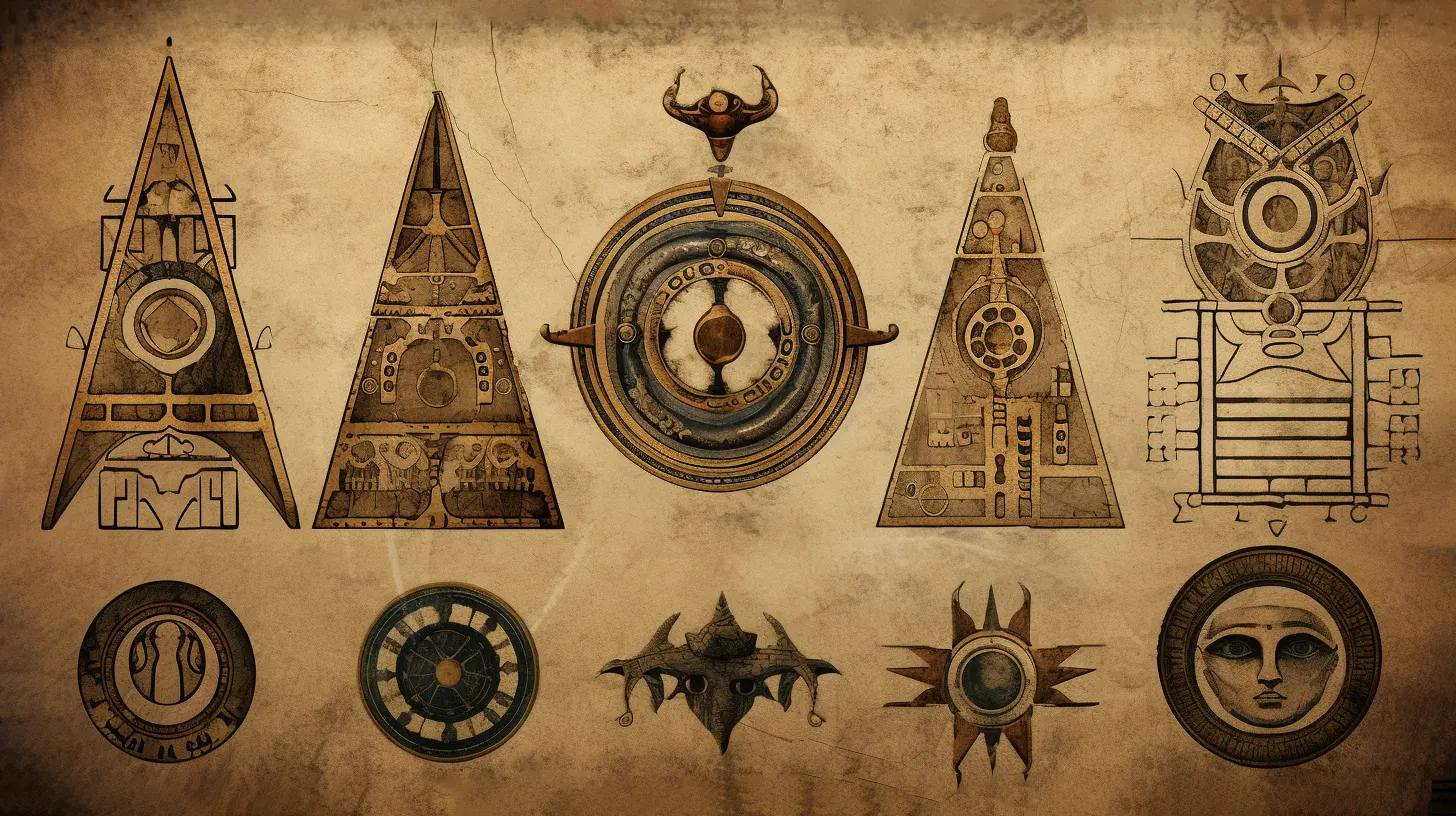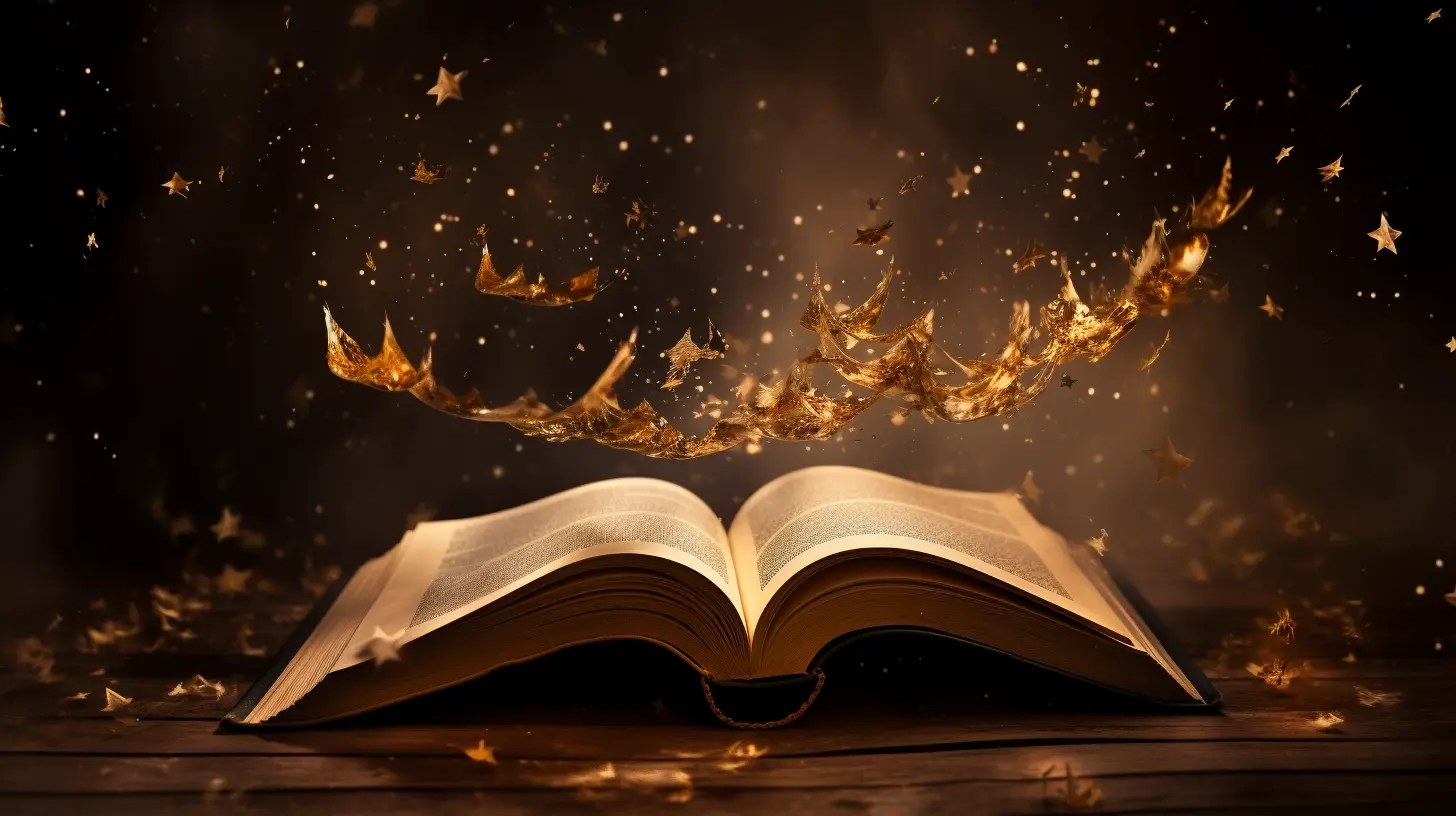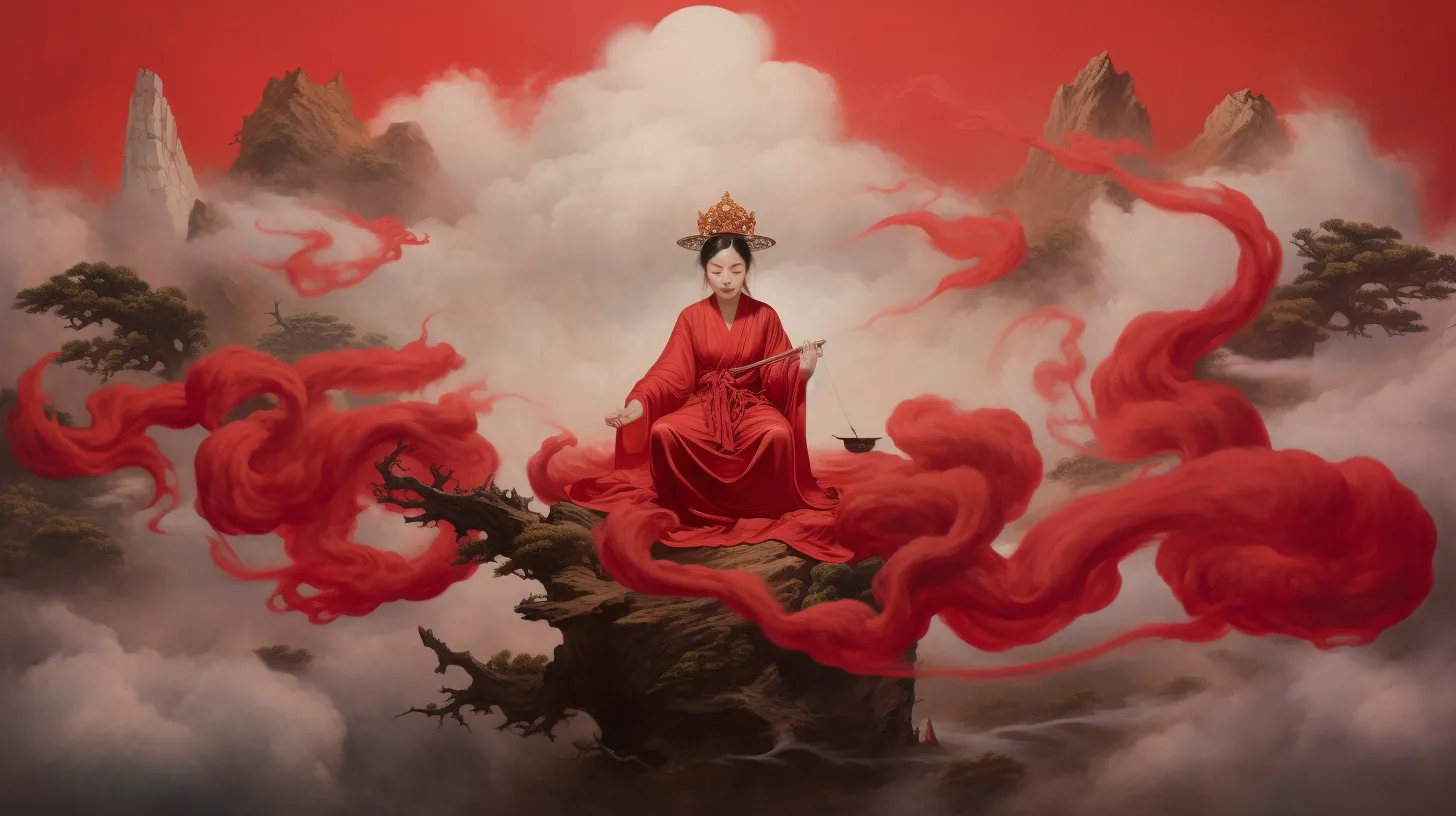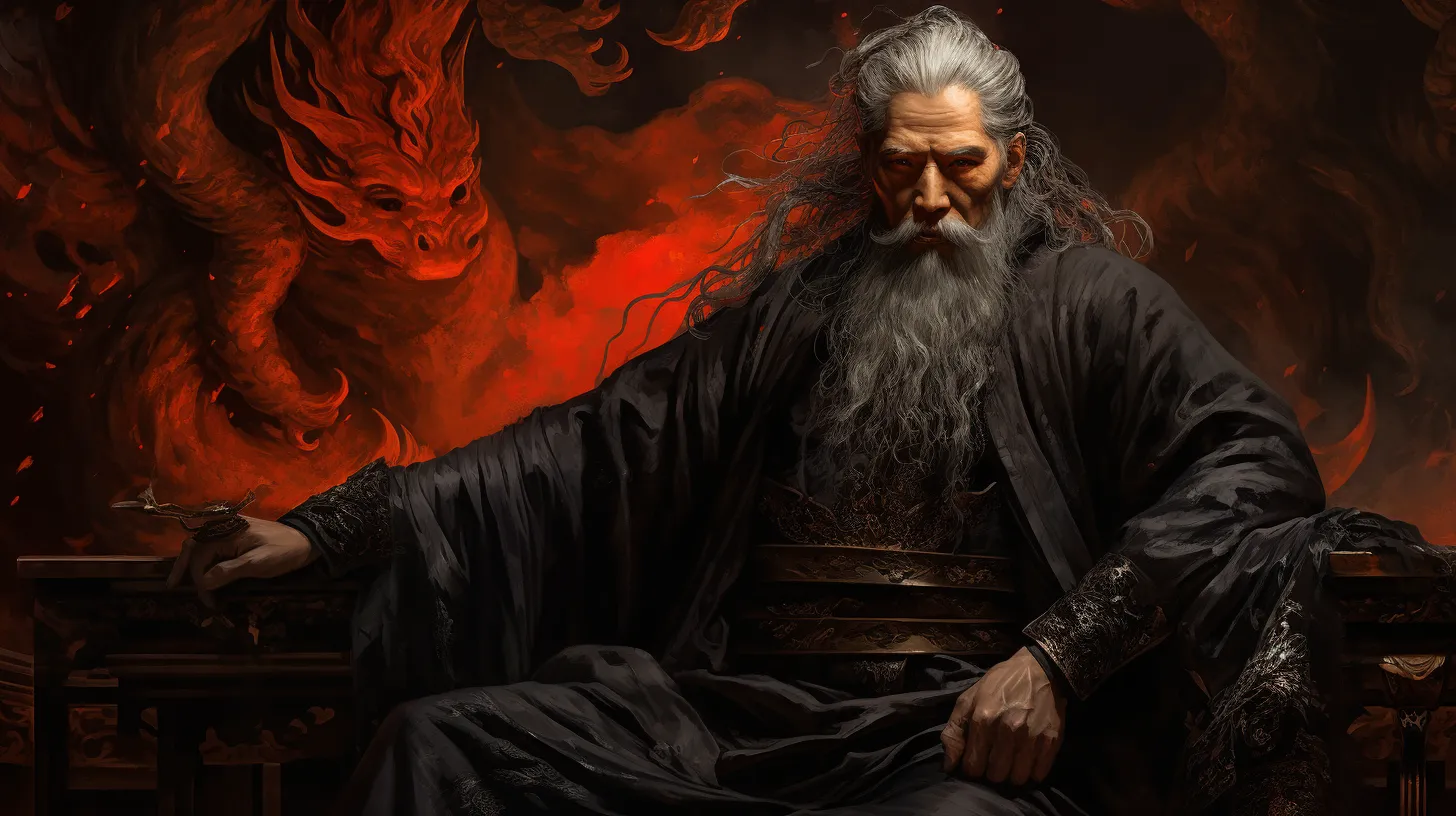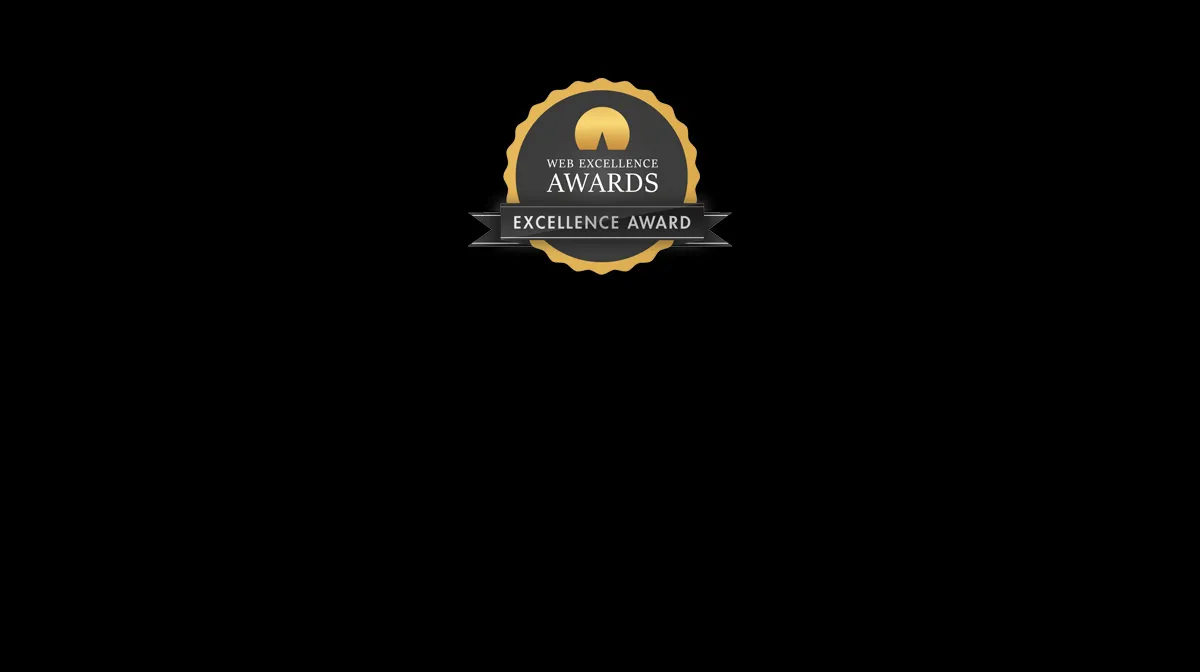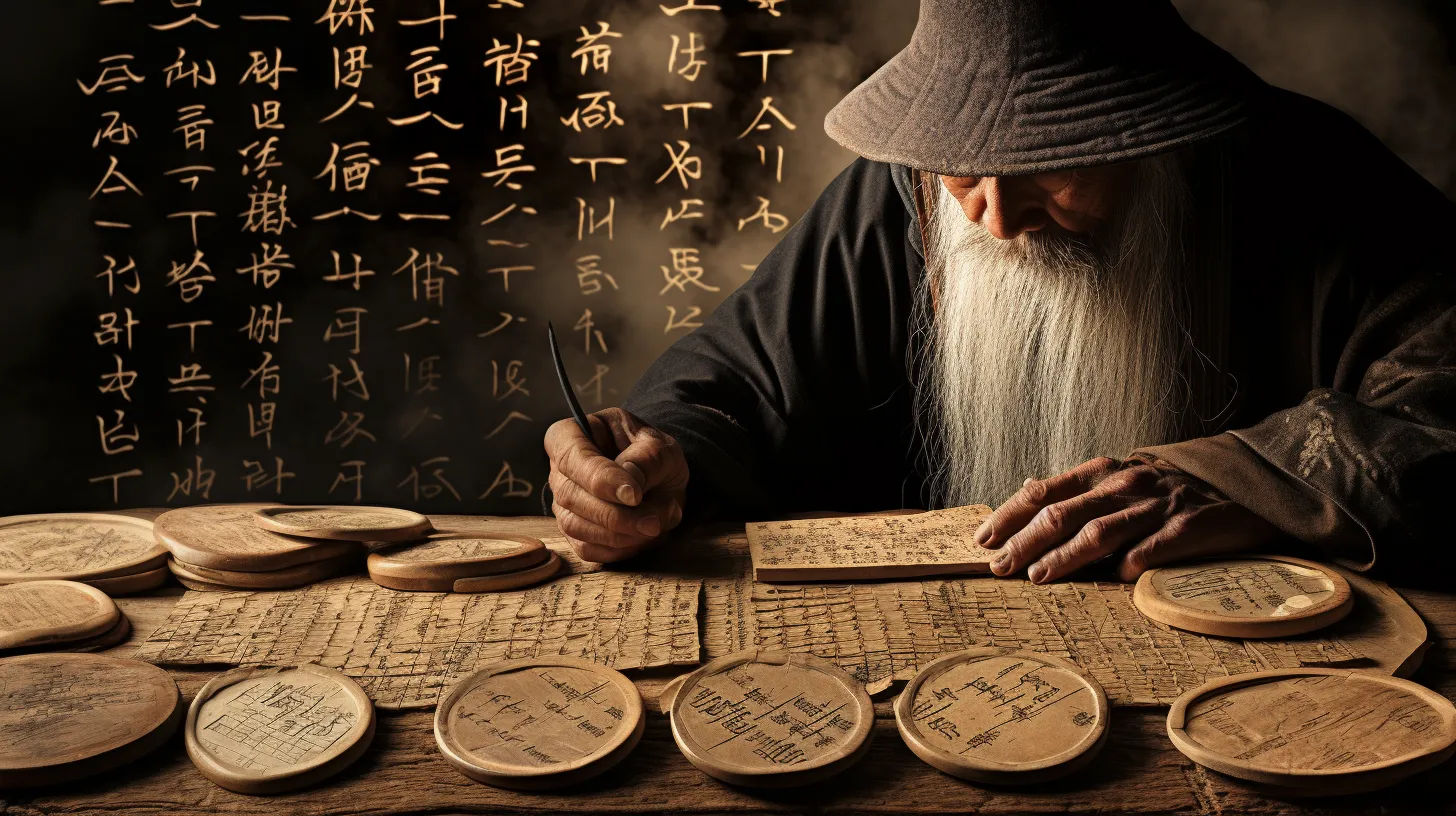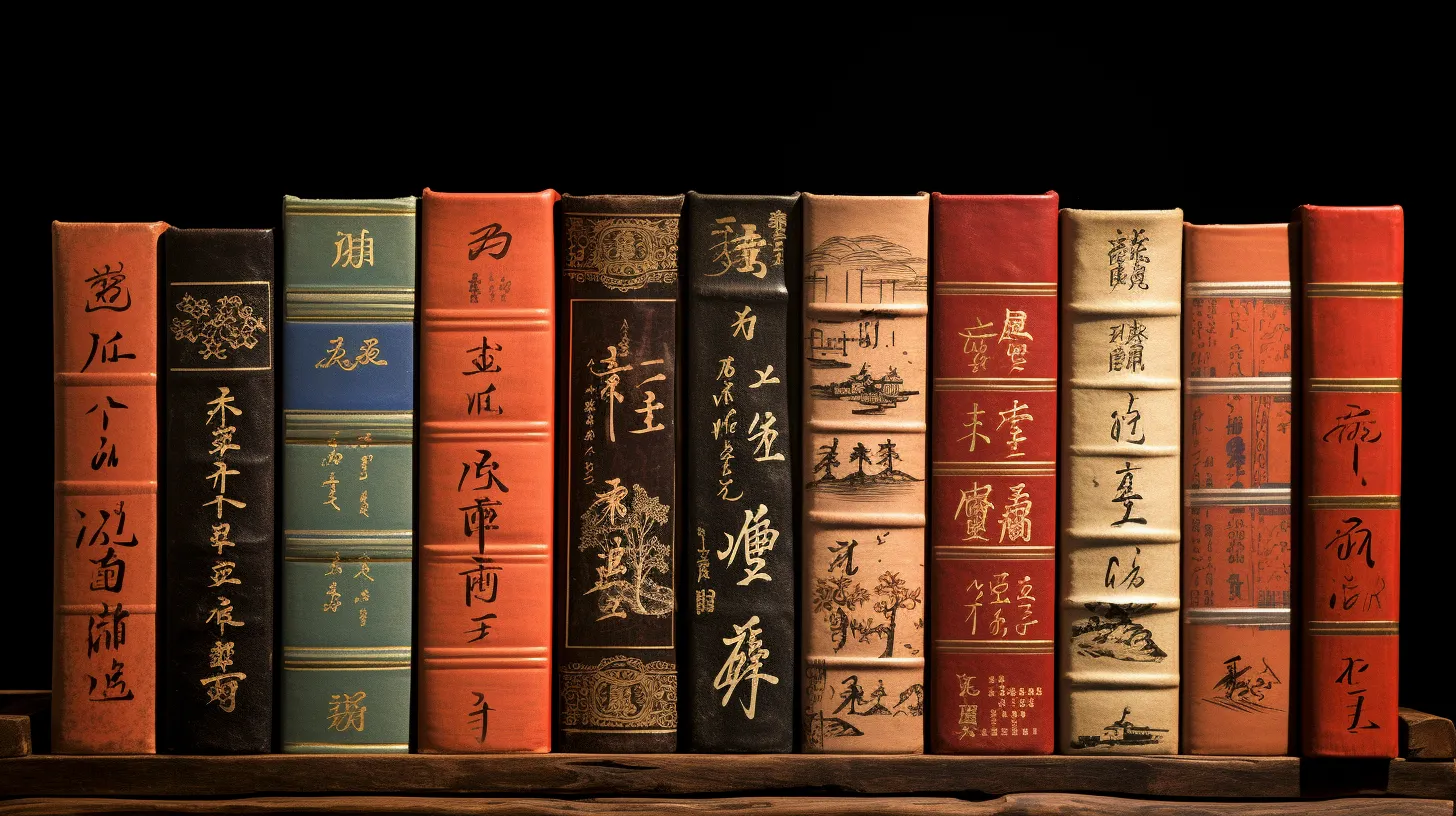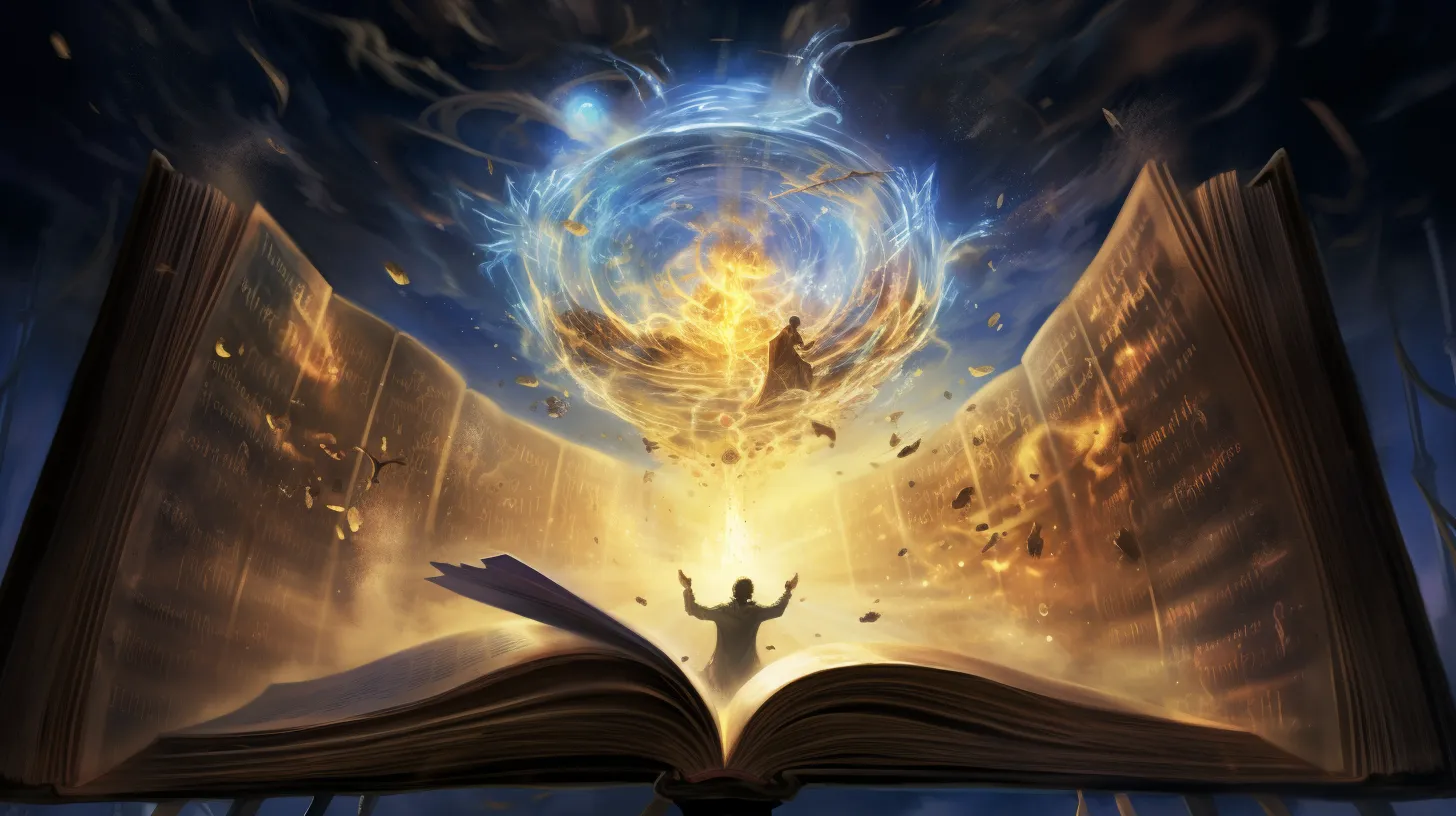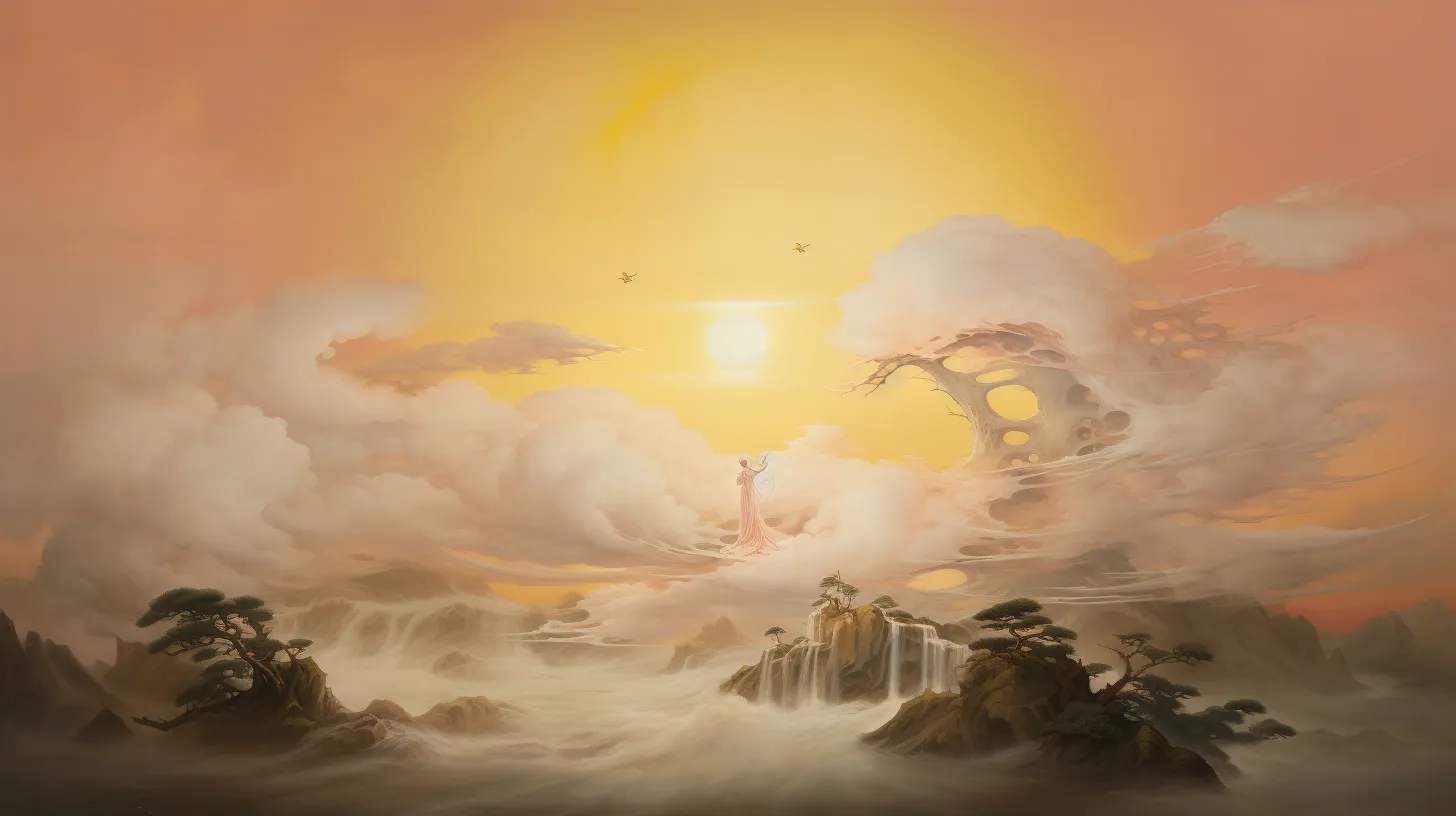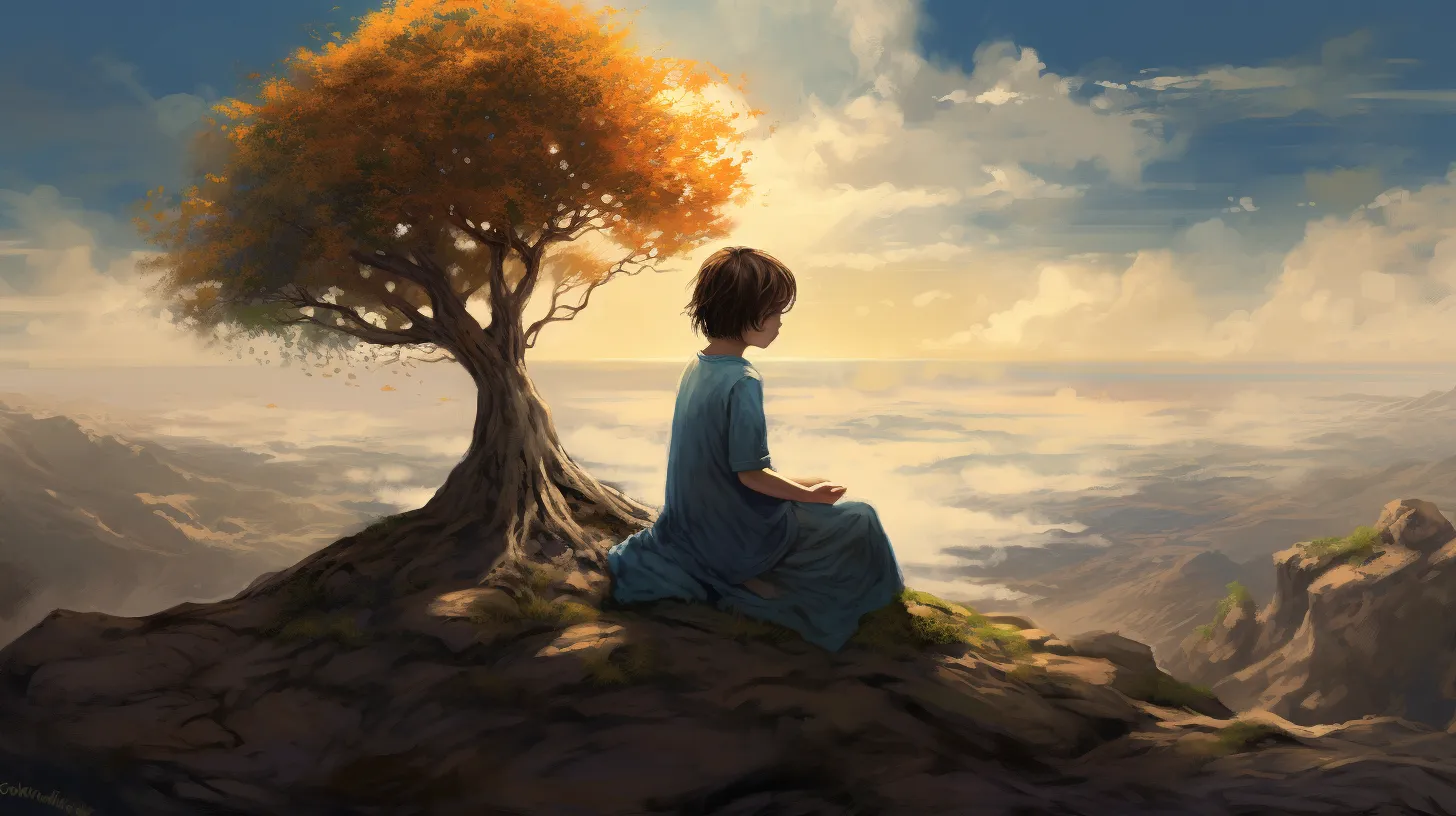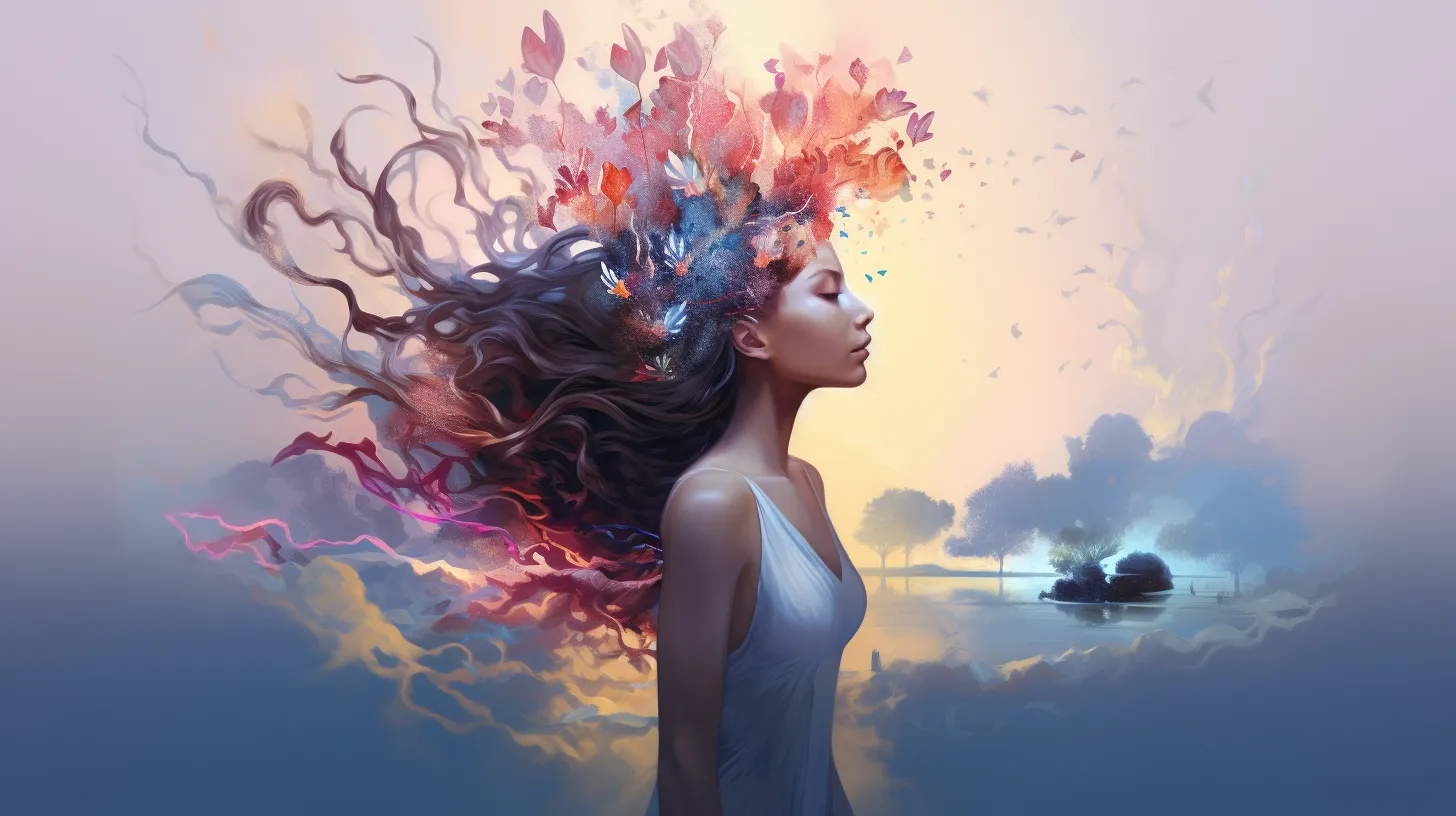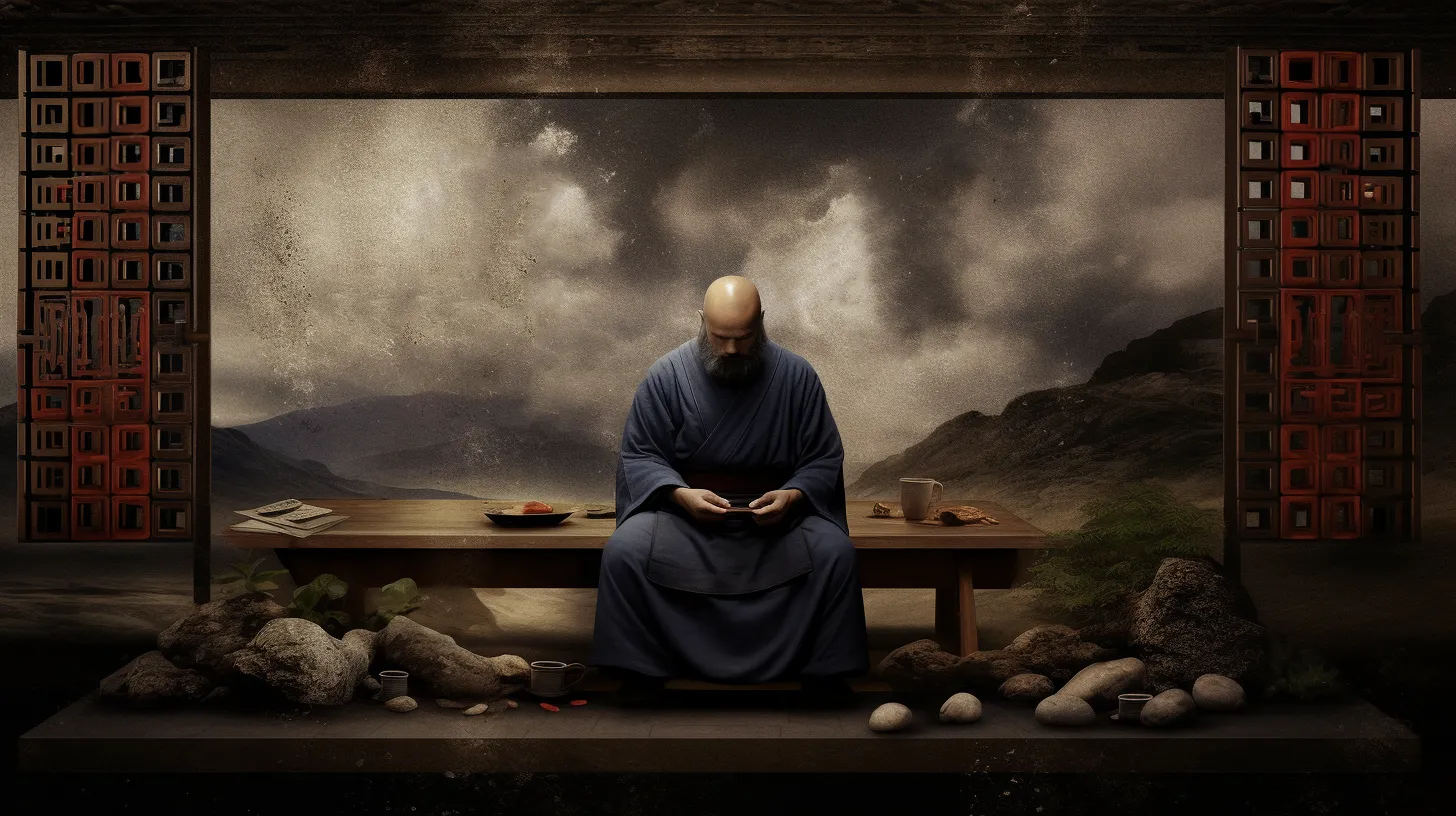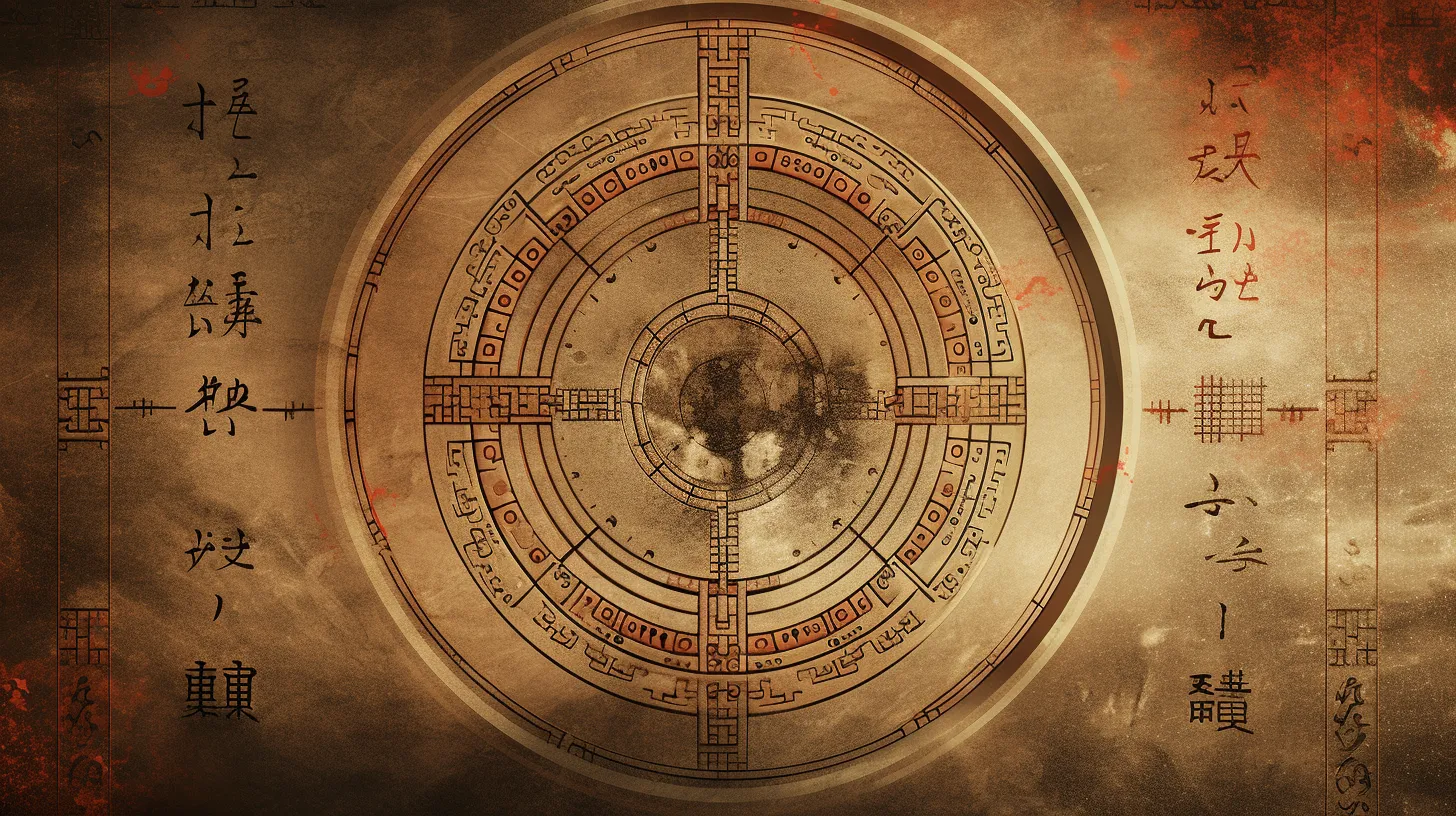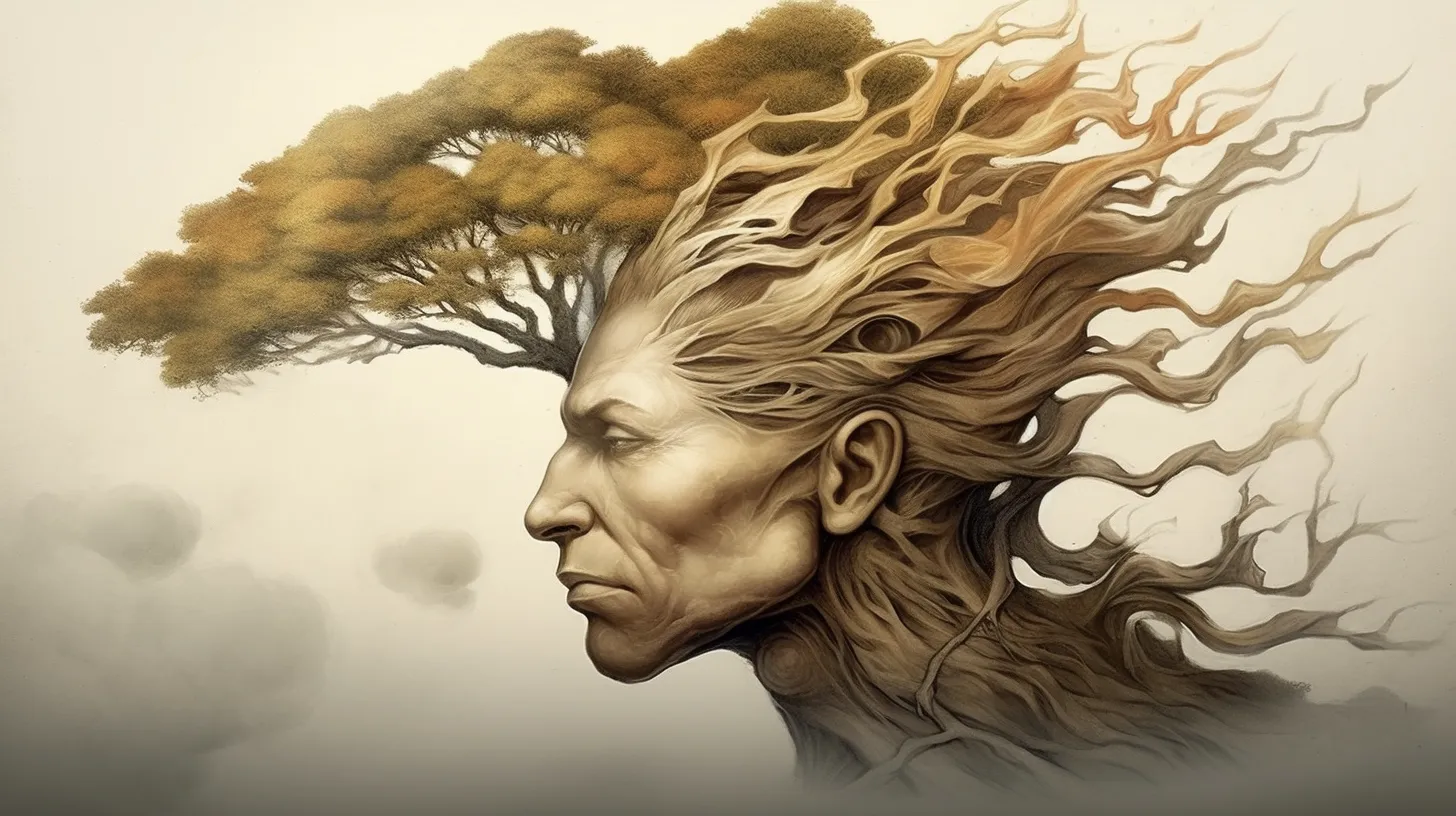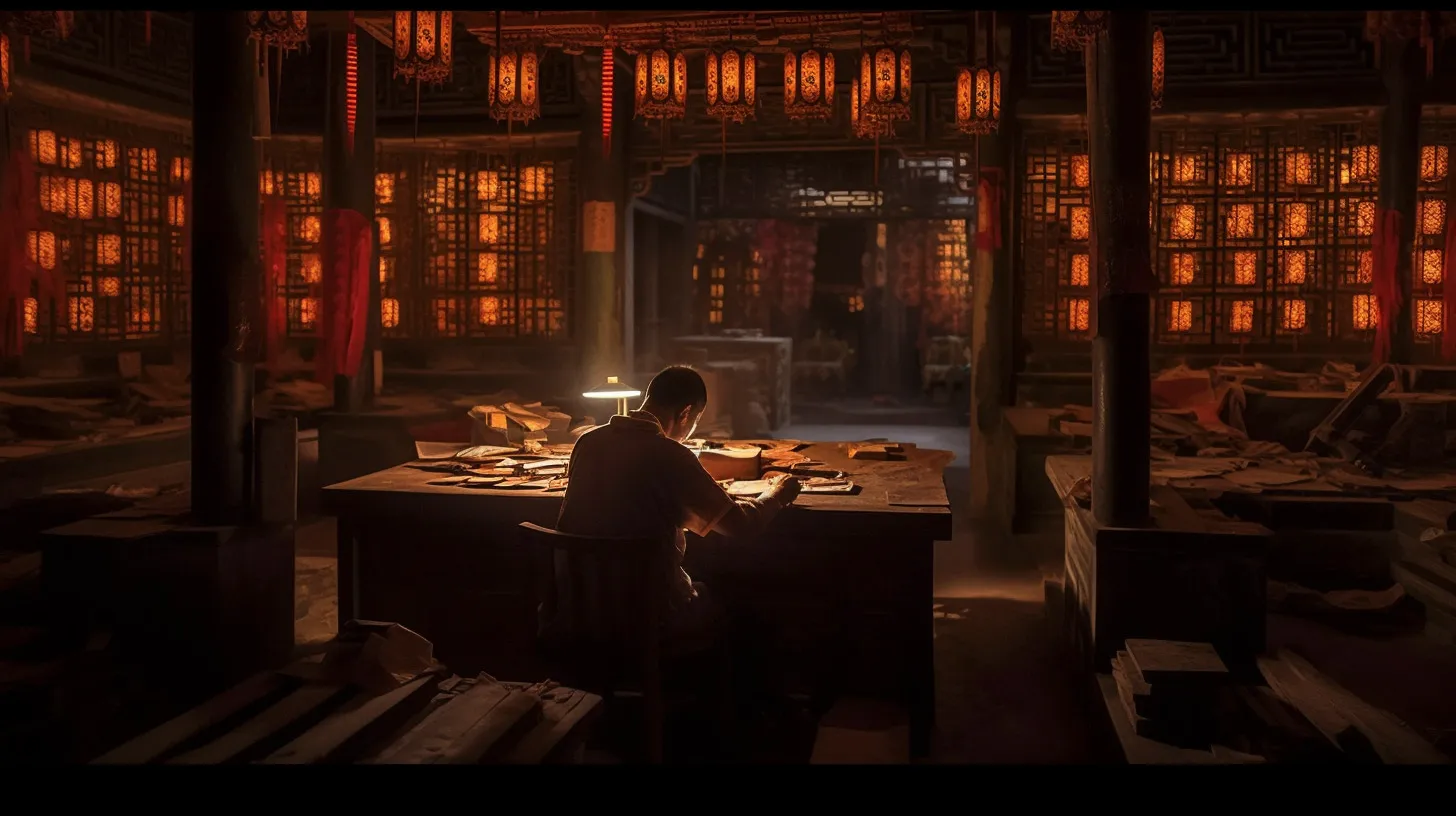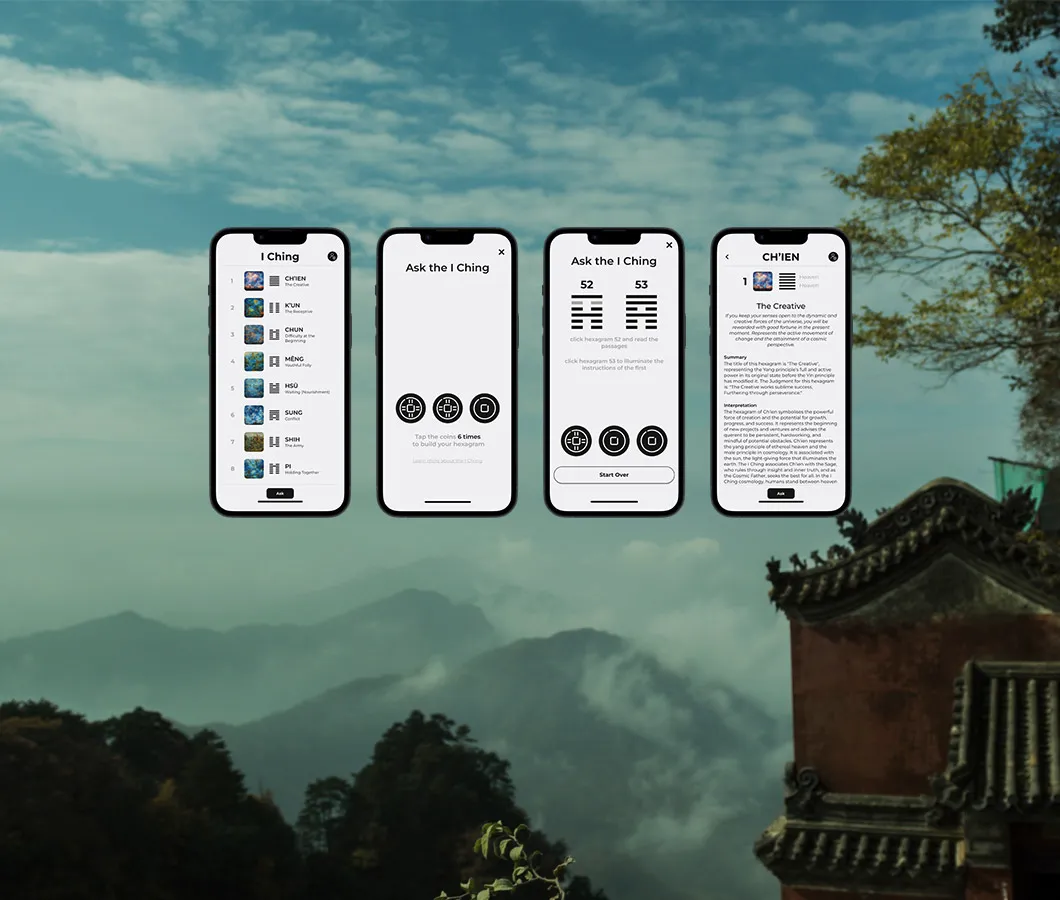The I Ching—also known as the Book of Changes—is one of the most influential and mysterious ancient books in world history. Regarded as both a book of wisdom and a divination manual, it has shaped the spiritual, philosophical, and political life of China for over two thousand years. But who actually invented the I Ching? Was it a single sage, or an evolving tradition?
The Tao Te Ching by Lao Tzu has inspired sages, poets, philosophers, and seekers for over two thousand years. Yet with so many versions available today, choosing the best translation can feel like navigating a mist-shrouded mountain path. This article explores what makes a great translation of the Tao Te, compares some of the most respected translators, and helps you find a version that speaks to your heart and mind. Whether you’re a curious newcomer or a devoted follower of Taoism, this guide is your compass.
The I Ching, also known as the Book of Changes, or yijing, is one of the oldest and most profound texts in Chinese philosophy. Serving as both an oracle and a guide to understanding the universe’s constant flux, it has captivated readers for millennia. With numerous translations and interpretations available, selecting the right version can be daunting. This article delves into the most respected I Ching books, offering insights into their unique perspectives and helping you choose the one that aligns with your journey.
The I Ching, also known as the Yijing, is one of the world’s most enduring and mysterious ancient books. Often referred to as the Book of Changes, this sacred divination manual has guided emperors, scholars, and seekers for over 3,000 years. But a central question remains When was the I Ching written?
A question arises in a quiet moment. You toss three coins, focus your mind, and receive a mysterious symbol composed of six lines—some broken, some unbroken. You’ve just performed an I Ching reading, one of the most ancient and profound forms of divination in human history.
I Ching coins are more than just decorative antiques or cultural tokens. These small, round, brass or bronze coins, typically with a square hole in the centre, are deeply rooted in ancient Chinese tradition. Whether used for ching divination or placed strategically for feng shui, these coins carry powerful symbolism and are still widely used today.
In the heart of ancient Chinese philosophy, a symbolic language was born—one that captures the subtle rhythms of nature, mind, and spirit. This language is the I Ching, also known as the Book of Changes. It stands as a rich ancient text filled with hexagrams, symbolic patterns composed of six stacked horizontal lines. These hexagrams represent universal patterns of energy and transformation.
The I Ching, often translated as the Book of Change, is not a person—but rather one of the most profound and enduring ancient Chinese divination texts in existence. Revered as the oldest of the Chinese classics, the Ching holds a unique place in Chinese philosophy, offering insight into life’s shifting patterns through a symbolic system of hexagrams and trigrams.
The I Ching, also known as the Yijing or Book of Changes, is one of the oldest and most revered texts in Chinese philosophy. Often referred to as a book of wisdom, this ancient book has guided scholars, sages, rulers, and seekers for thousands of years. But one question continues to intrigue historians and spiritual practitioners alike Who wrote the I Ching?
With over 250 English versions available, choosing the right Tao Te Ching to read can be overwhelming. This timeless classic by Lao Tzu offers profound insight into Taoist philosophy, but every translation brings a different flavour. This guide compares key translators—including Stephen Mitchell, Ursula K. Le Guin, Red Pine, and Brian Browne Walker—to help you find the translation of the Tao Te that resonates most deeply with your journey into spirituality, Taoism, and ancient wisdom.
In love, nothing is ever static. Feelings deepen, shift, or fade. Communication fluctuates. Paths cross, separate, and reunite. It’s no wonder that seekers have turned to the I Ching, the ancient oracle also known as the Book of Changes, to navigate the complexities of the heart. Whether you’re questioning a breakup, hoping to manifest love, or seeking clarity about a relationship, the I Ching for lovers offers insight that cuts through confusion and connects you to timeless wisdom.
The I Ching, or Book of Changes, is one of the oldest and most profound forms of divination in history. With its roots in ancient Chinese wisdom, it offers guidance through symbolic hexagrams made of yin and yang lines. Today, anyone can access a free I Ching reading online, bringing the clarity of this classic book-of-changes into the digital age.
Start your day with a moment of reflection, insight, and ancient truth. I Ching for today offers a powerful way to connect with the timeless wisdom of the I Ching through a personalised ching reading. Whether you’re facing an obstacle, asking a heartfelt query, or seeking deeper insights into your current situation, this daily I Ching guide reveals the inner dynamics through the symbols of yin and yang, change, and natural flow.
The I Ching, also known as the Book of Changes, is one of the most powerful and enduring oracles in human history. With its roots in ancient Chinese wisdom, the Ching offers deep insight into the cycles of life, nature, and the human spirit. Whether you’re drawn to it for guidance, reflection, or curiosity, this I Ching for beginners guide will show you how to consult the I Ching, create a hexagram, and interpret the changing lines with confidence.
Discover how to consult the I Ching without coins and unlock ancient wisdom through alternative methods. This guide will introduce you to the Book of Changes, explain its core concepts like hexagrams and yin-yang balance, and explore how ching divination can bring clarity to your life—without ever needing to throw coins. Whether you’re new to I-Ching or a seasoned seeker, this article will open new paths for consulting the oracle.
The Tao Te Ching, written by the ancient Chinese philosopher Lao Tzu, is not just a foundational text of Chinese philosophy—it is the sacred scripture of Taoism. Revered for its poetic simplicity and deep spiritual insight, this book of Taoism has guided seekers for over two millennia with teachings about harmony, humility, and living in accordance with the Tao, or “Way.”
What happens when you explore the two greatest works of ancient Chinese philosophy—I Ching and Tao Te Ching—side by side? In this post, we dive deep into the key differences and timeless wisdom found in the Tao Te Ching and the Book of Changes (I Ching), revealing how both have shaped Chinese thought, inspired Taoist and Confucian traditions, and continue to provide guidance for seekers around the world today.
Both the I Ching and astrology have fascinated truth-seekers for millennia. Rooted in deep symbolic systems, each offers unique insights into life, personality, and destiny. But how do they compare? This article explores the differences, overlaps, and hidden correlations between I Ching hexagrams and astrological signs — shedding light on whether one is better suited for divination, and how they might work together for deeper guidance.
The I Ching, also known as the Book of Change, is one of the most profound and enduring texts of ancient Chinese philosophy. At the heart of its global popularity lies the masterful Wilhelm translation, which brought this ancient text to the West with precision, depth, and spiritual resonance. This article delves into the significance of Richard Wilhelm’s work, how his translation of the ancient Chinese classic shaped modern thought, and why the ching or Book of Changes continues to guide spiritual seekers, philosophers, and readers around the world.
The I Ching, also known as the Book of Change, is far more than a tool for divination—it is a cornerstone of Taoist and Chinese philosophy, filled with deep spiritual insight. When studied through the lens of Taoism, the I Ching reveals a practical and metaphysical roadmap to harmony, balance, and comprehensive self-realization while living an ordinary life.
The I Ching, also known as the Book of Changes, and Jungian psychology might seem worlds apart—one an ancient Chinese oracle, the other a cornerstone of modern analytical psychology. But thanks to the groundbreaking work of swiss psychiatrist Carl Jung and Richard Wilhelm, these two systems found a surprising bridge. This article explores the history and practice of the I Ching, its psychological depth, and the potential Jungian application of this method of exploring the unconscious.
The Ching, also known as the I Ching or Book of Changes, is an ancient divination system that continues to astonish users with its precision and relevance. Used for centuries across China and the world, it has guided emperors, scholars, artists, and spiritual seekers alike. But why does this ancient method still feel so accurate today? In this article, we’ll explore the structure, wisdom, and symbolic systems of the I Ching, and uncover what makes it such a powerful and enduring oracle.
If you’re looking to buy the I Ching (also known as the Book of Changes), here are the top 9 trusted places to get a copy—whether you’re seeking a classic translation or a modern interpretation
The I Ching, or Book of Changes, is one of the most profound and ancient texts of Chinese cosmology and philosophy. At the heart of its wisdom are the hexagrams—symbolic patterns of six lines that form the foundation of this timeless oracle. But what are I Ching hexagrams, and why do they continue to captivate seekers, philosophers, and readers around the world?
I Ching coins are sacred tools used in I Ching divination, most commonly through the three coins method—one of the most common ways to consult the I Ching, the ancient Chinese Book of Changes. Each coin is based on a traditional Chinese coin design, typically featuring a round outer shape with a square hole in the centre. These coins are not only symbolic but functional, rooted in ancient Chinese metaphysics and the principles of yin and yang.
Discover the foundational connection between feng shui, the I Ching, and the ancient art of divination in this deep dive into Chinese metaphysics. Learn how the flow of energy, known as qi, has influenced feng shui practices for millennia and why these traditions remain profoundly relevant today. This article is a must-read for anyone curious about the oldest book in the world, cosmology, or how to bring harmony and balance into their lives using the teachings of the I Ching.
Explore how ching, ancient Chinese wisdom, and the genetic code converge through the remarkable parallels between DNA and the I Ching. In this fascinating journey, we unravel how the 64 hexagrams from the I Ching correspond with the building blocks of life, revealing a binary structure that mirrors our own biological coding. Whether you’re interested in tao of life, quantum science, or intuitive metaphysics, this article offers profound insight into the connections derived from the I Ching.
The Ching, or Book of Change, is one of the most revered ancient Chinese divination texts in history. Used for centuries to guide decisions, spark self-reflection, and illuminate unseen truths, the I Ching continues to captivate seekers of wisdom in both East and West. But how does the I Ching actually work?
In the pursuit of personal growth, it’s essential to strike a balance between ambition and self-care, ensuring progress without compromising well-being. Acknowledging this balance is fundamental to living a fulfilling life, enhancing various facets of one’s existence including career, personal skills, and emotional intelligence. It’s important to approach self-improvement with a strategy that prevents burnout. Today, we’ll outline several practical approaches to cultivate personal development while preserving mental and physical health.
TL;DR – Why Is the I Ching Important?
- Ancient Wisdom: The I Ching, or Book of Change, is a foundational text in Chinese philosophy used for divination and life guidance.
- Hexagram System: It uses 64 hexagrams made of yin and yang lines to reflect life’s changing patterns.
- Dual Purpose: It serves as both a divination manual and a philosophical guide for ethical and spiritual growth.
- Enduring Influence: Key figures like Wilhelm and Wang Bi shaped its global reach; even Leibniz saw links to binary code.
- Timeless Relevance: The I Ching remains a practical tool for reflection, decision-making, and connecting with the Tao.
TL;DR – Why Does the I Ching Work?
- Symbolic Resonance: The I Ching works by reflecting your inner state through symbolic hexagrams, not predicting fixed outcomes.
- Synchronicity: Carl Jung believed it operates via meaningful coincidences, aligning outer events with inner awareness.
- Wu Wei Wisdom: The Ching teaches effortless action by encouraging alignment with the natural flow of life.
- Interactive Insight: Unlike passive divination methods, it invites conscious participation and interpretation.
- imeless Relevance: Still used today, it reveals present truth rather than future certainty—offering wisdom in any era.
TL;DR – I Ching and Quantum Physics
- Structural Parallels: The 64 hexagrams of the I Ching mirror quantum systems, functioning like binary codes representing states of change.
- Observer Effect: Like quantum mechanics, the I Ching requires an observer to collapse potential meanings into insight through interpretation.
- Probability & Superposition: Both systems rely on probability; casting a hexagram reflects superposition collapsing into a specific outcome.
- Entanglement & Interconnection: Hexagrams form an interconnected system akin to quantum entanglement, echoing the unity of all things.
- Unified Wisdom: The I Ching offers a symbolic, philosophical complement to quantum theory, bridging ancient Chinese wisdom and modern physics.
The Ching Oracle, also known as the Yijing, is an ancient book of wisdom that has guided seekers for centuries. Often referred to as the Book of Changes, it consists of 64 hexagrams, each offering insight into life’s challenges, decisions, and transformations. Unlike simple fortune-telling methods like the crystal ball, the Ching Oracle provides a structured approach to understanding the yin and yang dynamics in any given situation.
The Taoist I Ching is a profound synthesis of Taoism, Confucianism, and divination, offering wisdom for those seeking deeper insight into life’s transformations. This ancient Chinese classic, also known as the Book of Changes, has guided sages, scholars, and seekers for centuries. Rooted in Chinese philosophy, the I Ching presents a dynamic system of yin and yang, expressed through the sixty-four hexagrams, to interpret the flow of the Tao in everyday life.
Taoism Mindfulness meditation is an ancient practice deeply rooted in Taoism, designed to harmonise the body and mind while cultivating chi. This guide to meditation explores the essence of Taoist meditation, how it differs from other traditions, and how it can be incorporated into daily life. Whether you are seeking stillness, insight, or physical vitality, the wisdom of Taoist masters offers a profound way to connect with the Tao.
Taoist or daoist meditation is a profound practice rooted in the teachings of the Tao Te Ching, offering a path to harmony, balance, and enlightenment. The text was written by Laozi around 400 BCE, presenting the essence of Taoism through poetic verse and philosophical insights. This guide explores how meditation aligns with the Tao, providing practical ways to incorporate its teachings into daily life. Whether you seek spiritual growth, inner peace, or a deeper understanding of existence, the wisdom of the Tao Te Ching offers a timeless framework for self-cultivation.
Taoist meditation is a profound practice rooted in Taoism that seeks to balance the mind and body by harmonising the flow of chi. Unlike other forms of meditation, Taoist meditation integrates breath work, visualisation, and energy cultivation to unify the body and spirit. Whether you are new to meditation or looking to deepen your practice, understanding Taoist meditation techniques can help unlock a deeper state of stillness and vitality.
The I Ching, or Book of Changes, has long been revered as a profound oracle offering insight, wisdom, and clarity into life’s challenges. Whether you are facing a difficult decision or seeking spiritual guidance, a free I Ching reading provides a pathway to understanding. With the advent of digital tools, online clarity through an I Ching reading is more accessible than ever.
The Ching Oracle Deck is a beautifully illustrated tool for divination, blending the wisdom of the I-Ching with modern interpretations. Rooted in the Book of Changes, this oracle deck offers a structured way to explore life’s transitions, using the 64 hexagrams as a guide. Whether you are new to Ching divination or an experienced practitioner, this deck presents the I-Ching in a contemporary and accessible format.
The I Ching, also known as the Book of Changes, is one of the most profound texts in Chinese philosophy. Used for centuries as a divination tool and a source of wisdom, it remains relevant today for those seeking clarity and guidance. The I-Ching is composed of 64 hexagrams, each representing a unique perspective on the dynamic nature of life.
The I Ching, also known as the Book of Changes, is one of the oldest books in the world and has been used for thousands of years as a powerful tool for divination. Rooted in Chinese philosophy, the I Ching offers profound wisdom about life, change, and the natural cycles that govern existence. But can the I Ching predict the future? While it doesn’t provide direct answers given in the way that fortune-telling or astrology might, it helps seekers navigate their probable future by offering guidance through hexagrams and moving lines.
What if the ancient wisdom of the I Ching could guide you not only in life’s spiritual questions but also in achieving personal and professional flow? If you’ve explored Wealth Dynamics and discovered your Genius type—Creator, Dynamo Genius, or otherwise—you may not realise that this revolutionary framework is deeply rooted in the ancient Chinese text, the I Ching.
The I Ching, often referred to as the Book of Changes, is more than just an ancient text—it’s a profound tool for self-reflection and personal growth. Its purpose is not to provide static answers but to present metaphors that spark reflection, insight, and purposeful action. Unlike other resources, the I Ching evolves with you, offering fresh perspectives as your circumstances and understanding shift over time.
The I Ching, or the Book of Changes, is an ancient Chinese text that has fascinated scholars, philosophers, and scientists for centuries. As one of the oldest known books of divination, the I Ching—also referred to as the Yijing or I-Ching—serves as both an oracle and a guide to understanding the natural world and the cosmos. Yet, in recent decades, researchers have begun to explore surprising connections between the I Ching and modern scientific concepts. From the binary code that underpins computing to the fractal patterns in nature, the I Ching contains principles that resonate with various fields of science. In this article, we will delve into these intriguing intersections, exploring how the I Ching has influenced and intersected with modern science and what this means for our understanding of the universe.
The I Ching, also known as the Book of Changes, is an ancient Chinese text that has been used for centuries as a tool for divination and understanding the world. But what does the I Ching say about predicting the future world? In this article, we’ll delve into the wisdom of the I Ching, exploring how this profound oracle can offer insights into our current situation and guide us toward a better understanding of what lies ahead. Whether you’re new to the I Ching or looking to deepen your relationship with this ancient book of wisdom, this comprehensive guide is worth reading.
The I Ching, also known as the Book of Changes or Yijing, is one of the world’s oldest and most profound texts. Rooted in ancient Chinese philosophy, it serves as an oracle for divination and guidance. Over its three thousand years of existence, the I Ching has inspired numerous interpretations, translations, and commentaries, making it a compelling subject for those interested in self-discovery, spirituality, and decision-making. But with so many ching books available, what are the best resources for interpreting the I Ching?
The I Ching, or Book of Change, is a cornerstone of Chinese philosophy and an enduring source of wisdom and guidance. This ancient text has captivated minds for millennia, offering profound insights into the nature of the universe and human existence. While some may mistakenly refer to it as the “I Ching Ching,” the correct name is simply “I Ching.” In this article, we delve into the intricacies of the I Ching, exploring its historical context, structure, and relevance in modern times. Whether you are a seasoned practitioner or a curious newcomer, this comprehensive guide will deepen your understanding and appreciation of this timeless oracle.
Taoist meditation, a practice rooted in ancient Taoism and Daoism, offers a unique pathway to mindfulness and inner tranquility. This article explores the essence of Taoist and Daoist meditation, providing a comprehensive guide to its principles and techniques. Whether you are new to meditation or seeking to deepen your practice, this guide will illuminate the transformative power of Taoist meditation and why it is worth incorporating into your daily routine.
The I Ching, or Book of Change, is more than just an ancient Chinese divination text; it is a profound guide to understanding the flow of life and the universe. Often regarded as one of the oldest of the Chinese classics, the I Ching has fascinated scholars, philosophers, and seekers for centuries, including the likes of Richard Wilhelm and Carl Jung. But what use does the I Ching hold in today’s world? This article explores the various ways to use the I Ching, its purpose as a tool for divination, self-reflection, and personal growth, and why it continues to resonate with people globally.
The I Ching is not considered scientific in the modern, empirical sense, as it does not rely on testable hypotheses or reproducible results. However, it does embody a systematic and philosophical approach to understanding change, incorporating a binary structure that intrigued mathematicians like Leibniz. While the I Ching’s methods are more symbolic and interpretive, its profound insights into the patterns of nature, change, and human experience resonate with ideas found in systems theory and holistic perspectives, bridging ancient wisdom with modern thought.
The reliability of the I Ching depends on how it’s used and interpreted. For some, it serves as a profound tool for personal reflection and gaining insights into life’s complexities, offering meaningful guidance aligned with ancient wisdom. Others, however, view it as a subjective practice influenced by chance. Ultimately, the I Ching’s value lies in its ability to inspire introspection and provide a new perspective, making it a reliable companion for those who find meaning in its teachings.
The concept of yin and yang is a fundamental principle in Chinese philosophy, representing the duality and interconnectedness of opposites in the universe. This blog post delves into the meaning of yin and yang, exploring its history, symbolism, and its profound impact on various aspects of life. Understanding this ancient philosophy is essential for anyone interested in traditional Chinese medicine, cosmology, or the broader philosophy of yin and yang.
The Tao Te Ching is one of the most profound texts in the history of human thought, attributed to the ancient Chinese philosopher Laozi (also known as Lao Tzu). This article delves into the Taoist classic, exploring its teachings, interpretations, and its enduring influence on both Eastern and Western thought. Whether you are a seasoned scholar of Taoism or a curious beginner, this comprehensive guide will offer you valuable insights and a deeper understanding of the Tao Te Ching.
The Yi Jing, also known as the Book of Changes, is an ancient Chinese text that has fascinated scholars, philosophers, and diviners for centuries. Often mistakenly referred to as i Jing or yijing due to keyword variations, Yi Jing is the correct spelling that aligns with its historical and cultural roots. Rooted in Chinese philosophy and enriched by Taoist and Confucian traditions, this timeless work offers profound insights into the nature of change and the underlying principles governing the universe. This article will delve into the intricate world of the Yi Jing, exploring its history, structure, and significance. Whether you’re a seasoned practitioner or a curious newcomer, this comprehensive guide will deepen your understanding and appreciation of one of the five classics of Chinese literature.
Taoist meditation, rooted in ancient Chinese philosophy and daoism, offers profound techniques to harmonise the mind and body. This article explores the benefits and practices of Taoist meditation, helping readers embark on a journey toward tranquility and balance. Discover the transformative power of Taoist meditation and why it’s a practice worth integrating into your daily routine. Daoism, with its emphasis on harmony and the flow of chi, provides the foundational principles that make Taoist meditation a unique and powerful practice for achieving inner peace and well-being.
The Taoist I Ching, also known as the Book of Changes, is one of the world’s oldest and most profound texts. This article explores its roots, significance, and how it has shaped Chinese culture and philosophy. The I Ching, or the Taoist I Ching, has played a pivotal role in the development of Chinese thought, influencing not only Taoism but also Confucianism and Buddhism. Reading this post will provide a comprehensive understanding of the I Ching’s principles, its influence on Taoism, and its relevance in contemporary times.
The Ching, also known as the Book of Changes, is a cornerstone of Chinese philosophy and divination. This ancient text, through its intricate system of hexagrams, provides timeless insights into the changing nature of existence. This article explores the Ching, its significance, and the contributions of Richard Wilhelm, whose translation has made this profound work accessible to the Western world. By understanding the Ching, readers can gain a deeper appreciation of its wisdom and relevance today.
Taoism, an ancient Chinese philosophy and spiritual practice, offers profound insights into living in harmony with the universe. This article is worth reading for anyone interested in exploring the depths of Taoism, understanding its core principles, and discovering how its physical practices can enhance one’s life. We’ll delve into the teachings of Taoism, its meditation techniques, and the wisdom of the Tao Te Ching, and explore the concept of the Dao, which is central to Taoist philosophy.
The I Ching, often referred to as the Book of Changes, is an ancient Chinese divination text that has been used for millennia to gain insight and clarity on life’s many questions. This article delves into the mystical world of the I Ching, exploring how to interpret its wisdom and harness your intuition for profound readings. As an oracle, the I Ching provides a unique blend of structured symbolism and intuitive guidance, making it a powerful tool for personal growth and decision-making.
The I-Ching, also known as the Book of Changes, is an ancient Chinese divination text that has been guiding individuals for millennia. Rooted in Taoist philosophy, the I-Ching offers profound insights into the nature of change and the interconnectedness of all things. The wisdom of the i ching provides timeless guidance, revealing deep truths about the universe and our place within it. In this article, we delve into how the timeless wisdom of the I-Ching can be applied to modern life, offering practical guidance and profound insights. Whether you’re interested in exploring ancient wisdom, seeking clarity in decision-making, or curious about the mystical aspects of Chinese culture, this comprehensive guide will enlighten you on the relevance and applications of the I-Ching today.
In this fast-paced, modern life, finding inner peace and balance can be challenging. The I Ching, also known as the Book of Changes, offers timeless wisdom and guidance that can help us navigate life’s challenges with greater ease. Rooted in the principles of Tao, the I Ching provides a profound understanding of the natural flow of life. This article explores how embracing the I Ching and its teachings can transform your life, providing profound insights and practical tools for stress management, mindfulness, and spiritual growth. Dive into the world of hexagrams and ancient wisdom, and discover how the I Ching can help you find inner peace amidst the chaos of daily life. By integrating the Taoist philosophy inherent in the I Ching, you can cultivate a deeper sense of harmony and balance.
In the realms of Daoism the concepts of wu (emptiness), wu wei (non-action), and wuji (limitlessness) represent profound philosophical foundations that have shaped spiritual practices and philosophical thought for centuries. This article explores these interlinked concepts, delving into their significance, application, and the transformative wisdom they offer to those who seek to understand the depth of existence and the nature of action and inaction. Through exploring these themes, readers will gain insights into ancient wisdom that remains profoundly relevant in today’s fast-paced world, offering a pathway to greater peace, balance, and understanding.
Taoism, also known as Daoism, stands as a pivotal component of Chinese philosophical tradition, offering insights into a way of life that harmonizes with the Tao, the natural order of the universe. This article delves into the rich tapestry of Daoist philosophy, exploring its origins, beliefs, and practices, and why it remains a subject of fascination and relevance in the modern world. Whether you’re a scholar, a spiritual seeker, or simply curious, this exploration promises a deep understanding of Taoism’s profound wisdom and its enduring legacy in Chinese culture and beyond
In a world that moves at breakneck speed, Tai Chi—or Taijiquan, as it is traditionally known—emerges as a sanctuary of calm and a pillar of physical culture, deeply entrenched in the principles of Taoism, or Daoism. This article invites you to traverse the profound depths of Tai Chi Chuan, to unearth its Daoist foundations, and to comprehend its essence not merely as a martial art, but as a holistic way of life that beckons to be embraced. Engage with us on this enlightening journey to discover how Tai Chi, with its elegant balance of movement and stillness, offers more than physical mastery—it offers a path to inner peace and harmony with the universe.
The Tao Te Ching, attributed to the ancient Chinese philosopher Lao Tzu, stands as one of the foundational texts of Taoism and a seminal work in world literature. Its teachings on simplicity, humility, and the Tao—or “the Way”—have influenced millions of readers over centuries. This article delves into the significance of the Tao Te Ching’s new English versions. Exploring the nuances of translation and the enduring wisdom of Lao Tzu’s words, we uncover why this ancient text remains relevant in the modern world and how its teachings can offer insights into living harmoniously within the natural order of the universe.
Dive into Taoism, or Daoism, the ancient Chinese philosophy and religion emphasizing life in harmony with the Tao, the universe’s fundamental nature. Explore how Qi, Daoist practices, and the balance between Taoist and Confucian principles contribute to a philosophy that deeply influences Chinese culture. This article offers valuable insights into Taoist teachings, showcasing a way of living focused on balance, peace, and harmony with the natural world, appealing to anyone intrigued by the profound impact of Taoism and its relevance today.
This article delves into the captivating realm of Ching numerology, a traditional Chinese practice that intricately blends the ancient wisdom of the I Ching or Book of Changes with the detailed study of numerology to offer profound insights into the underlying patterns and possibilities of life. Whether you are a seasoned practitioner or newly introduced to the concepts of Taoist philosophy, this guide, inspired by the teachings of Taoist Master Alfred Huang, will explore the rich structure and symbolism within the I Ching’s numerology. By incorporating the concept of the numerology of the I Ching alongside intricate diagrams that map out the connections between numbers and the ancient text, we provide you with a unique sourcebook of symbols. These symbols serve as powerful tools for personal growth and deeper understanding, guiding you through the complexities of life with the timeless wisdom encapsulated in the numerology and diagrams of the I Ching.
The ancient practices of I Ching and astrology have long fascinated scholars and spiritual seekers alike, particularly through the unique lens of the astrology of I Ching, which communicates a profound sequence of cosmic symbolism, philosophical depth, and religious insight. This article delves into the intricate relationship between the two, exploring how the wisdom of the I Ching hexagrams complements astrological insights to offer profound guidance within a spiritual context. Here, you’ll discover the unique blend of Chinese philosophy, cosmic symbolism, astrological thought, and religion principles that enriches our understanding of life’s mysteries. This exploration communicates the sequence of insights that form the astrology of I Ching, offering compelling reasons to consider the combined power of astrology and the I Ching in your quest for enlightenment. Whether you’re a seasoned practitioner or a curious newcomer, this synthesis provides a rich tapestry of wisdom that bridges the ancient with the contemporary, inviting you into a deeper engagement with the cosmos and the spiritual dimensions it embodies.
Trigram definition: A trigram, in its base form, is a symbol composed of three stacked lines, which can be either broken or unbroken. Used in the I Ching, an ancient Chinese text, trigrams represent fundamental principles of the universe and natural forces. According to the Wikipedia dictionary, a trigram is a critical element in understanding the concept of yin and yang.
The Yin and Yang symbol, a concept deeply rooted in Chinese philosophy, has captivated the world with its simple, yet profound meaning. This article delves into the essence of the Yin and Yang, exploring its significance beyond just being an iconic symbol. From its roots in Chinese medicine to its philosophical implications, we will uncover the myriad layers that make the Yin and Yang a timeless emblem of balance and harmony. Read on to discover why this ancient symbol continues to hold relevance in our modern world.
The I Ching or Book of Changes, is an ancient Chinese divination text and among the oldest of the Chinese classics. With roots in Taoist and Confucian philosophy, this revered text offers insights into both personal and universal questions. In this comprehensive guide, we will explore the I Ching’s history, its method of divination, and its continuing relevance in the modern world. If you’re curious about how the I Ching can provide guidance and wisdom, or if you’re interested in Chinese philosophical thought, this article is a must-read.
In the bustling digital bazaar of the Apple App Store, the timeless wisdom of the I-Ching stands out, offering solace and guidance through its transformation into a suite of intuitive apps. These digital avatars of the venerable Book of Changes invite both the uninitiated and the sage to explore its rich tapestry of ancient Chinese philosophy with ease and convenience. This compendium navigates the diverse landscape of I-Ching applications, shedding light on their myriad features, their growing allure in our tech-driven zeitgeist, and the essential factors to consider when choosing the perfect app to unlock the oracle’s secrets on your iPhone or Apple Watch.
In a world where change is the only constant, the ancient wisdom of the I Ching provides invaluable guidance for understanding and navigating the ebbs and flows of life. This article delves into the depths of this timeless oracle, unveiling how the changing lines and hexagrams can illuminate your path.
Embarking on a journey through the rich tapestry of ancient Chinese wisdom, the I Ching (or Yi Ching) unfolds a realm where the mystical intertwines with practical advice. I Ching divination, often acknowledged as the Book of Changes, has seeped through time and generations, offering insights through its unique divination techniques and hexagrams. This sacred art goes beyond mere fortune-telling; it serves as a mirror reflecting our inner selves, our dilemmas, and our latent desires, making it a potent divination tool for self-improvement and spiritual ascent.
The mysterious allure of the I Ching, often resonated through its alternative name, Yijing, is undeniably profound, winding through the annals of ancient Chinese history and soaking into various facets of the culture and philosophical frameworks. This ancient Chinese divination text, known also as the “Book of Changes”, has swayed not merely the eastern realms of thought but has permeated the global philosophical and spiritual conscience, igniting a seamless blend of spiritual, personal, and strategic insight.
Dear esteemed followers, friends, and patrons,
When we venture into the realm of Chinese philosophy and history, few texts are as revered and enigmatic as the I Ching, or the “Book of Changes.” This divination text, steeped in antiquity, offers wisdom that bridges the gaps between the spiritual, the philosophical, and the practical. Central to the I Ching’s teachings are the eight trigrams, symbols that have resonated deeply with seekers of knowledge for millennia, guiding them through the ebb and flow of life.
The ancient Chinese system of I Ching or the “Book of Changes” has stood the test of time, offering guidance and wisdom for millennia. Central to this system are the hexagrams, symbols that hold profound meanings and insights. Let’s delve into the world of I Ching hexagrams and uncover their mysteries.
The I Ching, often referred to as the “Book of Changes,” is one of humanity’s most ancient books. This revered Chinese text, rooted deeply in the traditional Chinese philosophy, has been a beacon of wisdom for countless generations. But what is it about the I Ching that has allowed it to endure through dynasties and modern times alike?
As we journey deeper into the 21st century, the thirst for ancient wisdom remains unquenched. Among the most revered of these ancient treasures is the I Ching, or the “Book of Changes.” This timeless Chinese classic, rich in philosophy, divination, and guidance, has been interpreted and reinterpreted by scholars, spiritual seekers, and enthusiasts alike. Each year, new renditions and commentaries on this age-old text are unveiled, aiming to make its profound teachings more accessible and resonant to contemporary readers.
The I Ching (or Yijing) stands as a beacon of ancient wisdom in our rapidly evolving world. This classic book-of-changes, rooted in ancient Chinese philosophy, offers timeless insights into life’s many facets. Now, with technology’s touch, this age-old wisdom is readily accessible, blending tradition with modernity. Whether you’re a long-time follower or a first-time explorer, let’s delve into the I Ching’s profound guidance for our contemporary challenges.
The I Ching, also referred to as the Book of Changes, is one of the oldest oracles, boasting a legacy of over 3000 years. Originating in Asia, its wisdom has found a following in Europe and the Americas. Now, with advancements in technology, free I Ching readings have become available online, allowing a broader audience to consult this ancient oracle from the comfort of their homes.
The I Ching, often referred to as the Book of Changes, has remained a potent tool for self-reflection and guidance for thousands of years. Its ancient wisdom, rooted in the philosophical and spiritual traditions of China, serves as a compass for countless individuals navigating the intricate pathways of life. In our modern era, where speed, efficiency, and convenience reign supreme, we’ve recognised the need to make the profundity of the I Ching accessible daily. That’s precisely what our new feature, the “Daily I Ching,” aims to achieve.
In the fast-paced world of technology, ancient wisdom can sometimes seem out of reach. Yet, in this digital age, we can access thousands of years of wisdom at our fingertips, including the profound insights of the I Ching. At aiching.app, we offer you a free I Ching reading that replicates the traditional coin method. Let’s delve into how you can harness this for your personal growth journey.
If you’re on the journey of personal growth and are fascinated by the ancient wisdom of the I Ching, we have an exciting tool for you. The I Ching Divination Script is a free JavaScript-based tool designed to help you consult the I Ching online, directly from your web browser.
We are all seekers on the path of self-discovery and personal growth. Life, with its array of complexities and challenges, constantly demands of us to evolve, adapt, and grow. The ancient wisdom of the I Ching, or Book of Changes, has served as a beacon of guidance for millennia, offering profound insights that can aid us in this journey. Now, this wisdom is available at your fingertips through a revolutionary platform - aiching.app.
The I Ching, or Book of Changes, is an ancient Chinese text that has provided guidance and wisdom for over two millennia. Now, in the digital age, it’s easier than ever to access this ancient knowledge. Whether you’re an I Ching novice or an experienced reader, this blog will show you how to read I Ching online using Aiching.app or the online tool on the aiching website.
Utilise the Lifes GPS: AI Ching Wisdom app to make ancient wisdom accessible, empowering you to harness its influence for self-improvement and personal development in the modern world. The I Ching isn’t just an ancient text—it’s a companion in your personal growth journey.
The mystic charm of ancient Chinese wisdom shines brightly in the I Ching Coin Method. This age-old technique offers profound insights, guiding us through the labyrinth of life’s decisions. Let’s delve into this fascinating world and unlock the secrets of the I Ching Coin Method.
The ancient Chinese oracle known as the I Ching, or Book of Changes, has been a source of guidance and wisdom for thousands of years. This timeless divination tool may initially seem intimidating, but with a little knowledge and practice, you’ll discover it to be a profoundly insightful and empowering tool.
Excited to launch my first mobile app. I have been fascinated with the I Ching for years. I can’t resist going into old book stores and checking if they have any I Ching’s on their shelves. I have collected many interpretations over the years.
